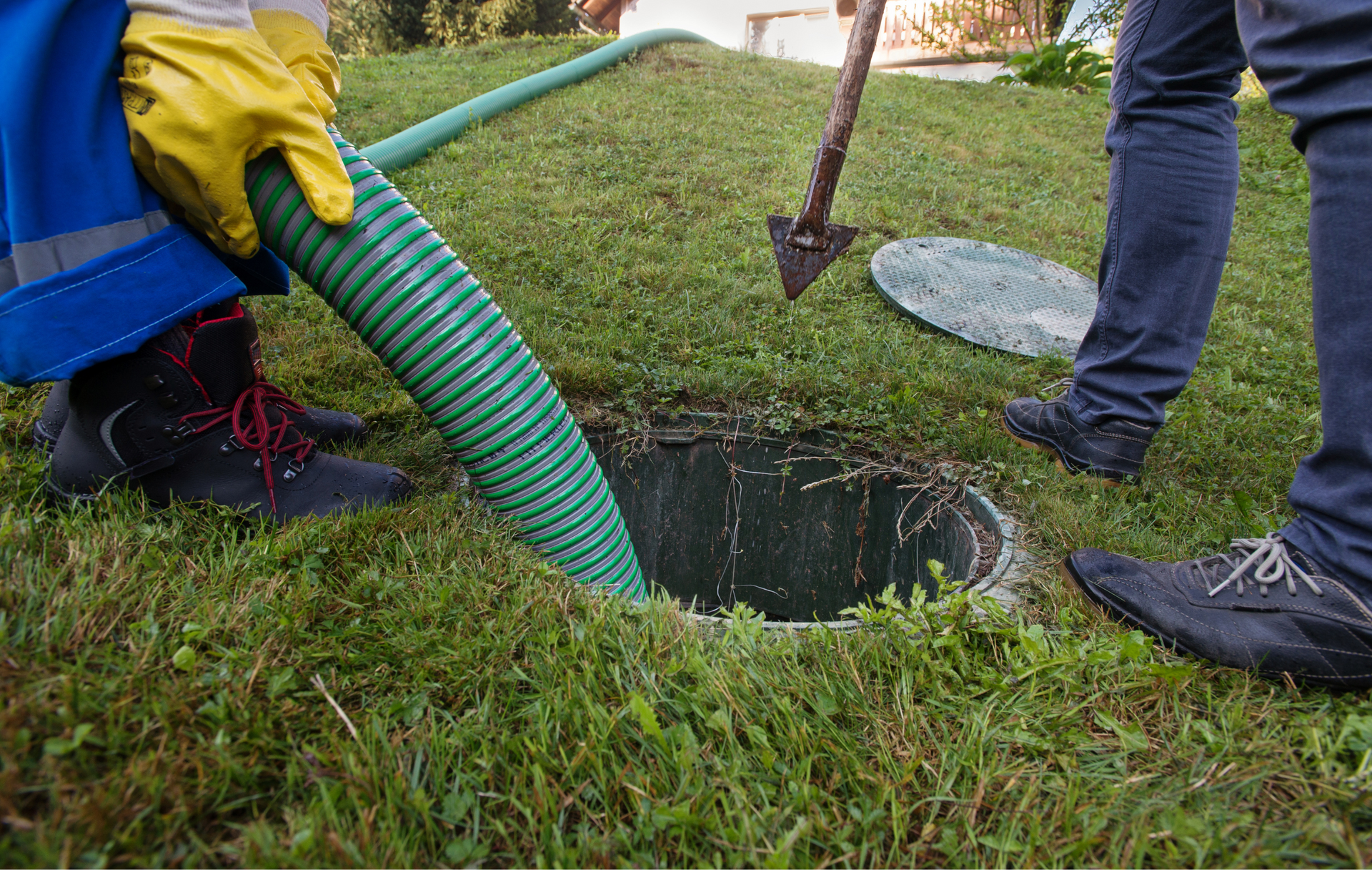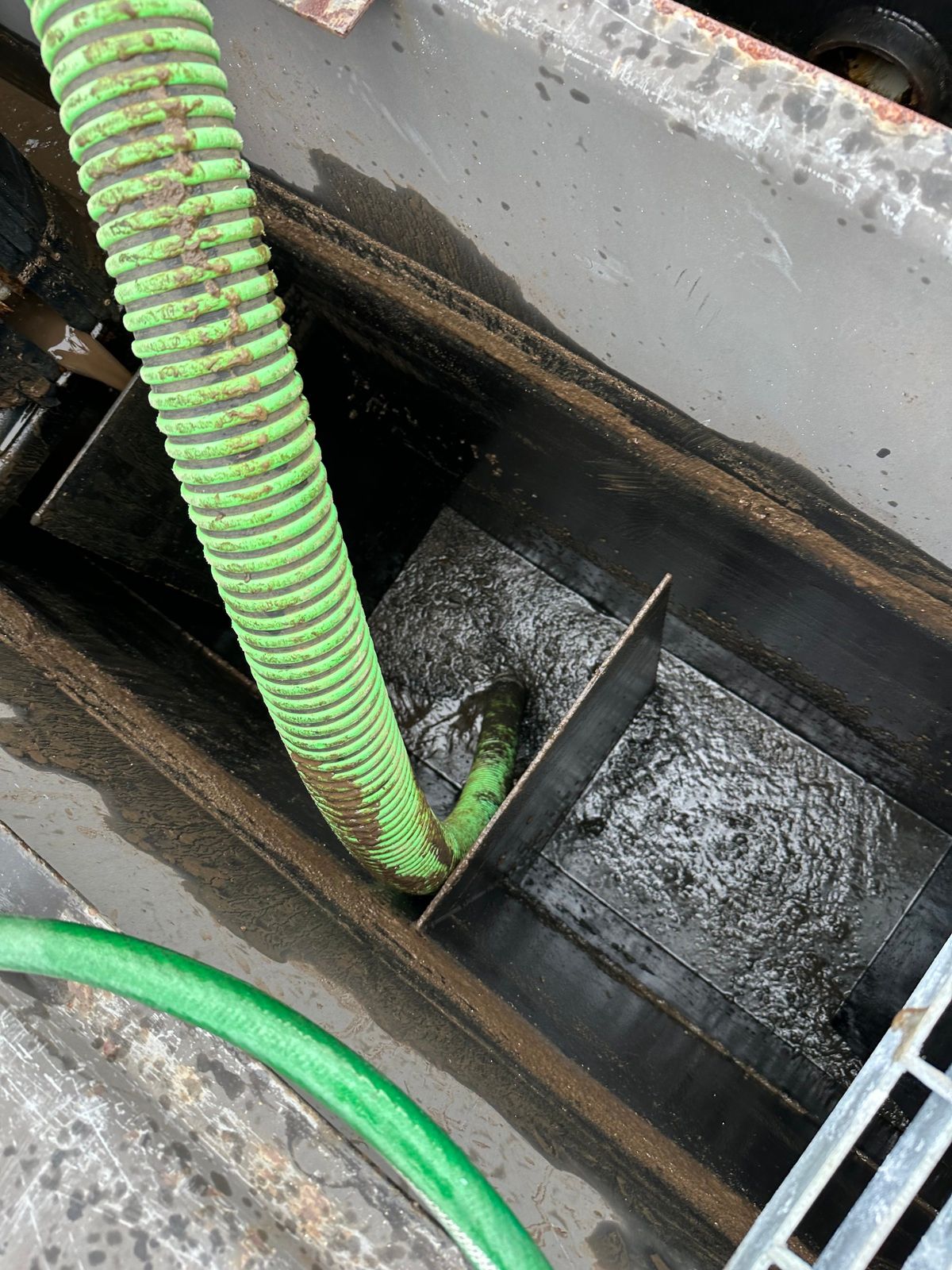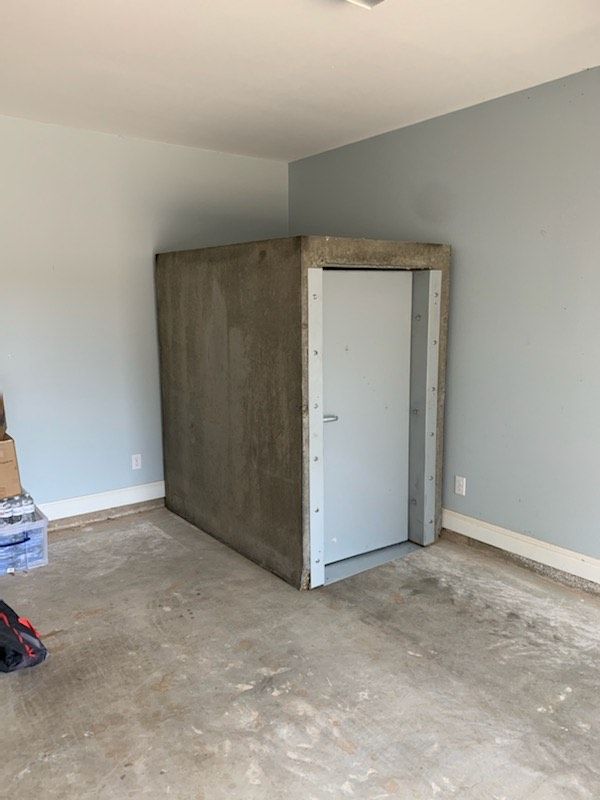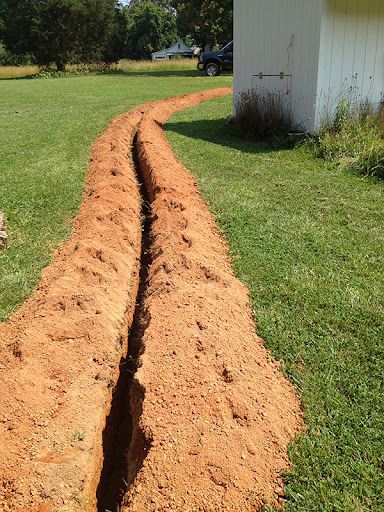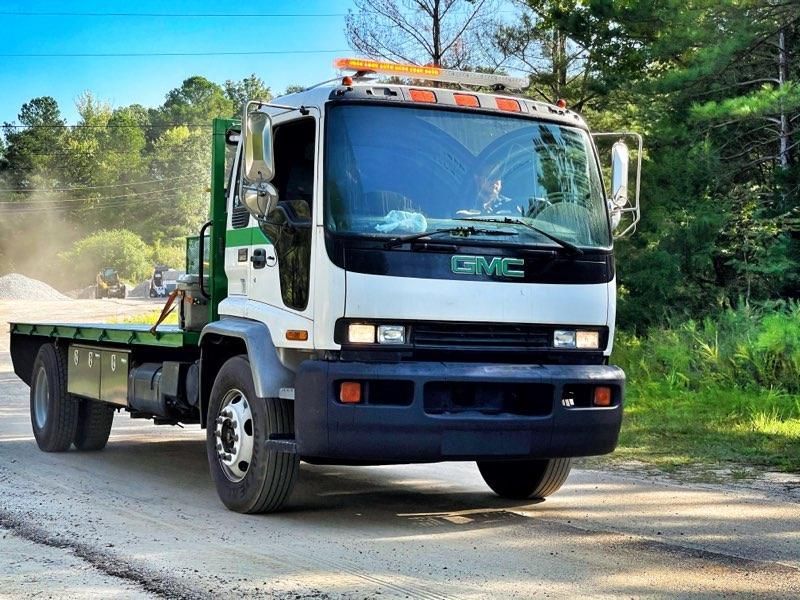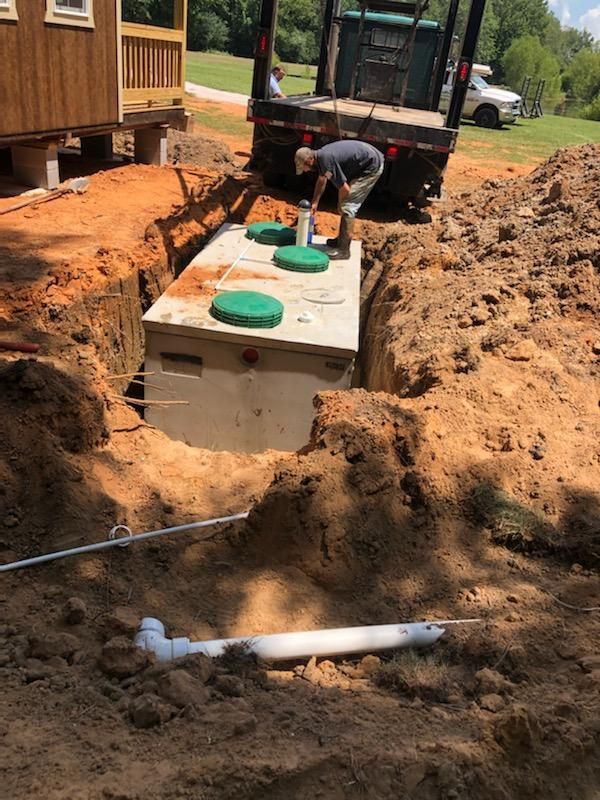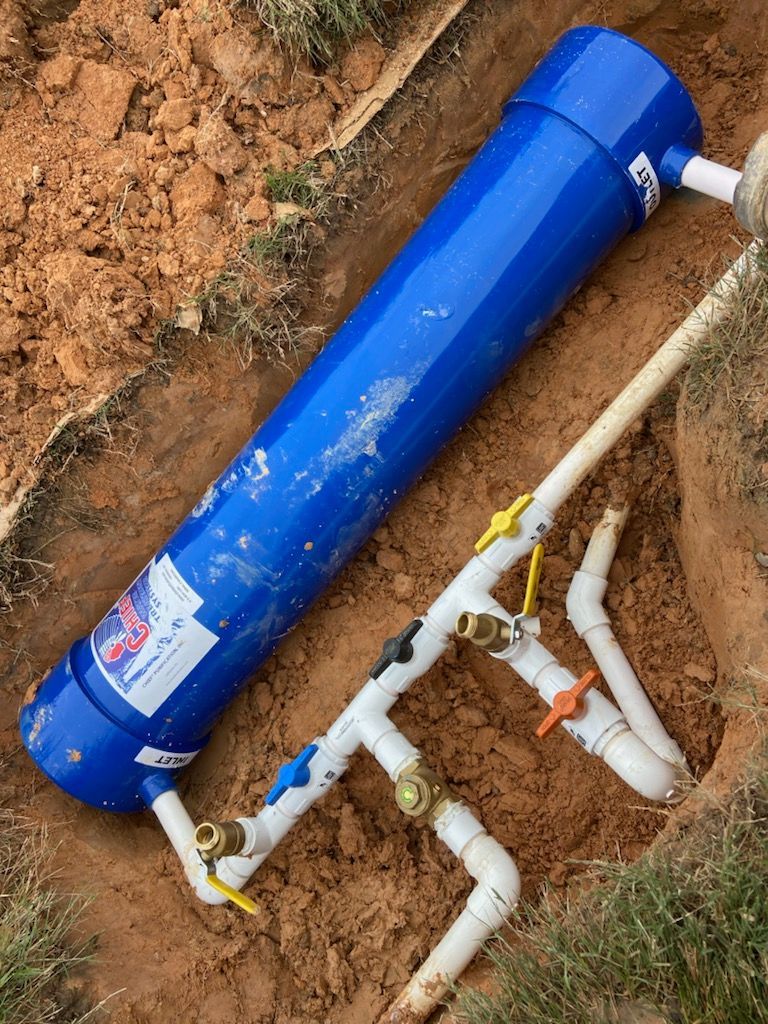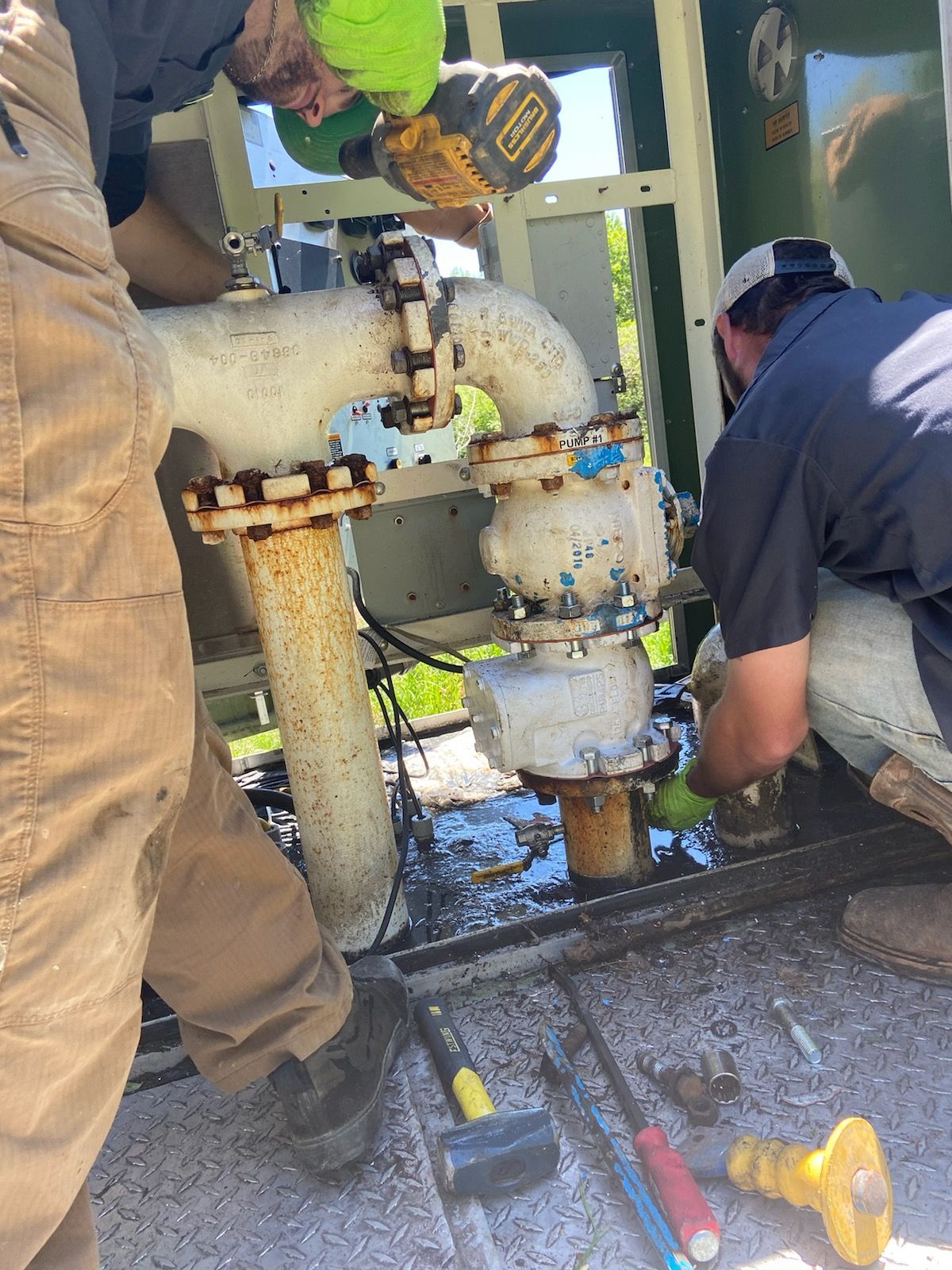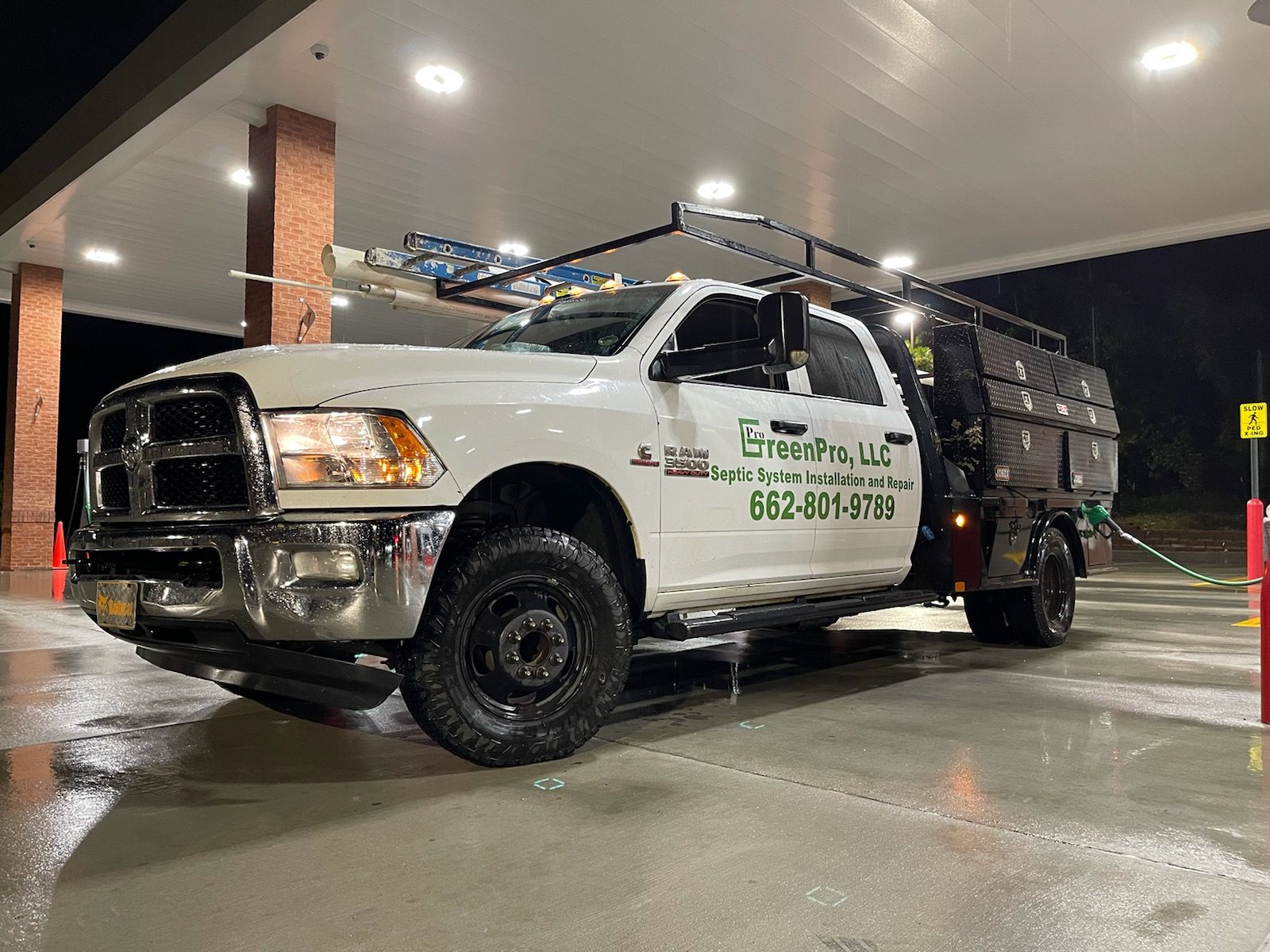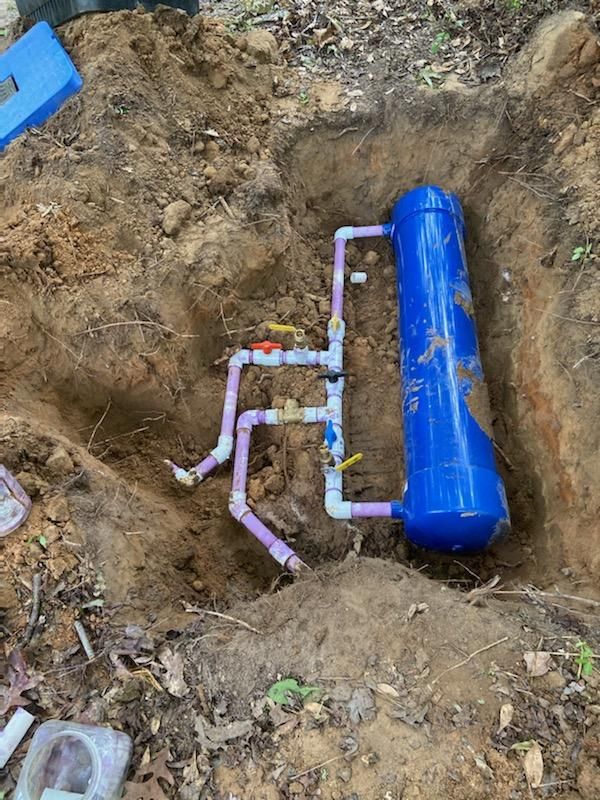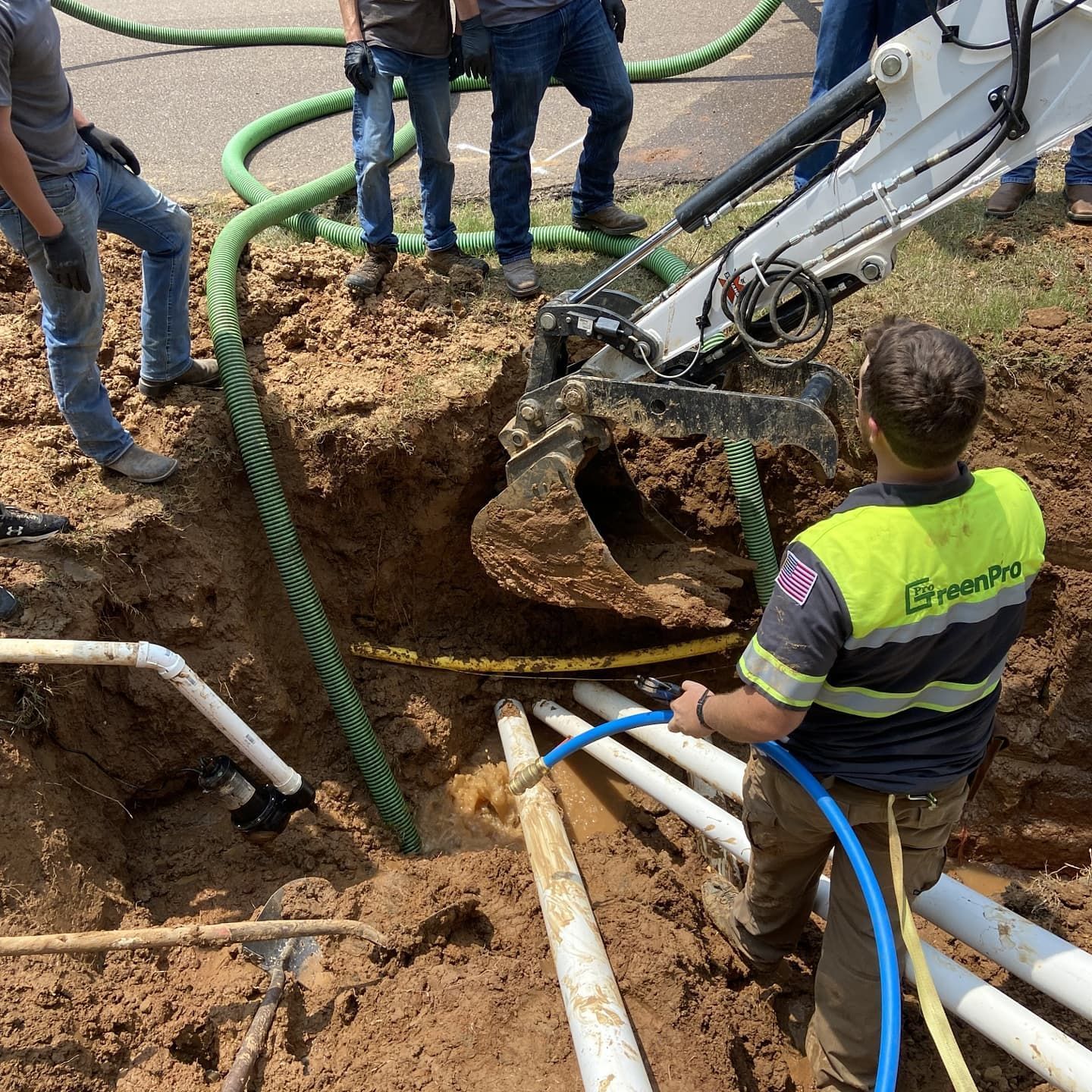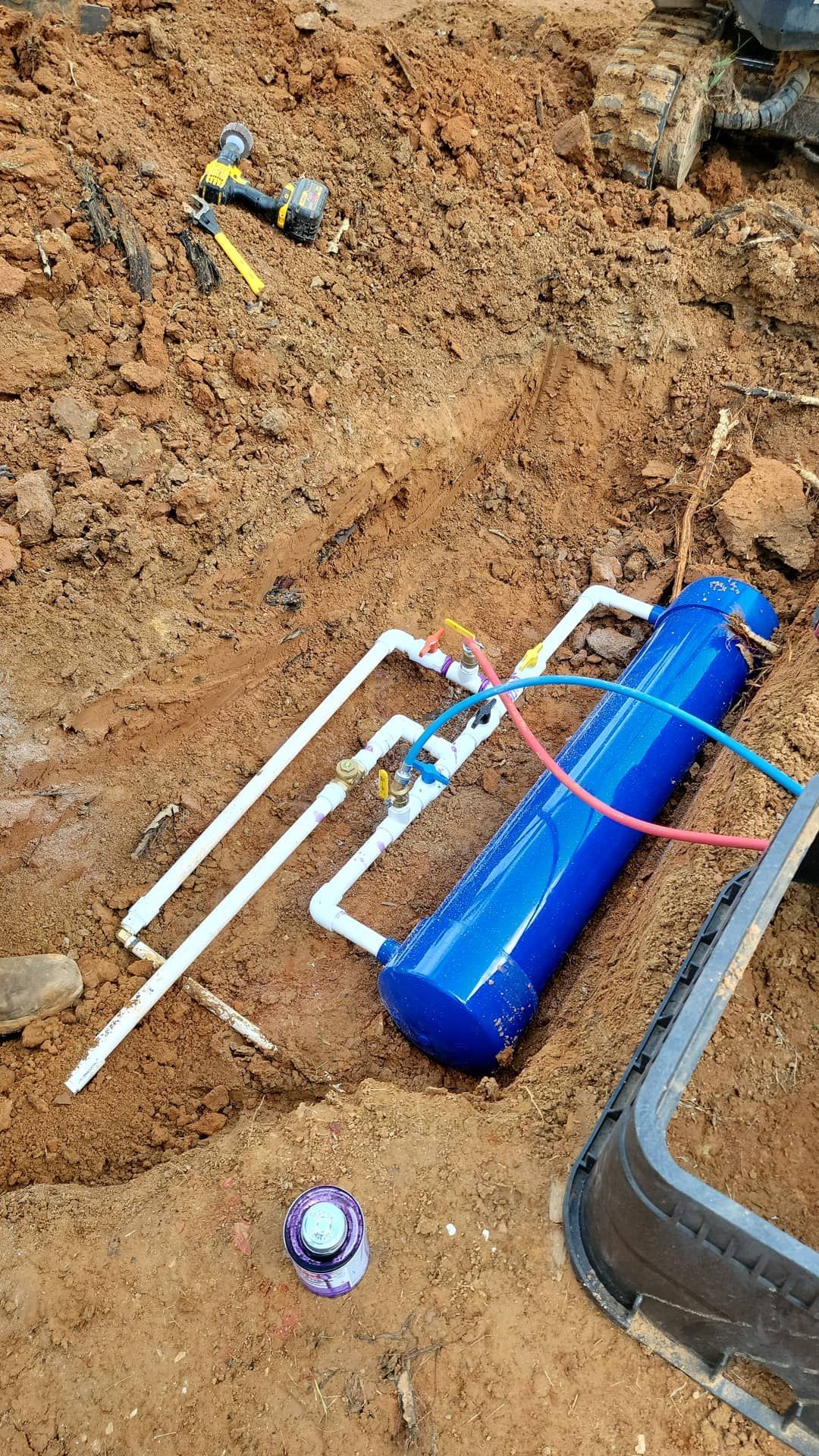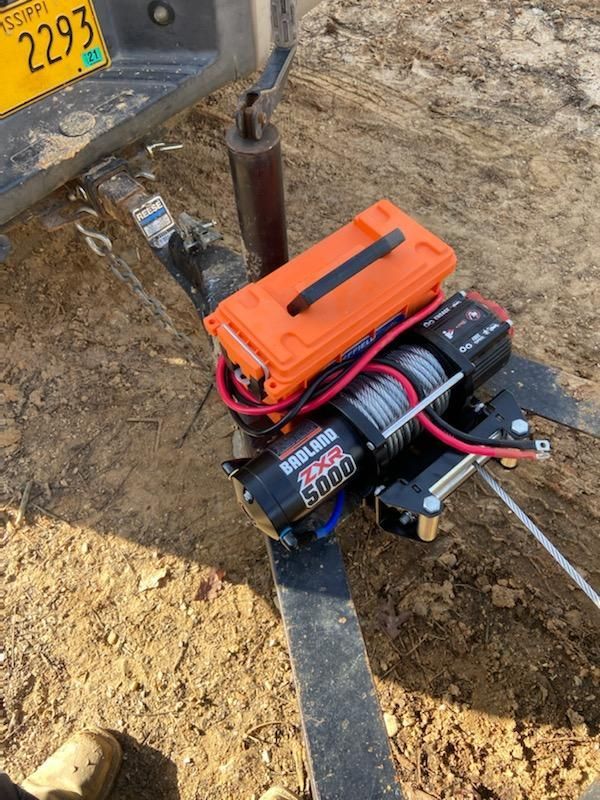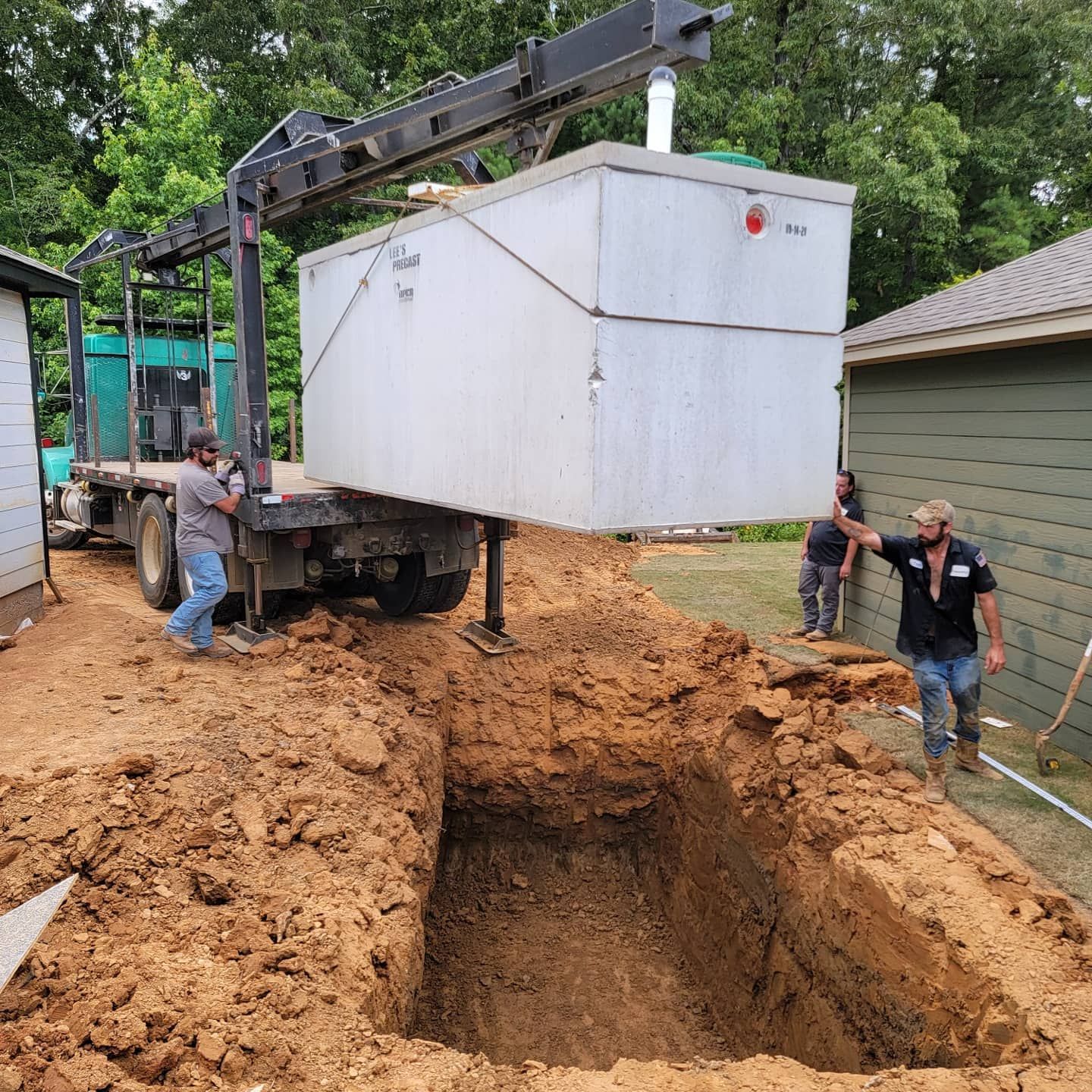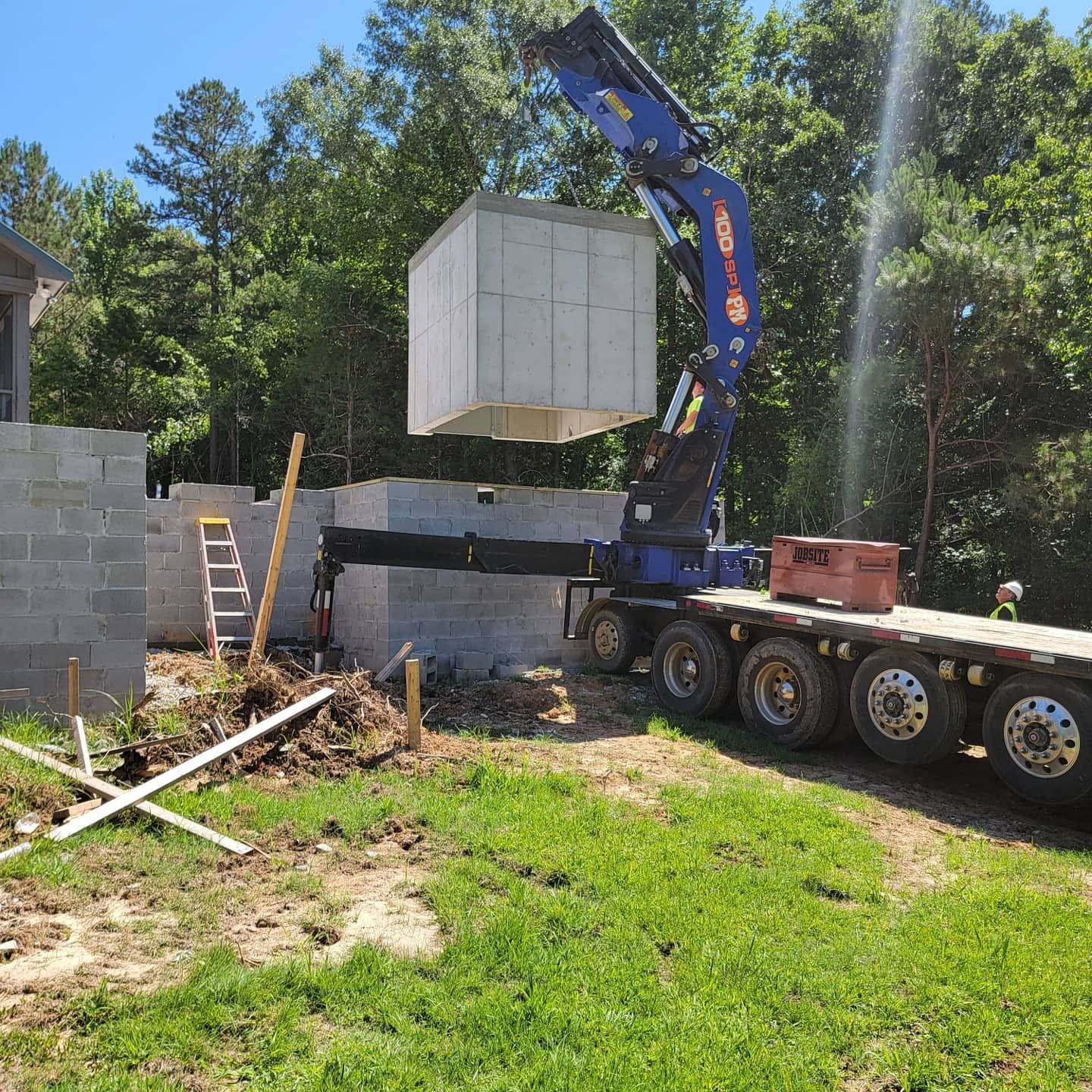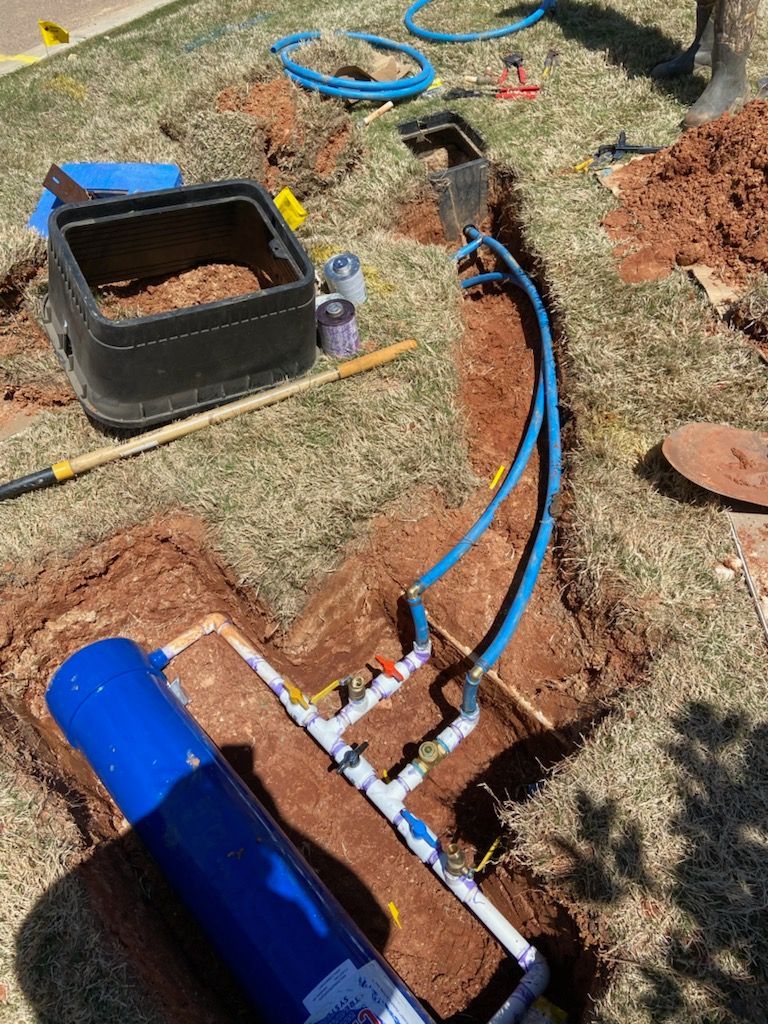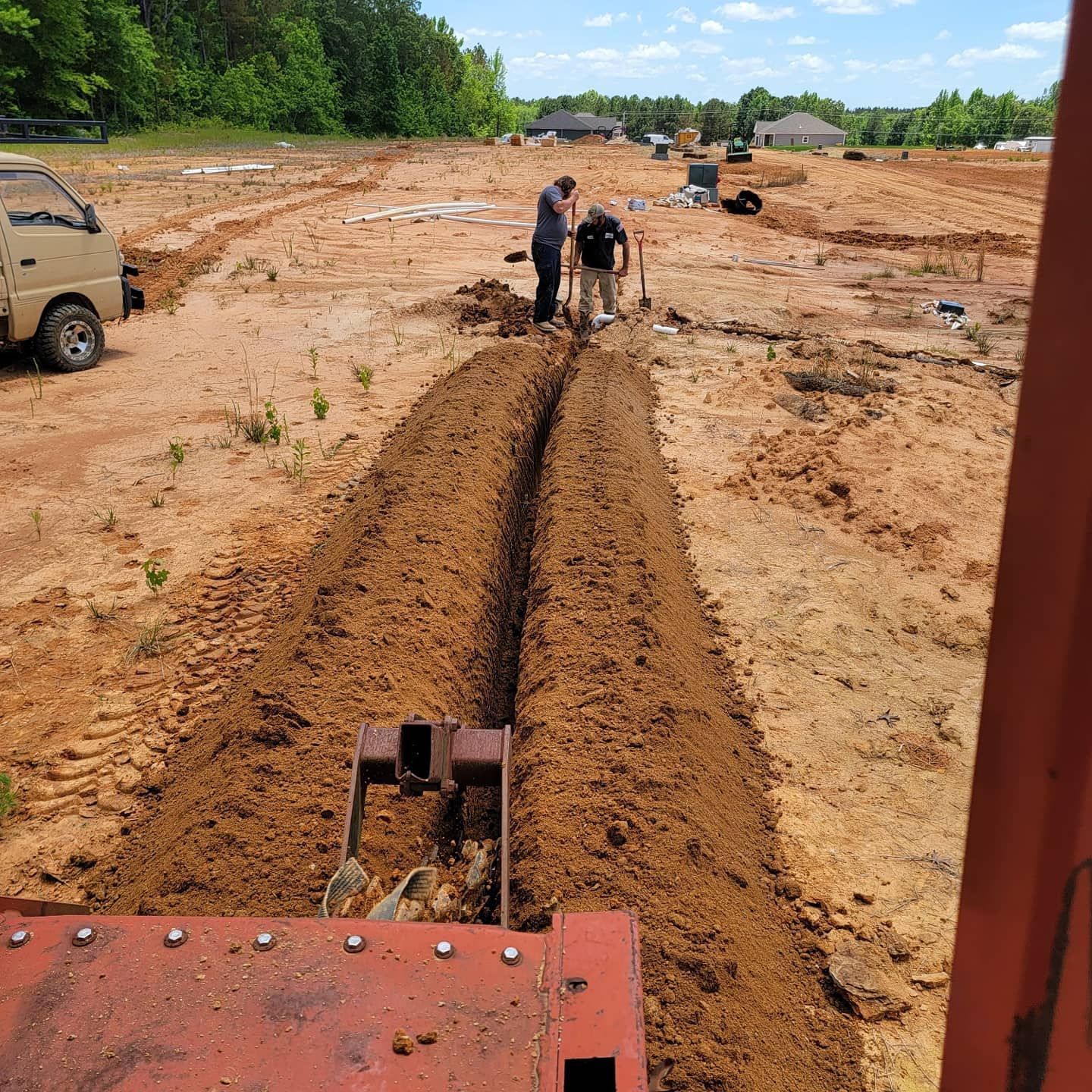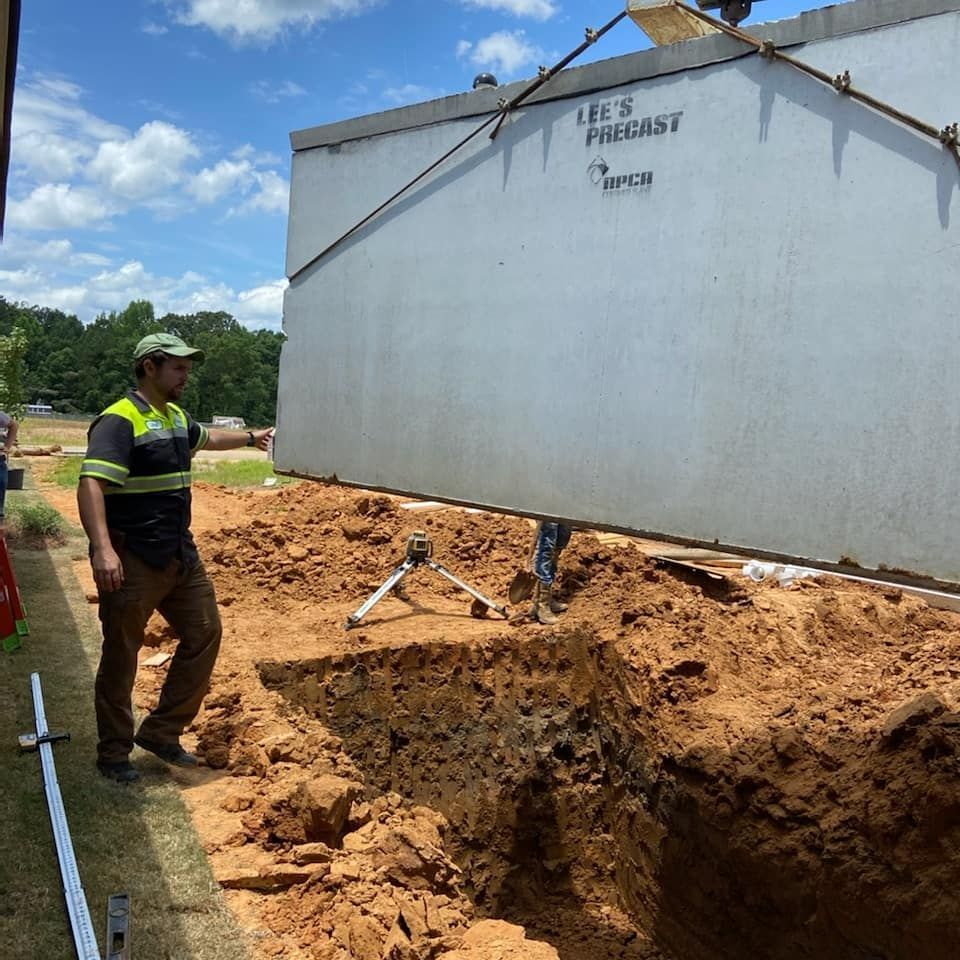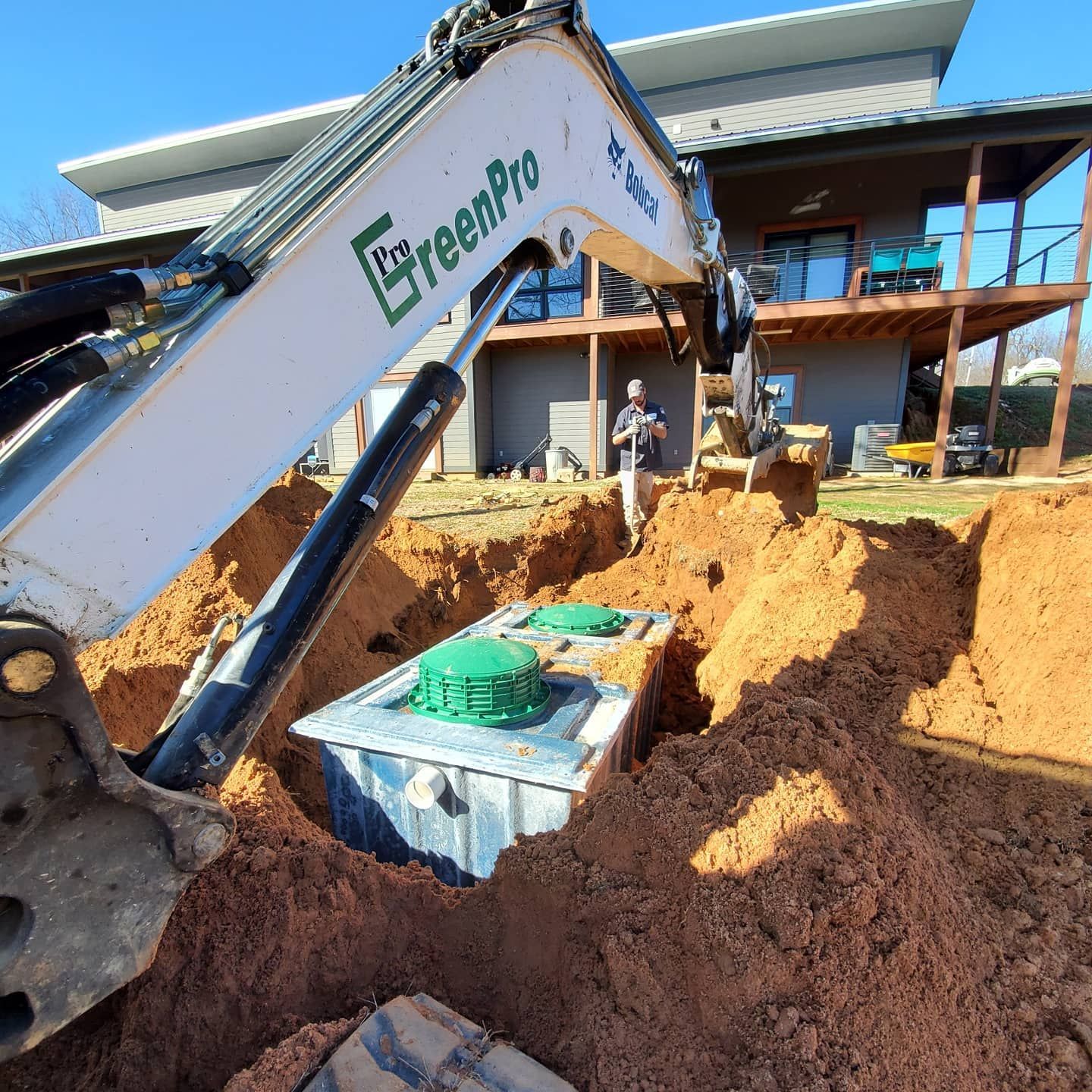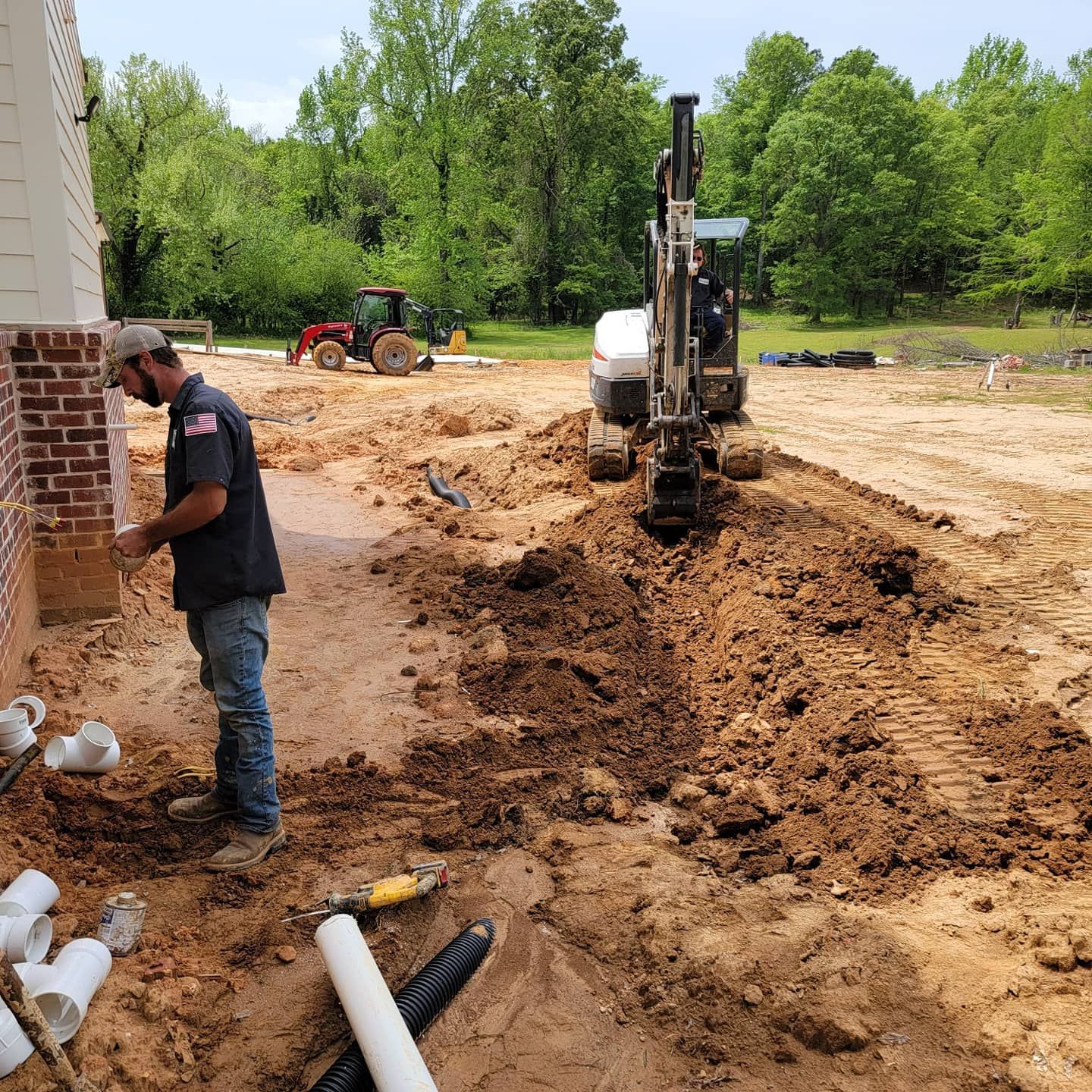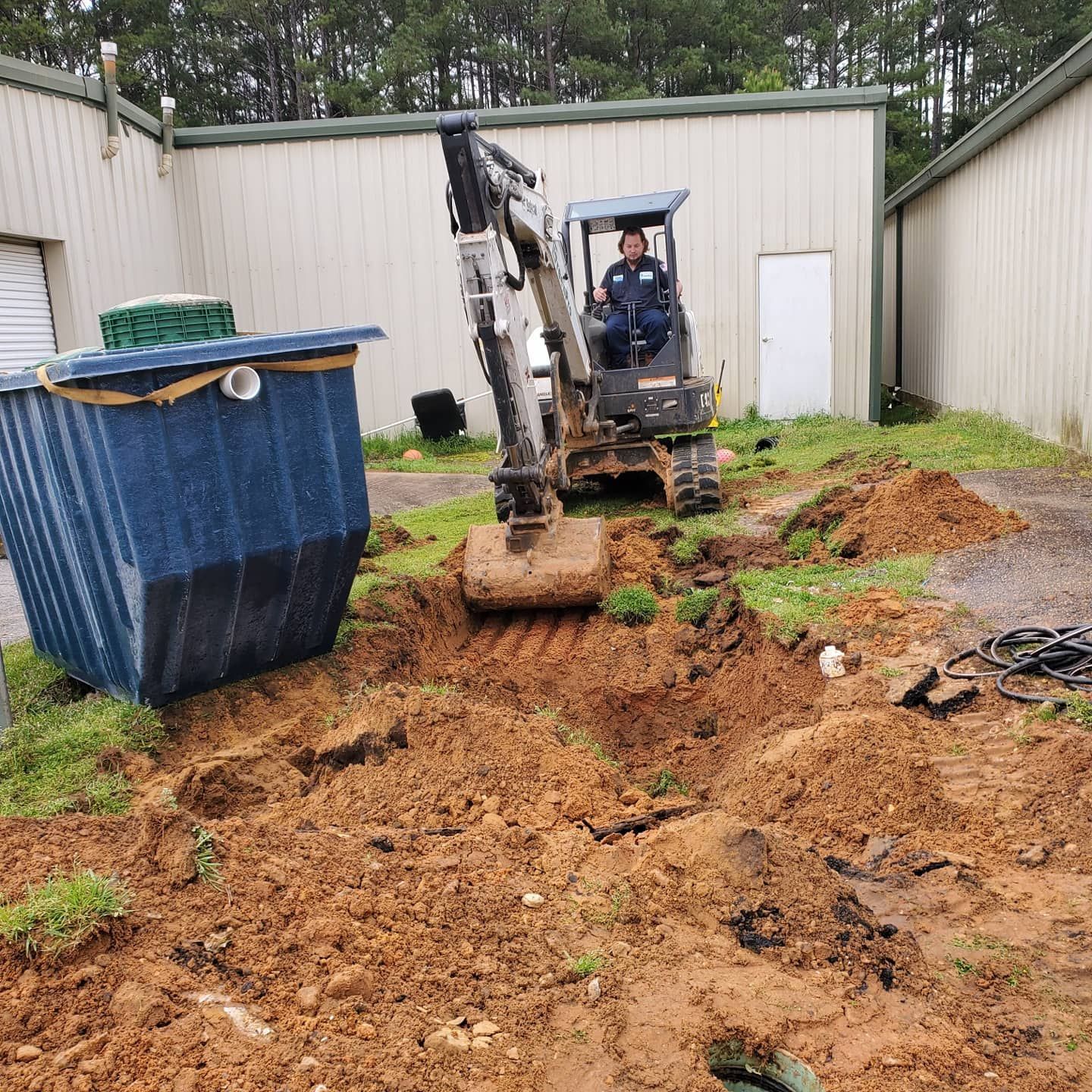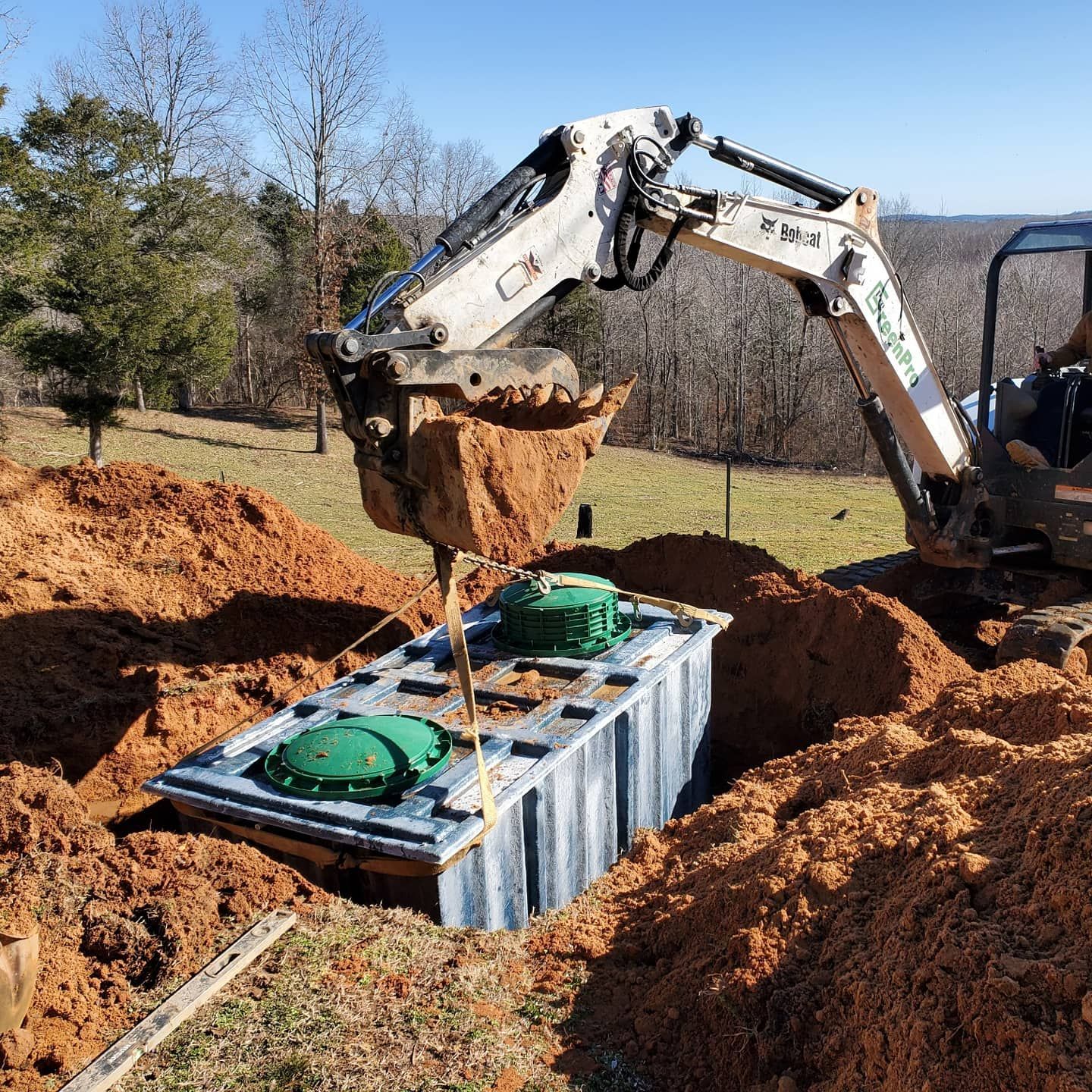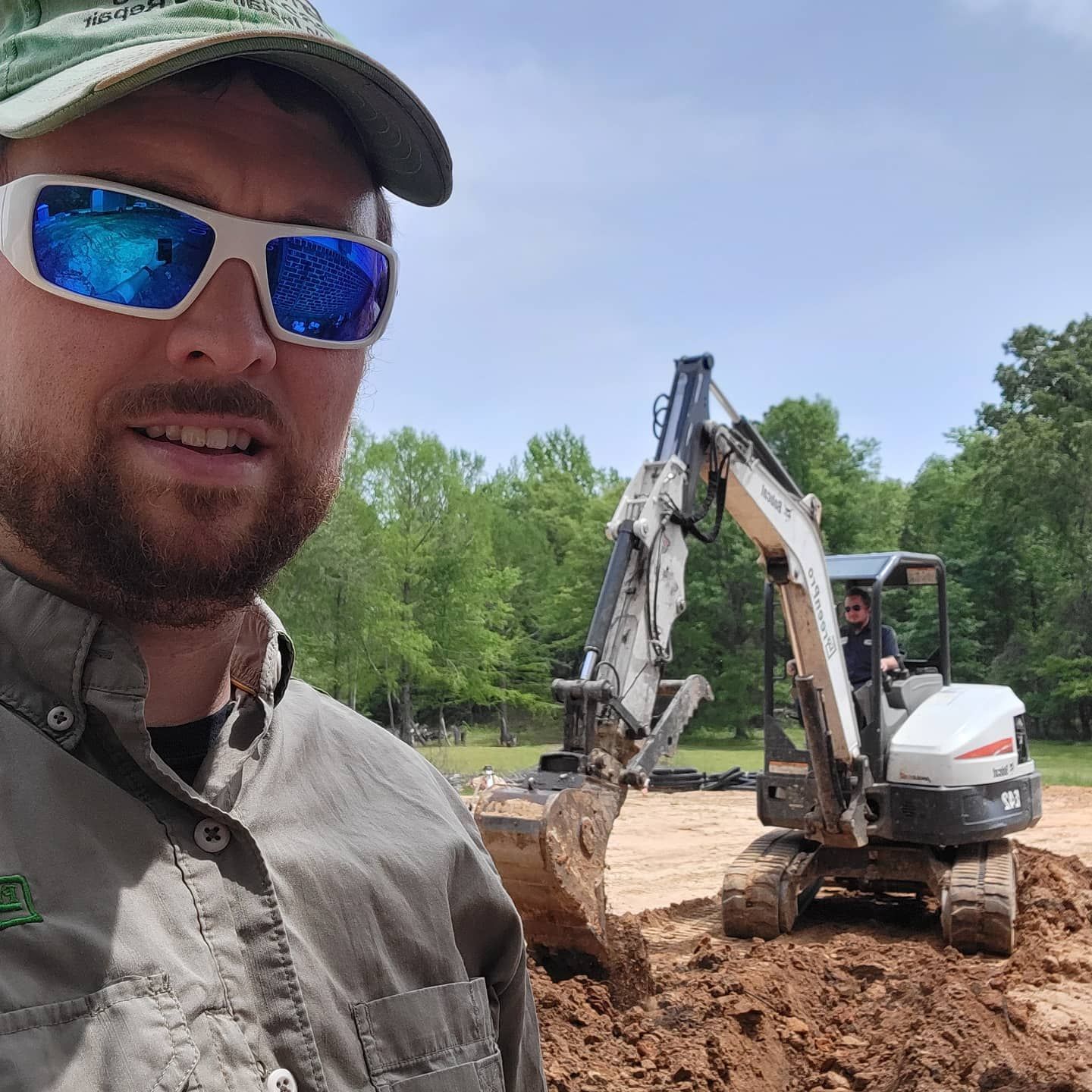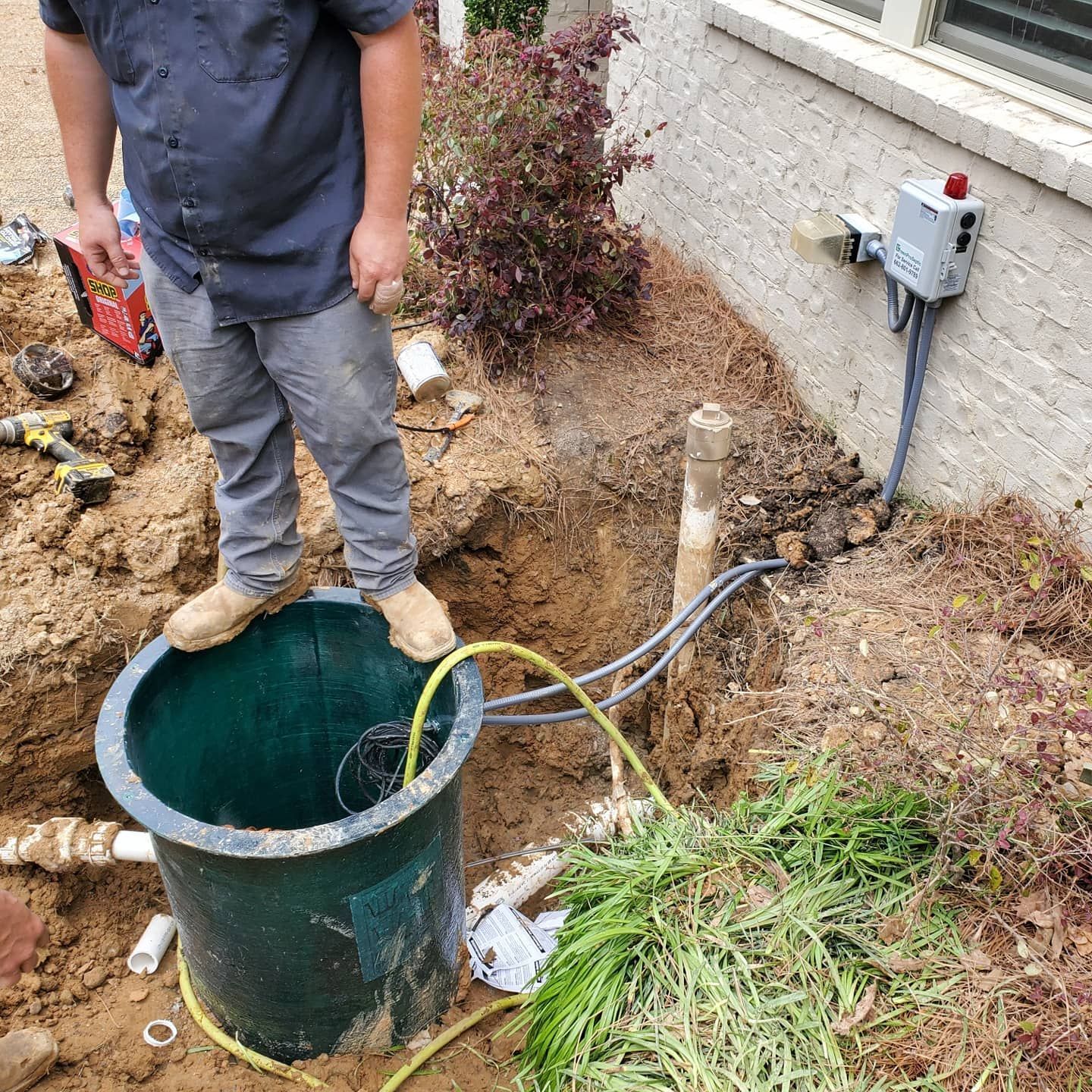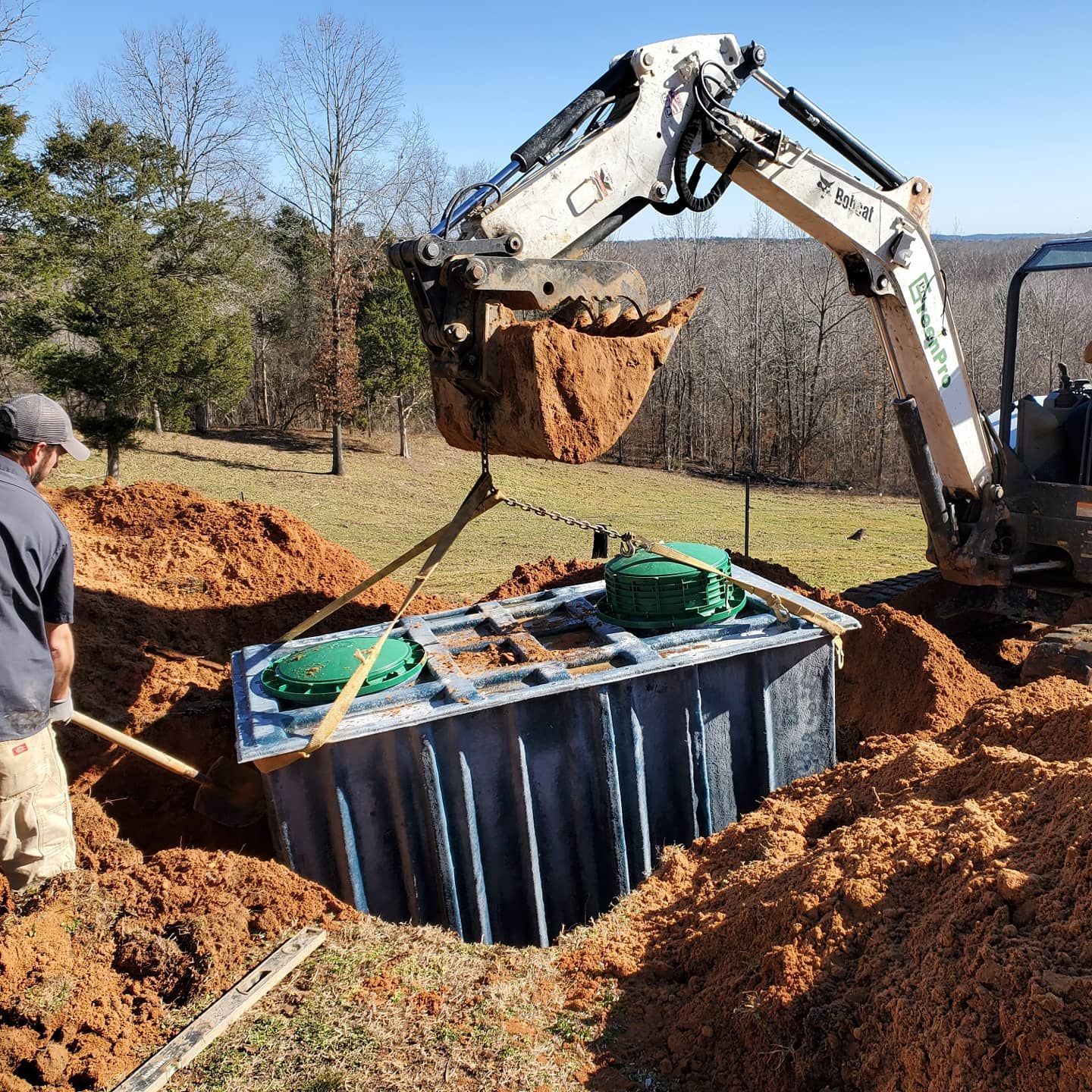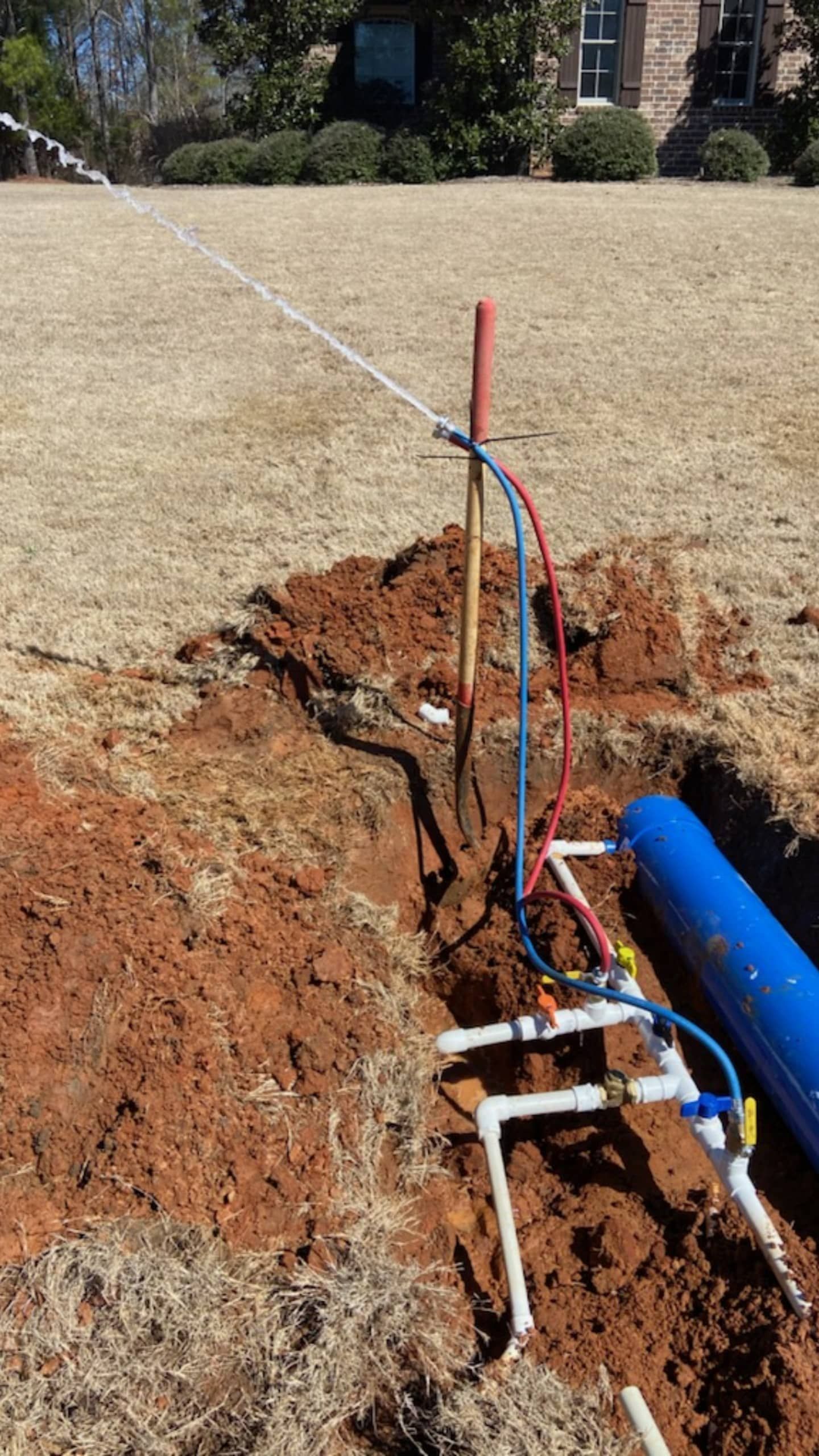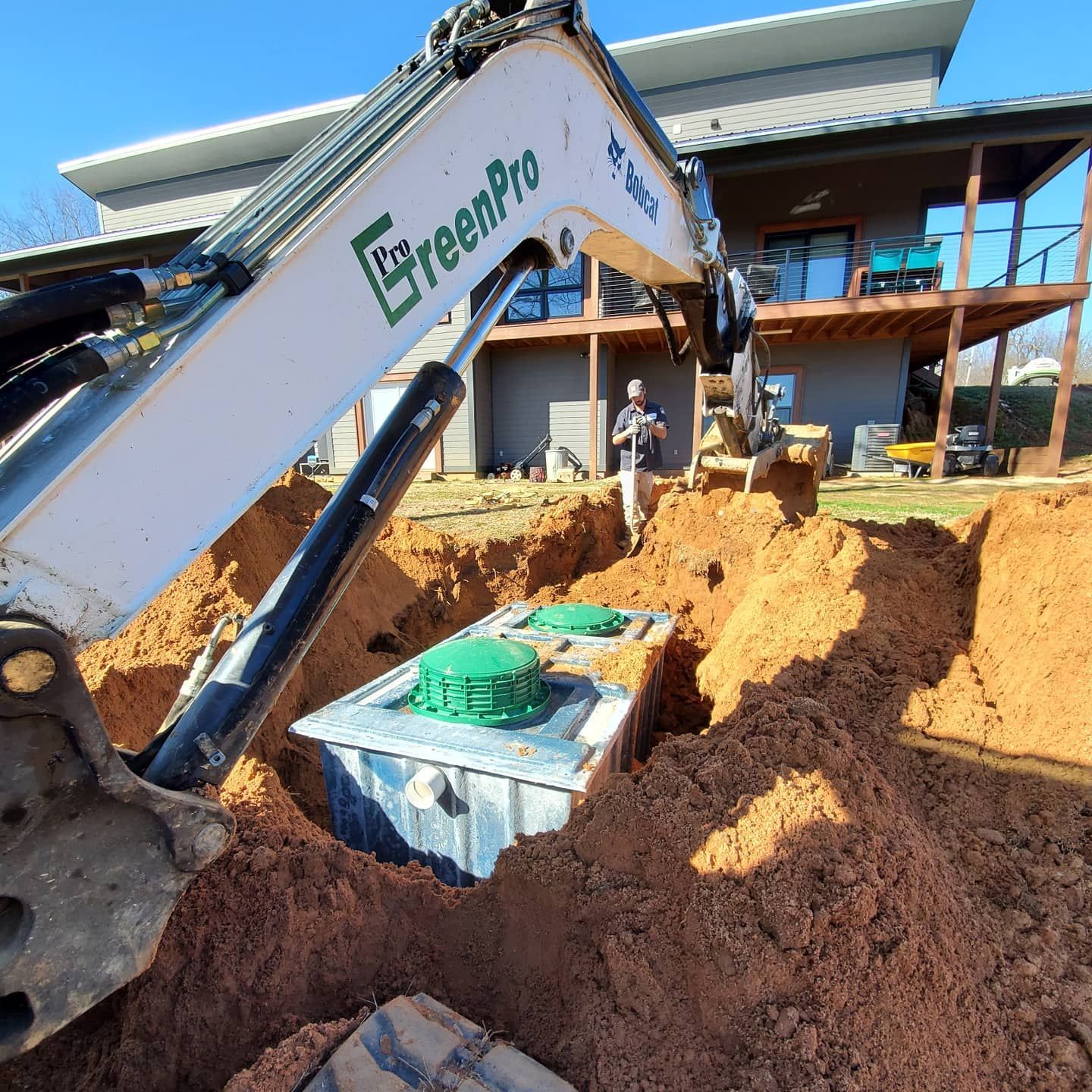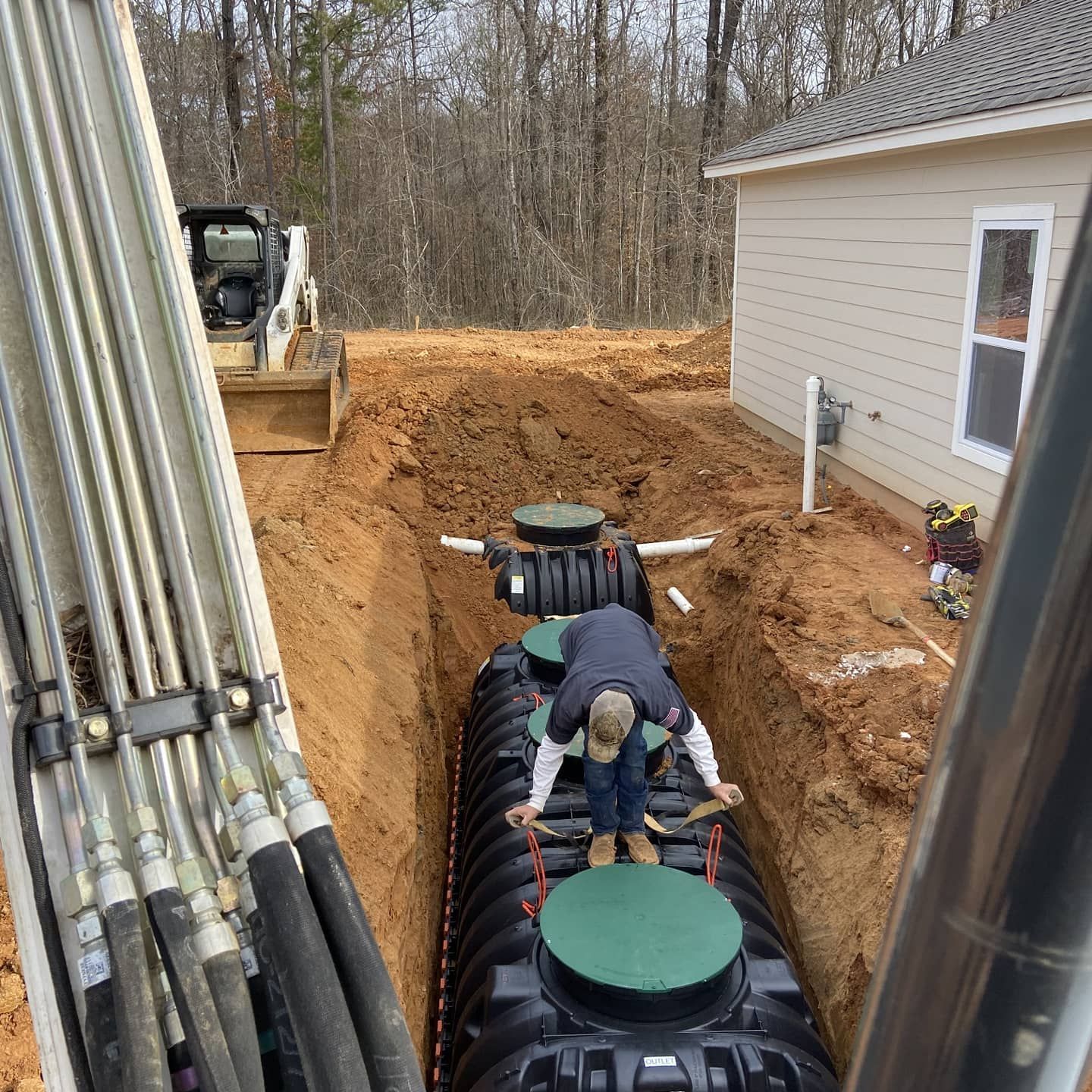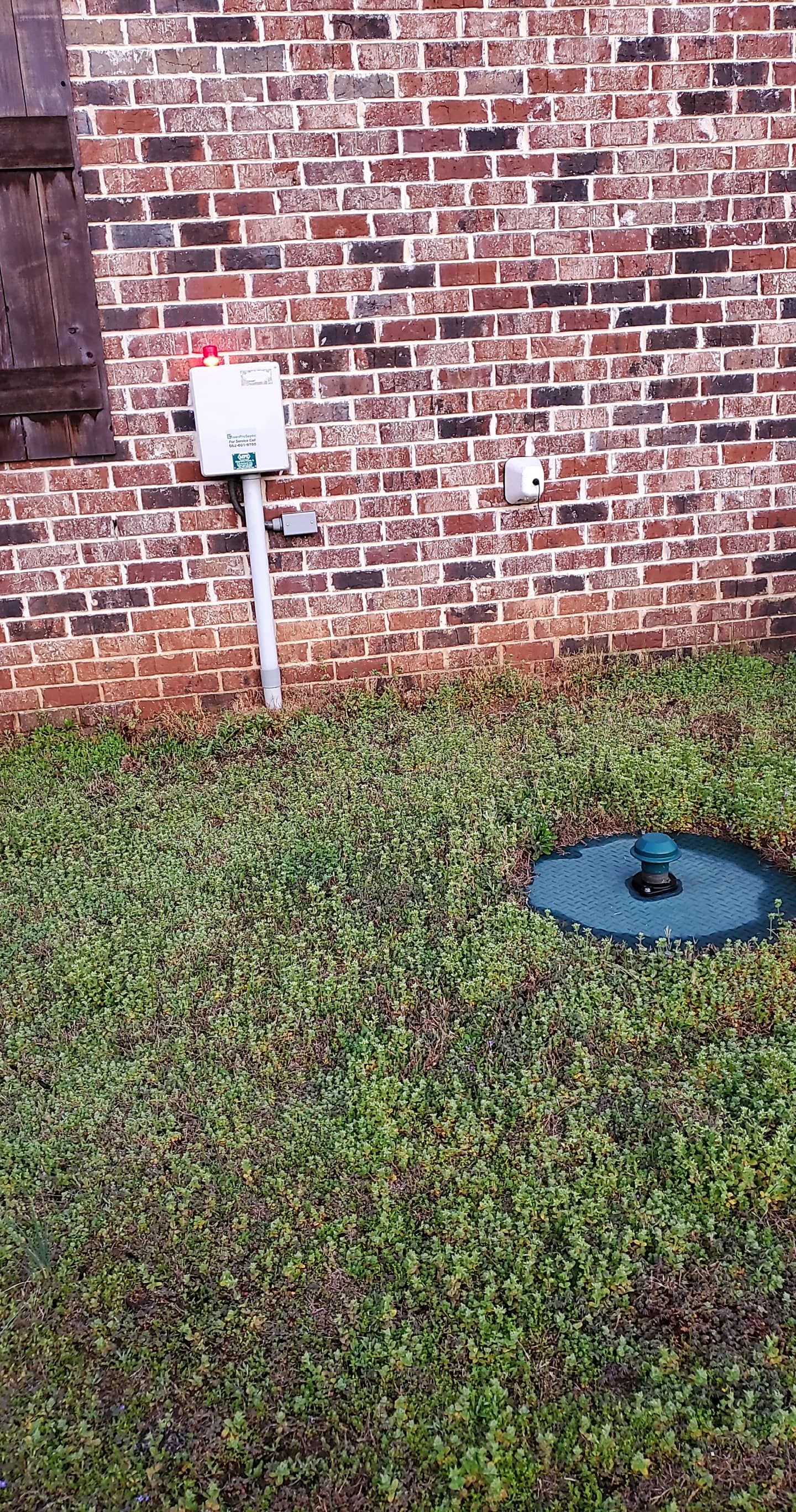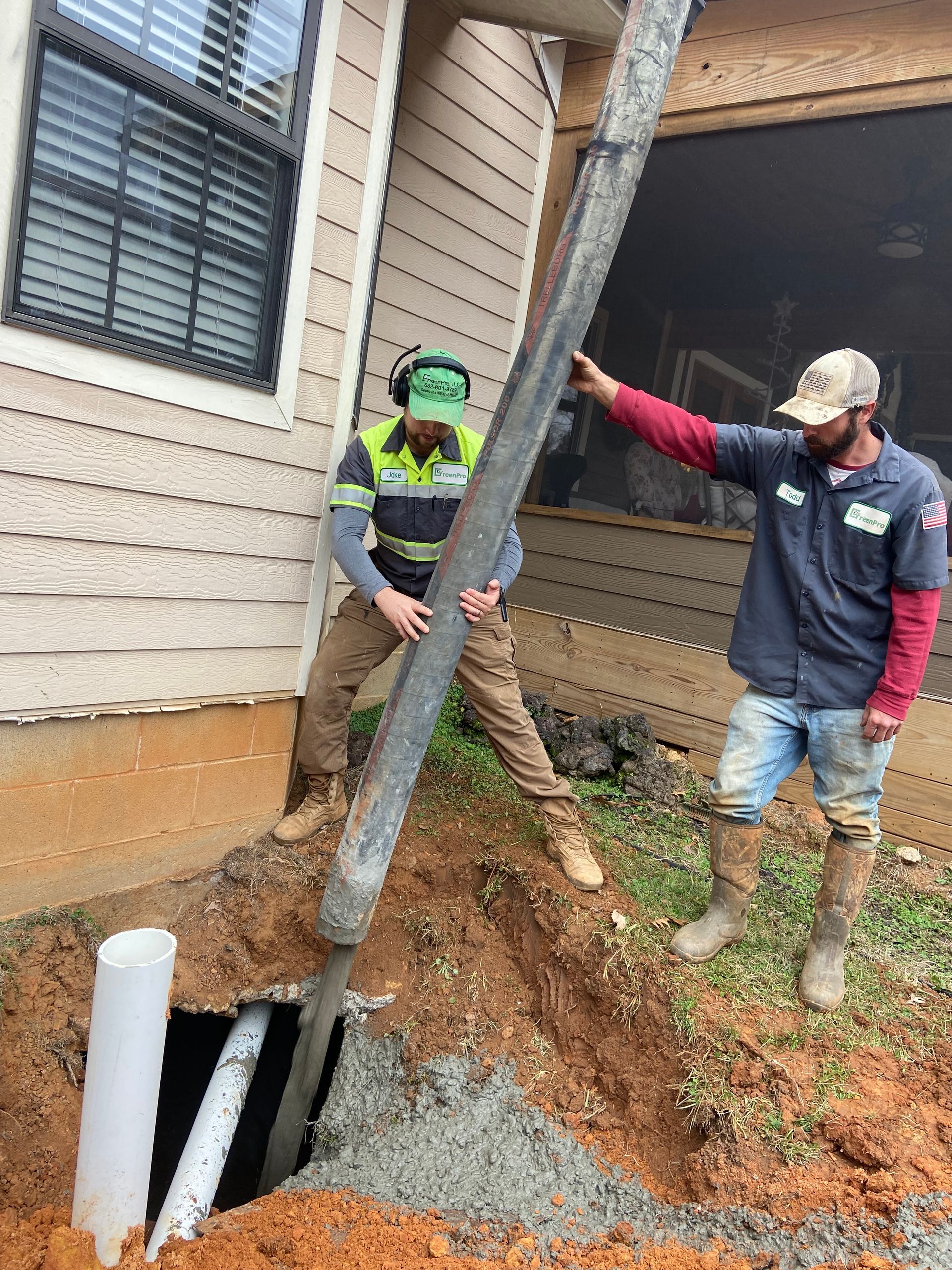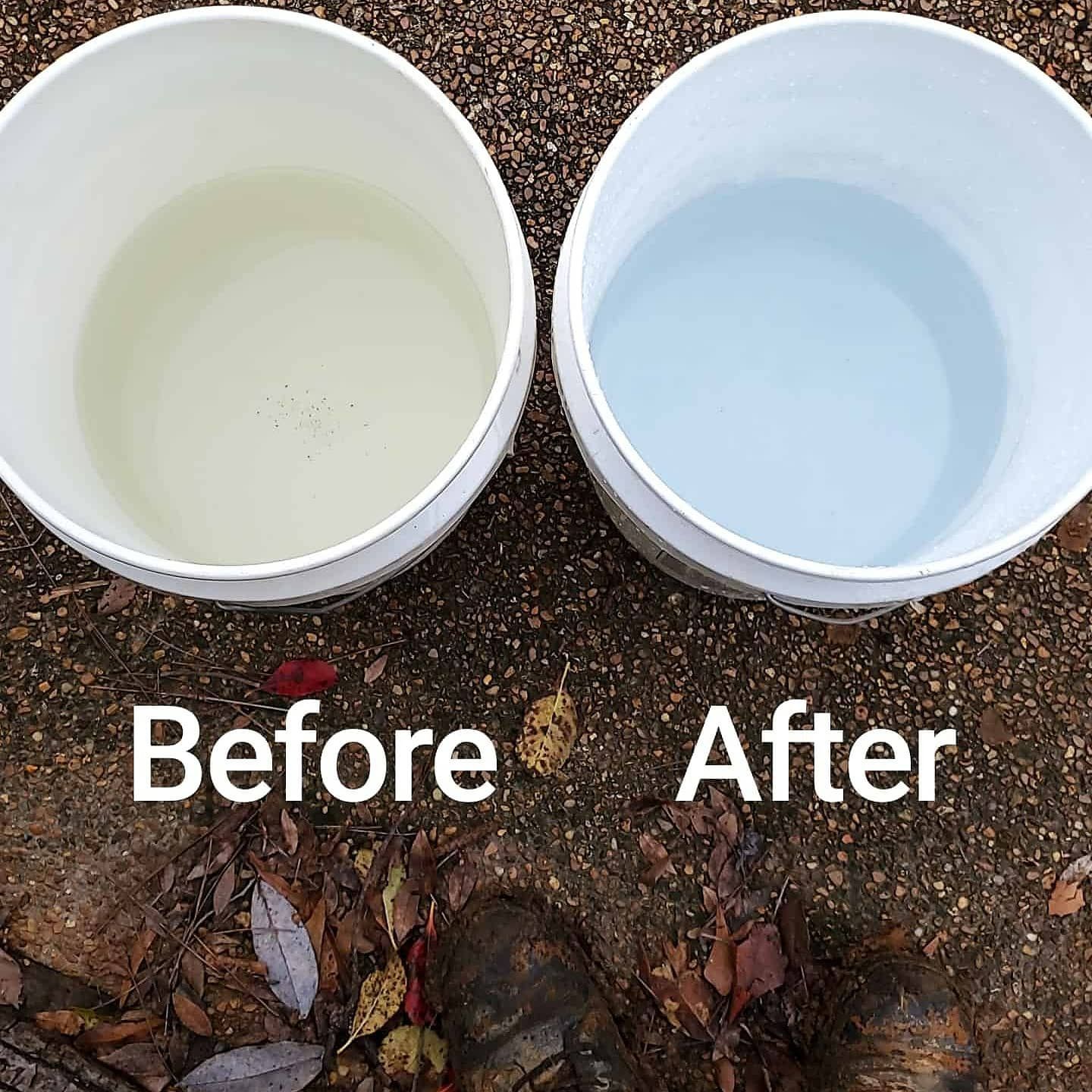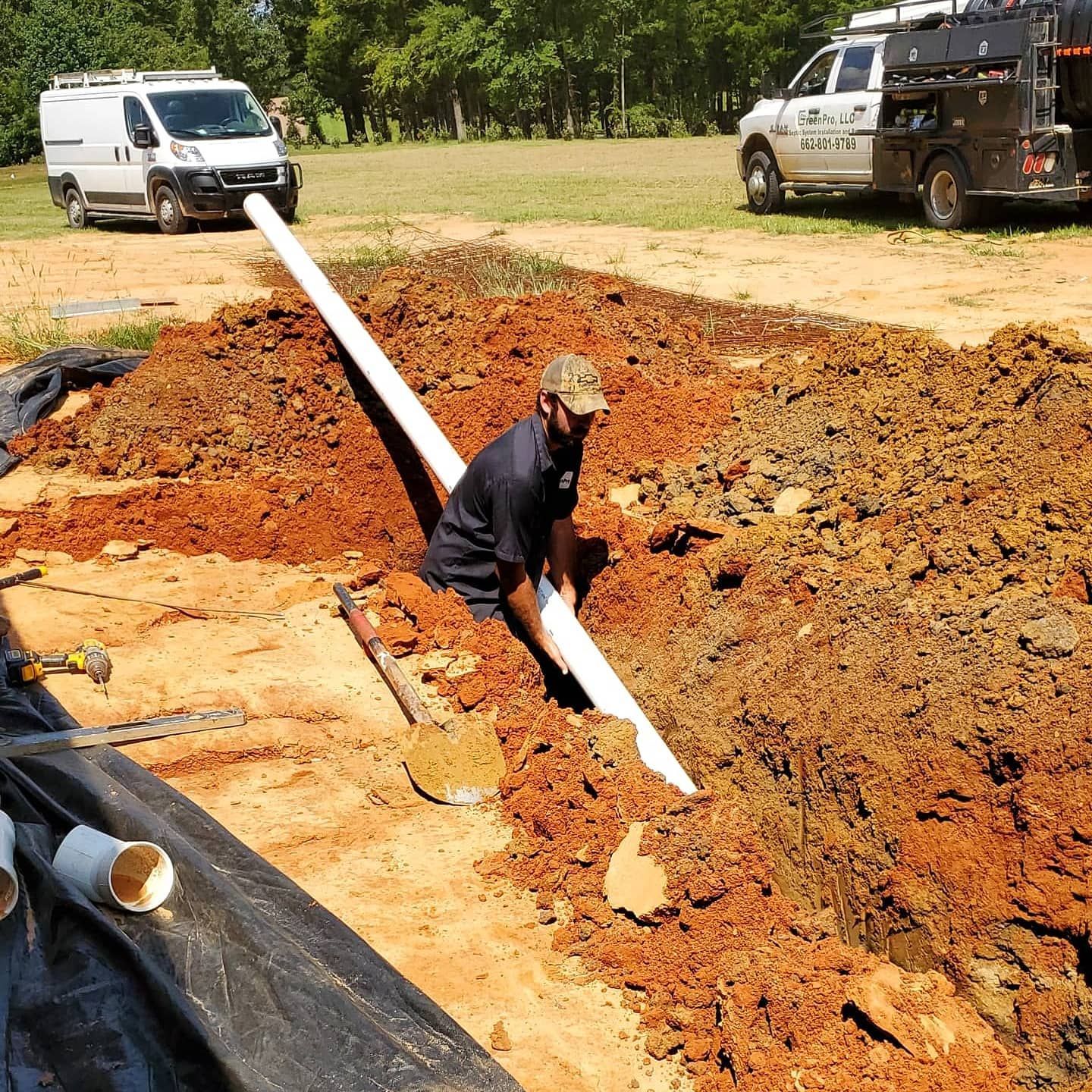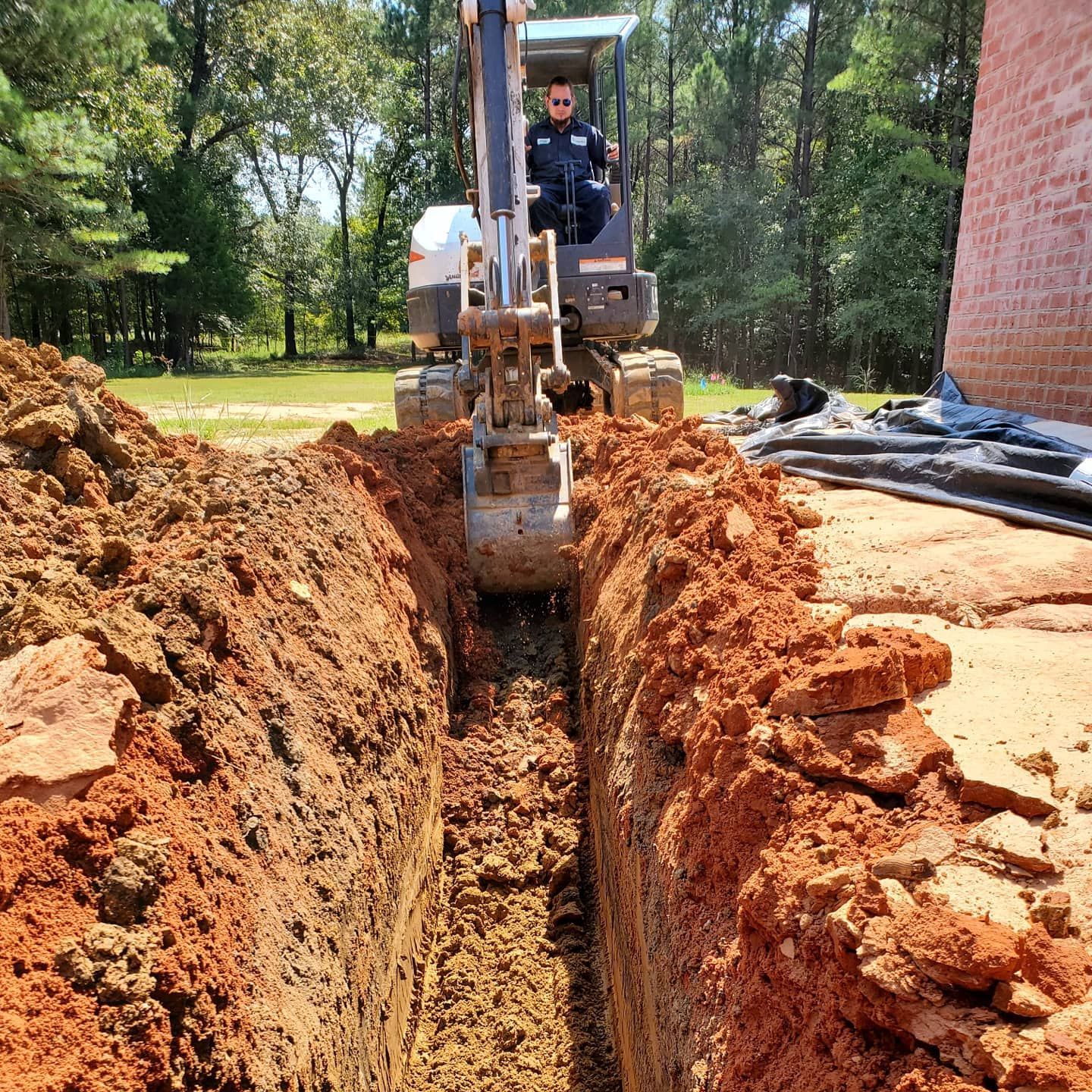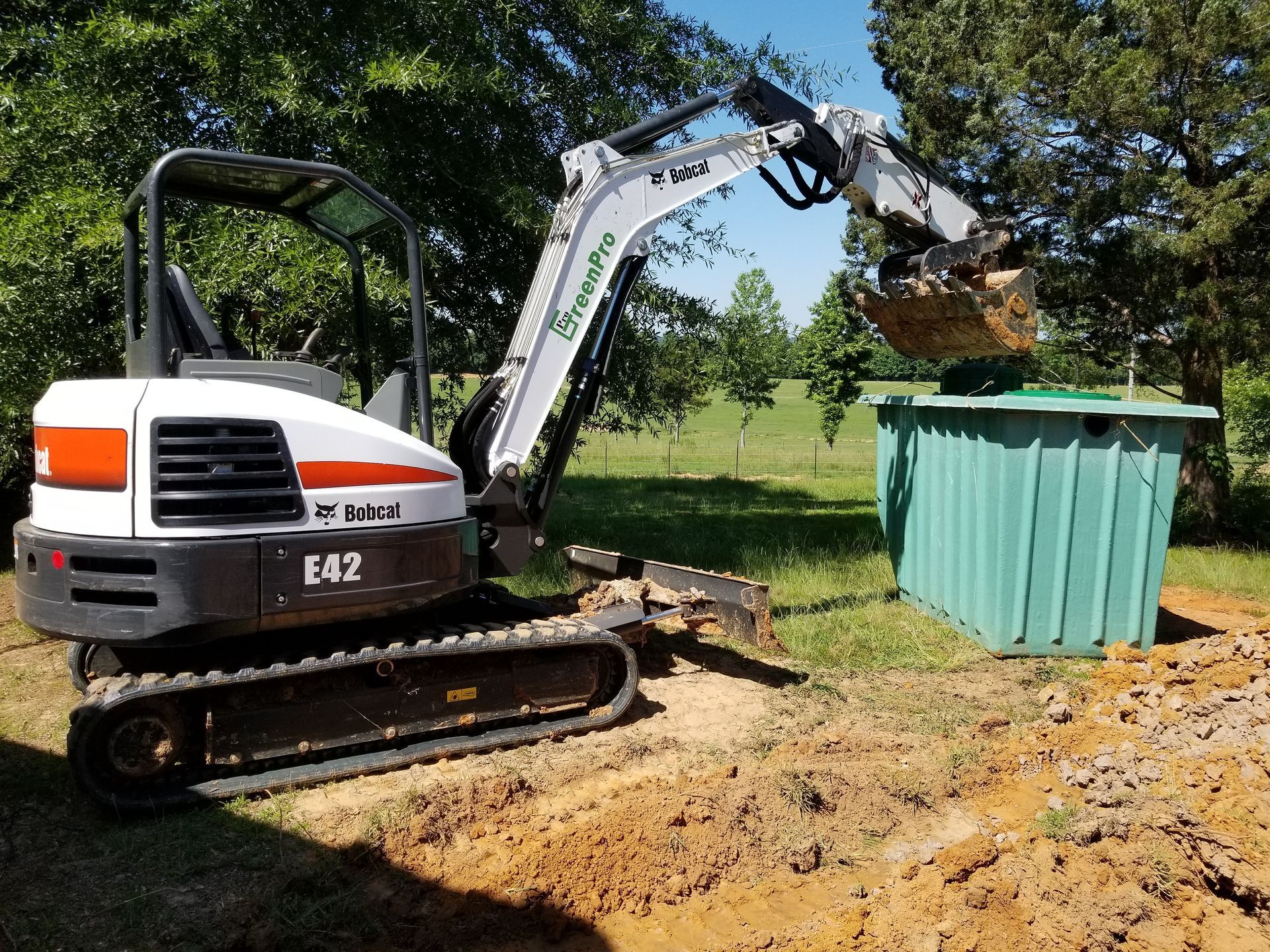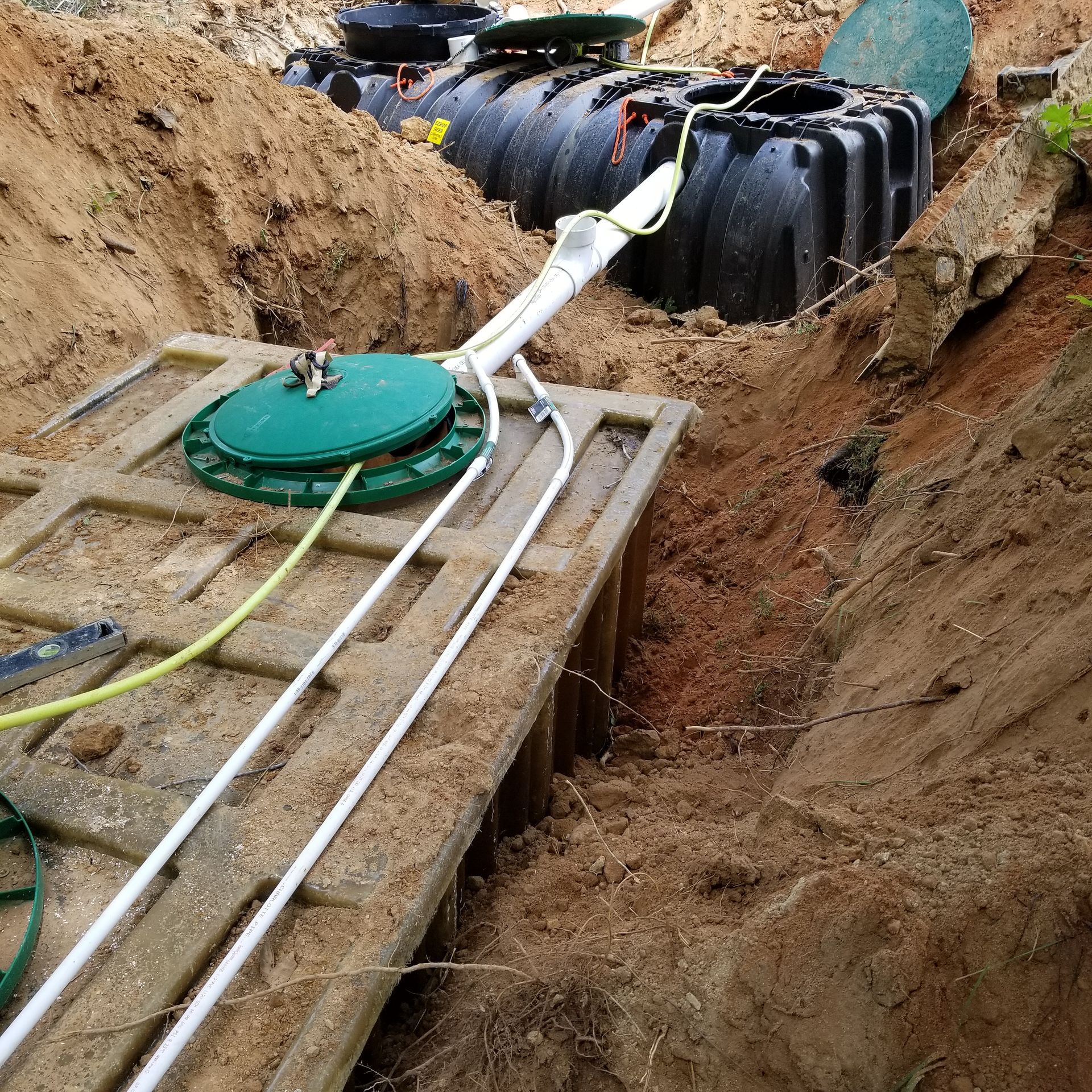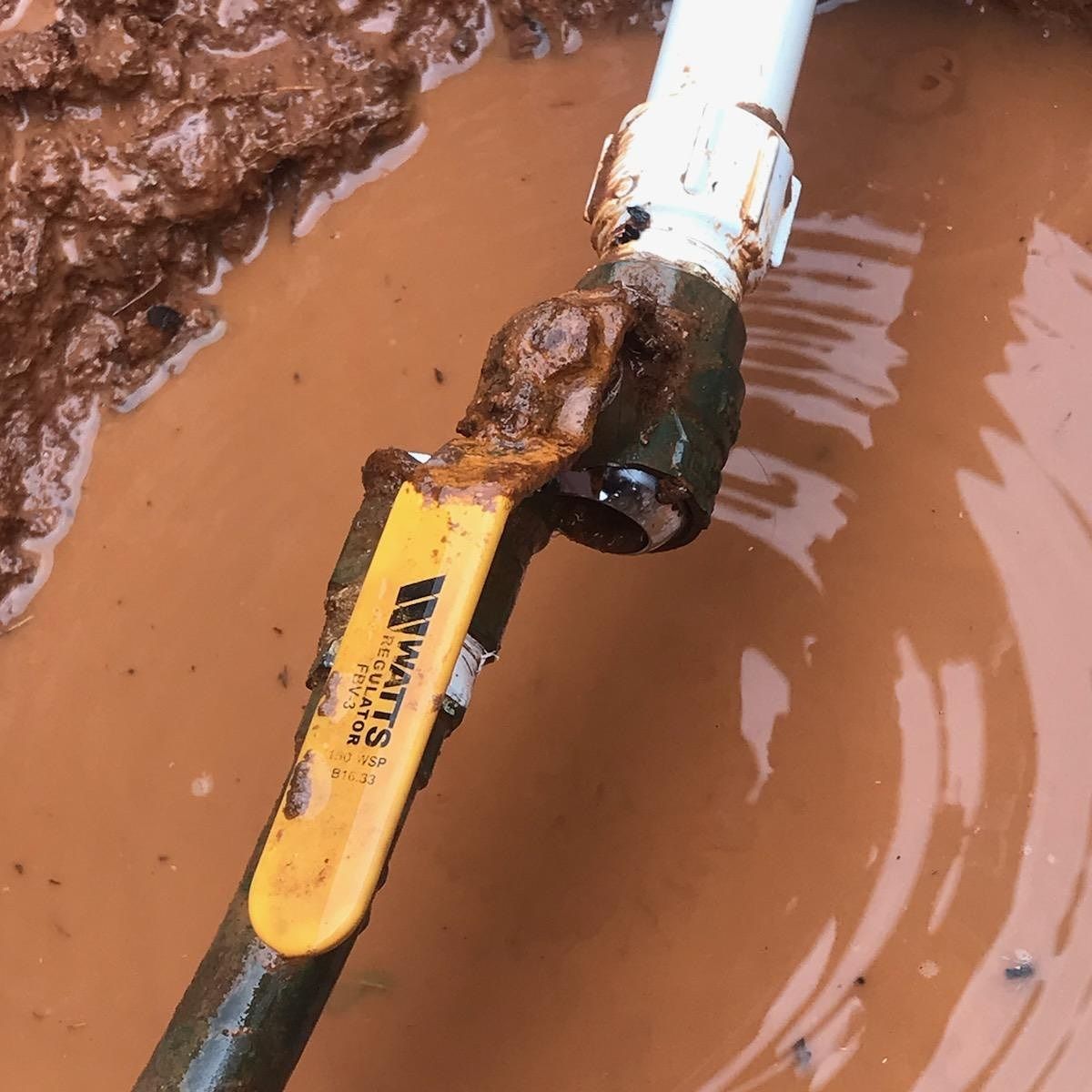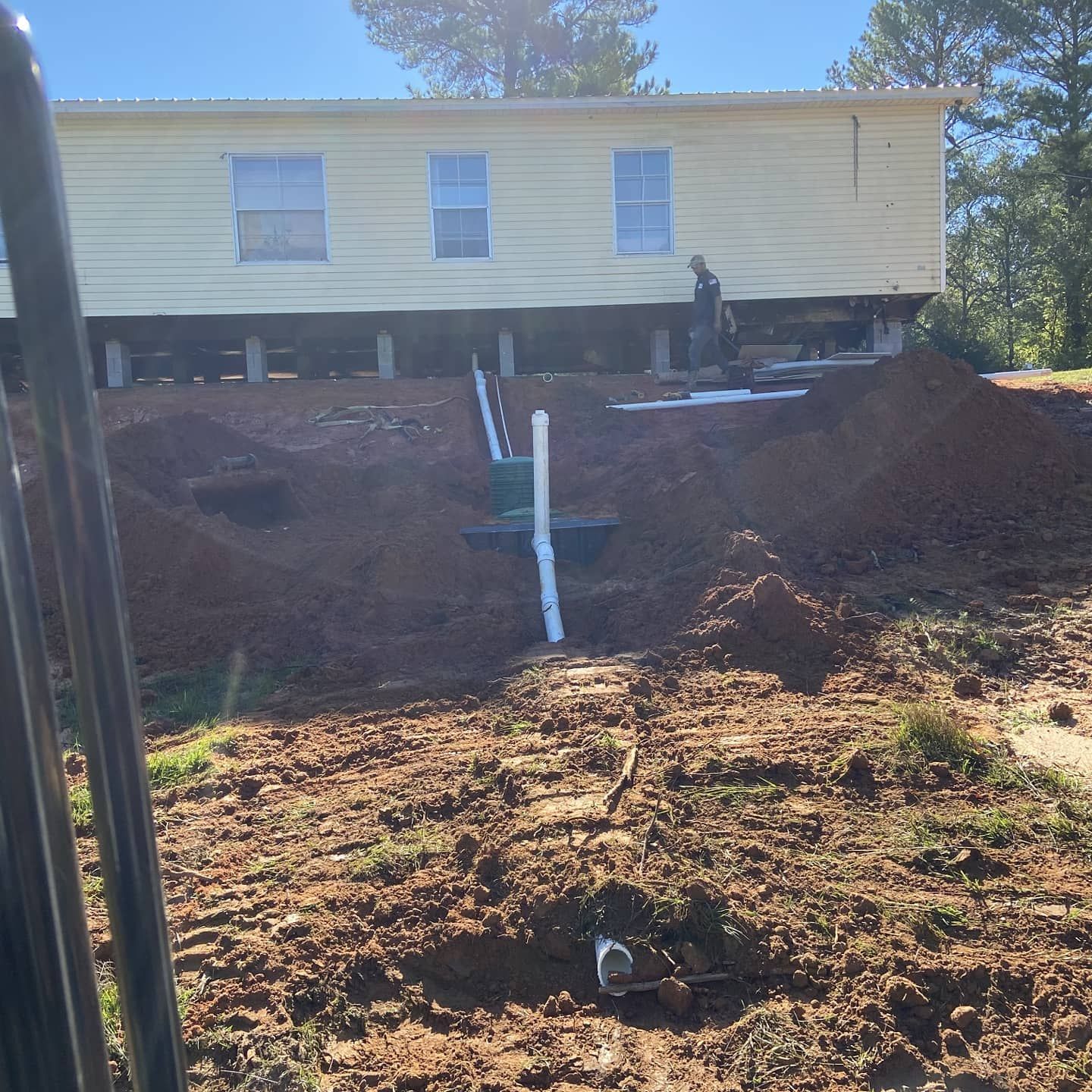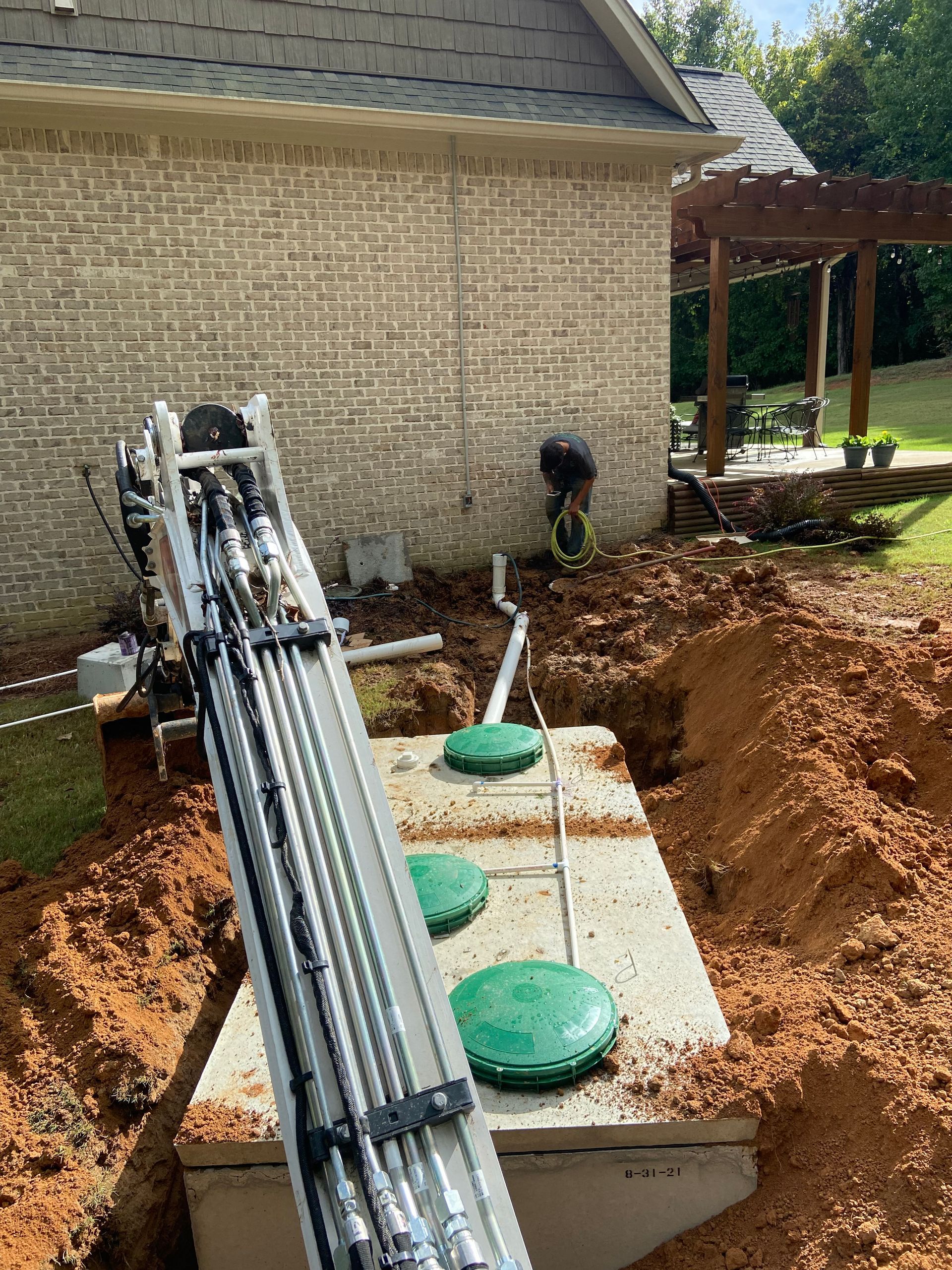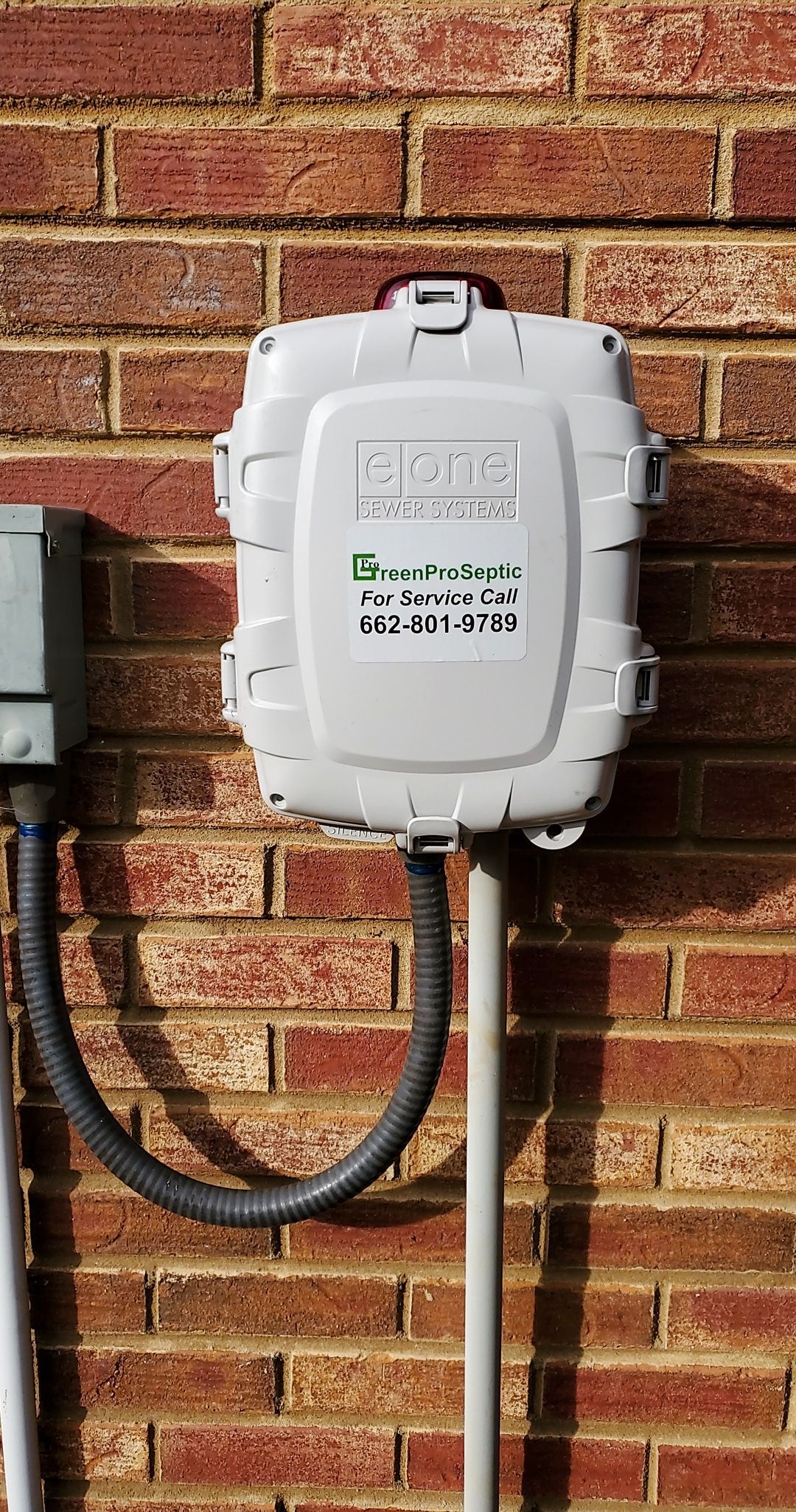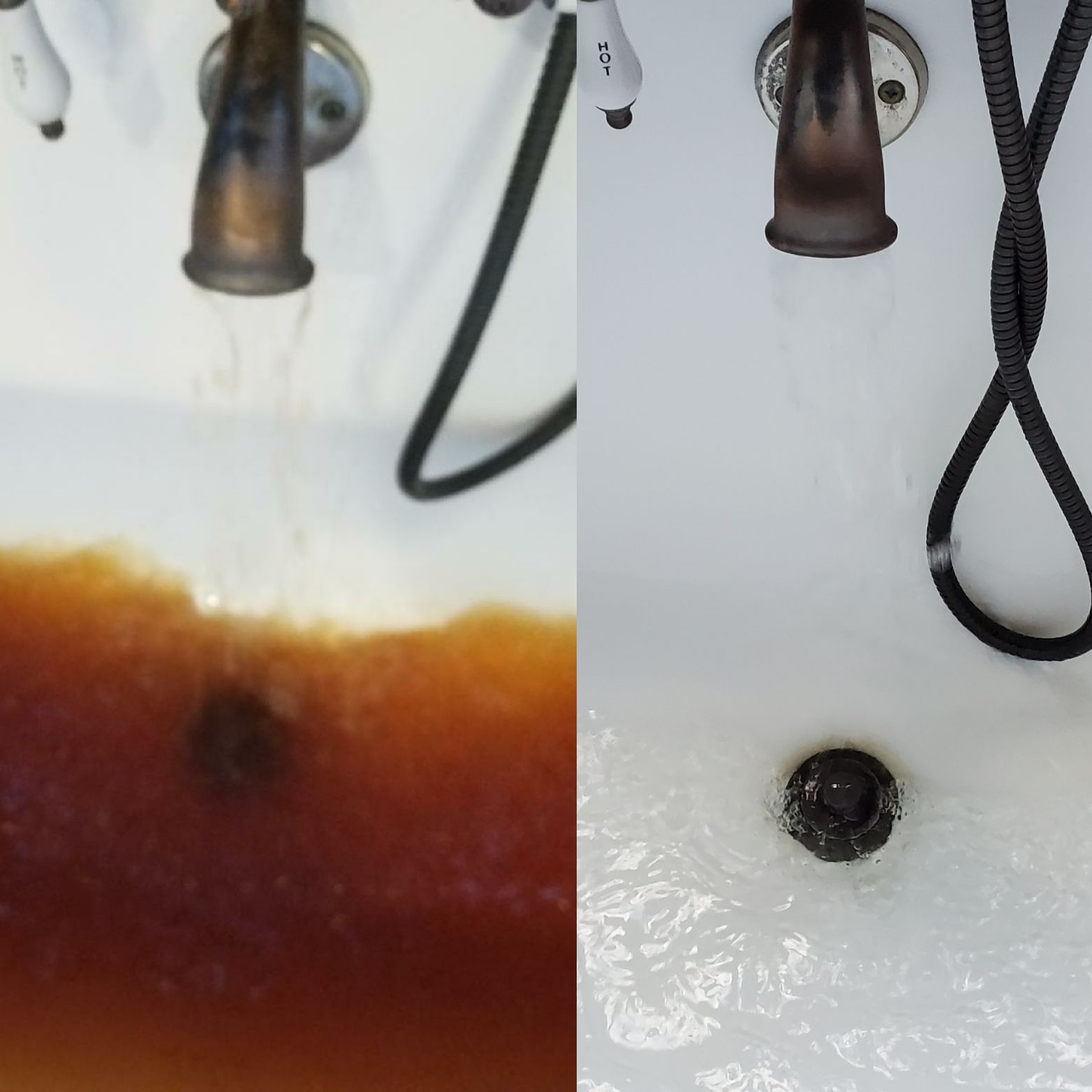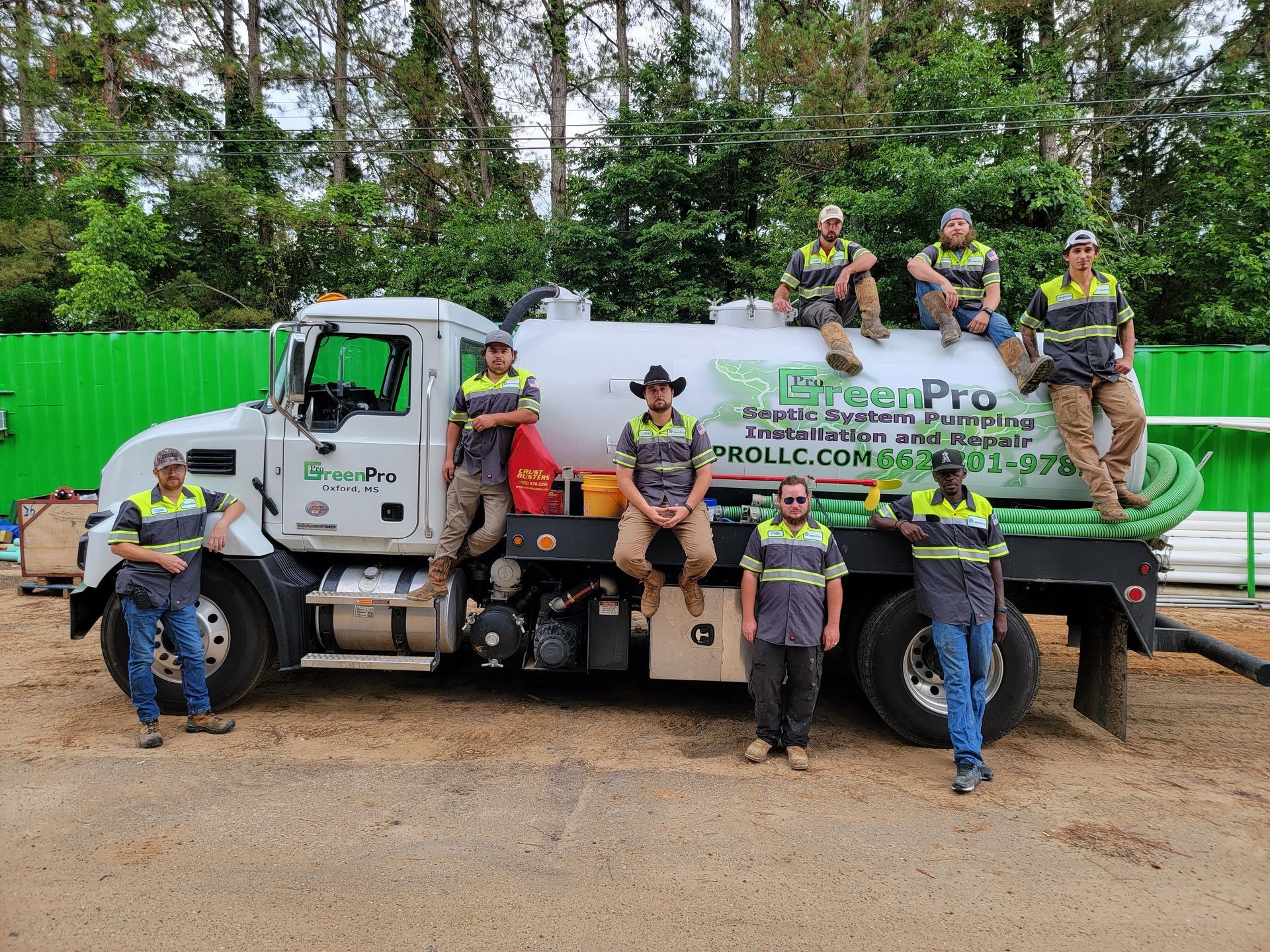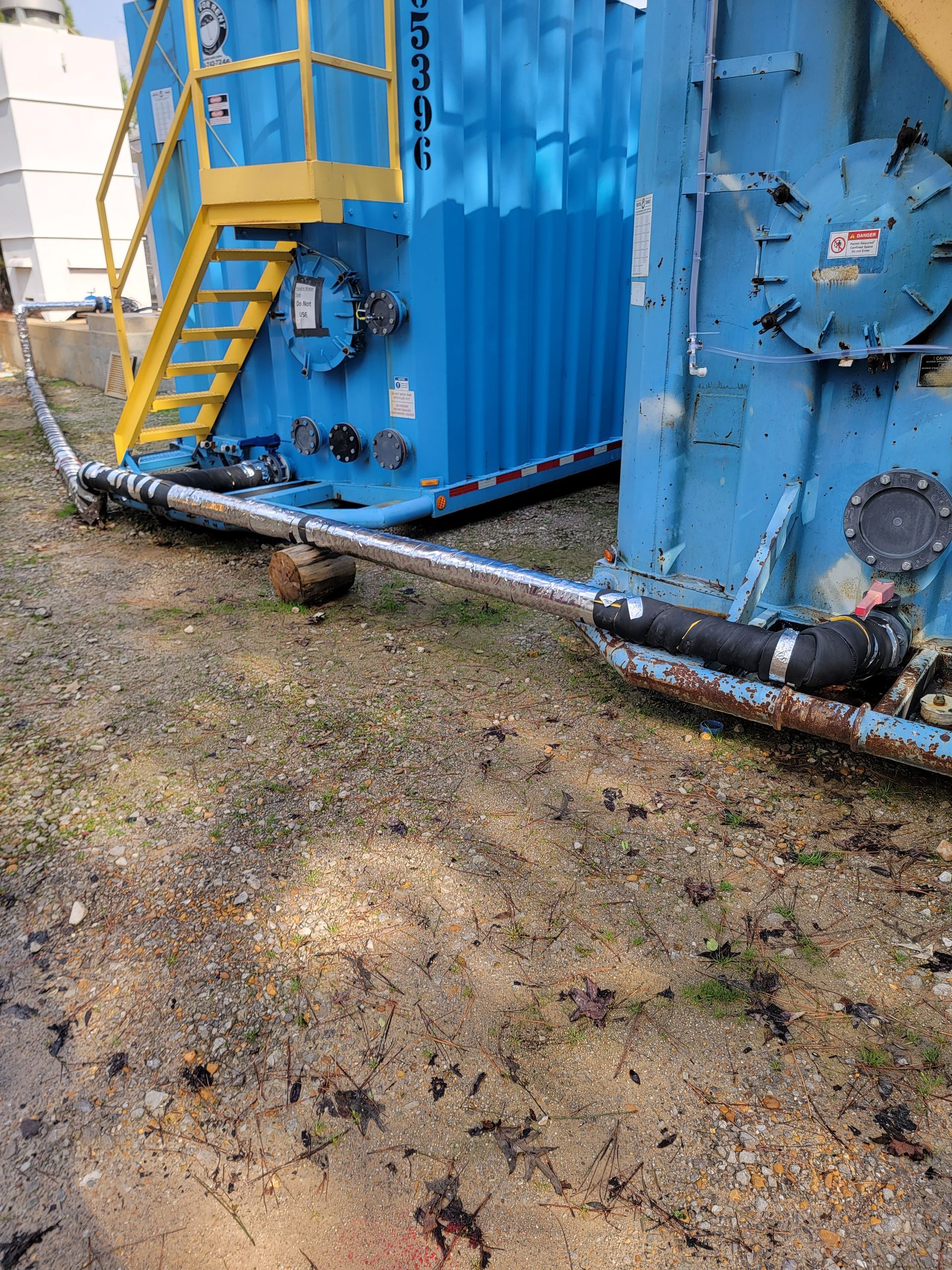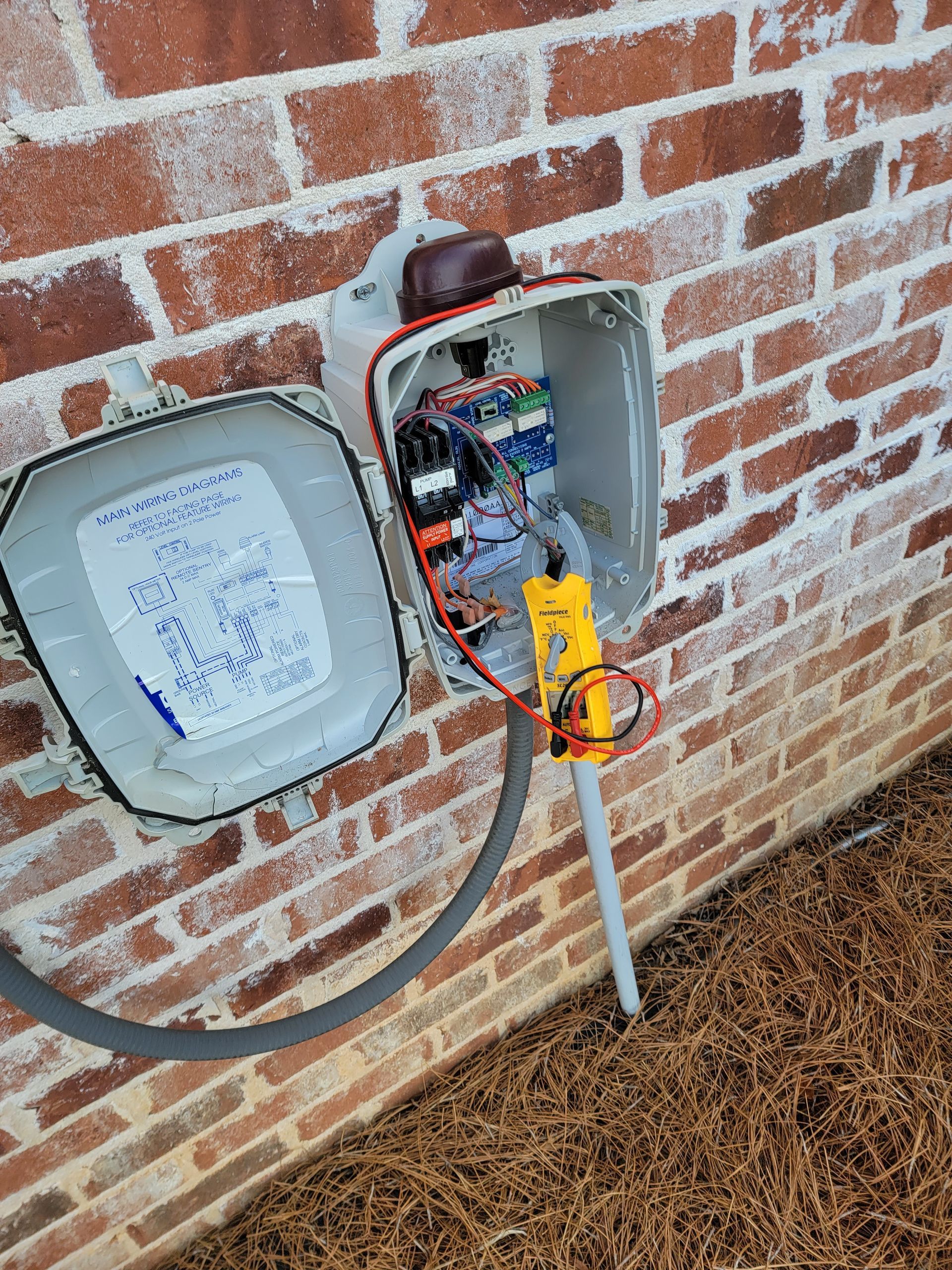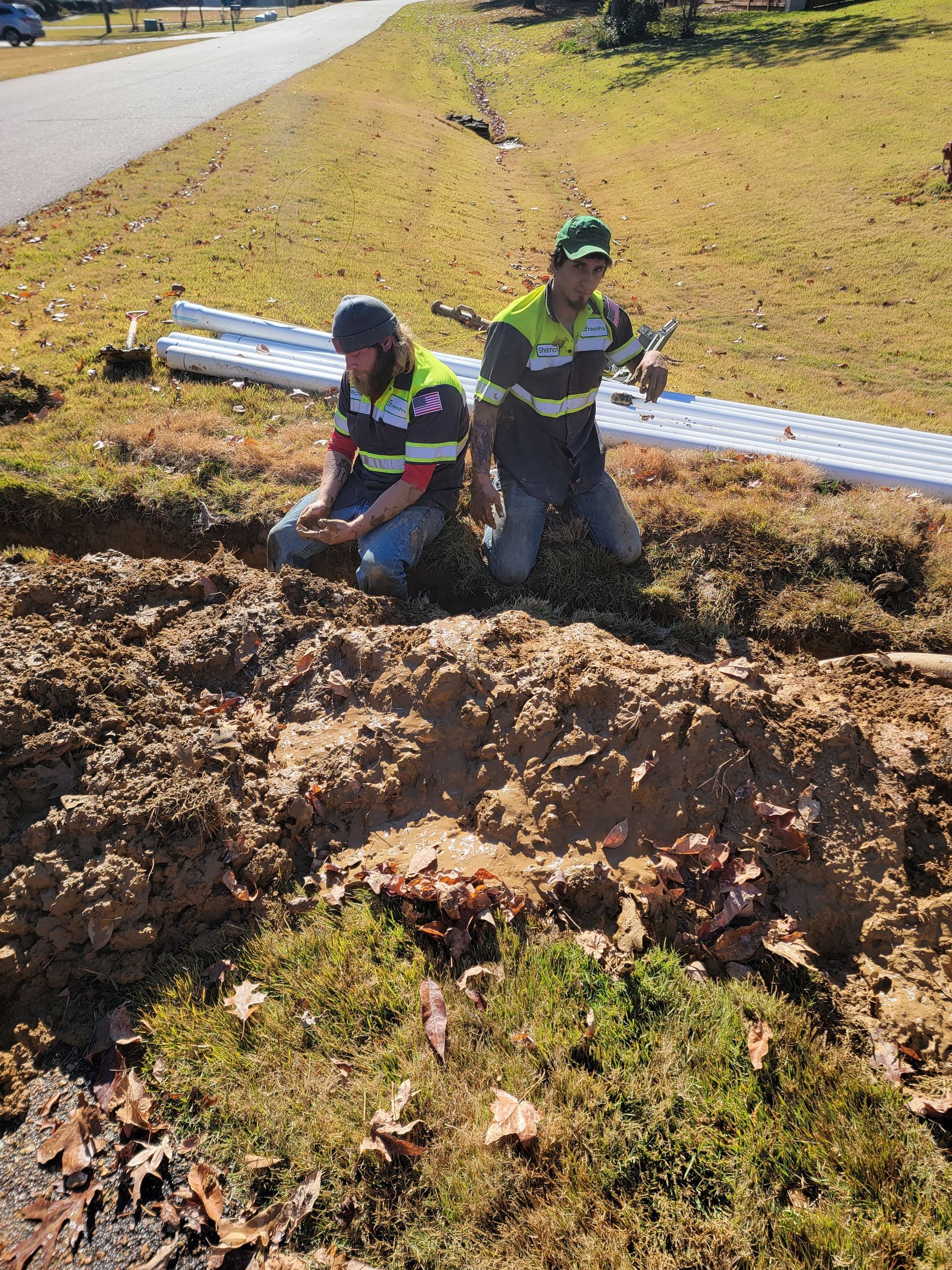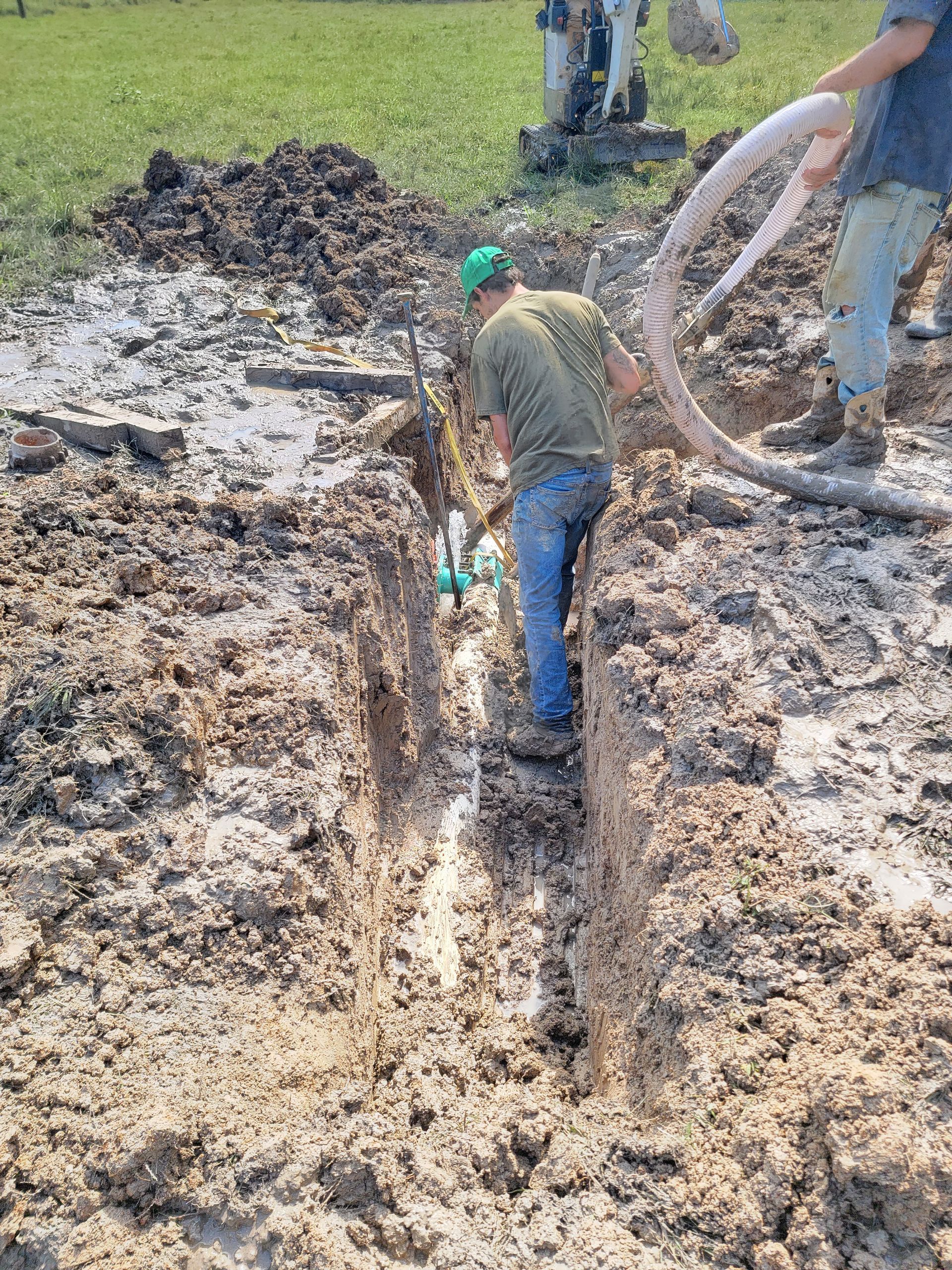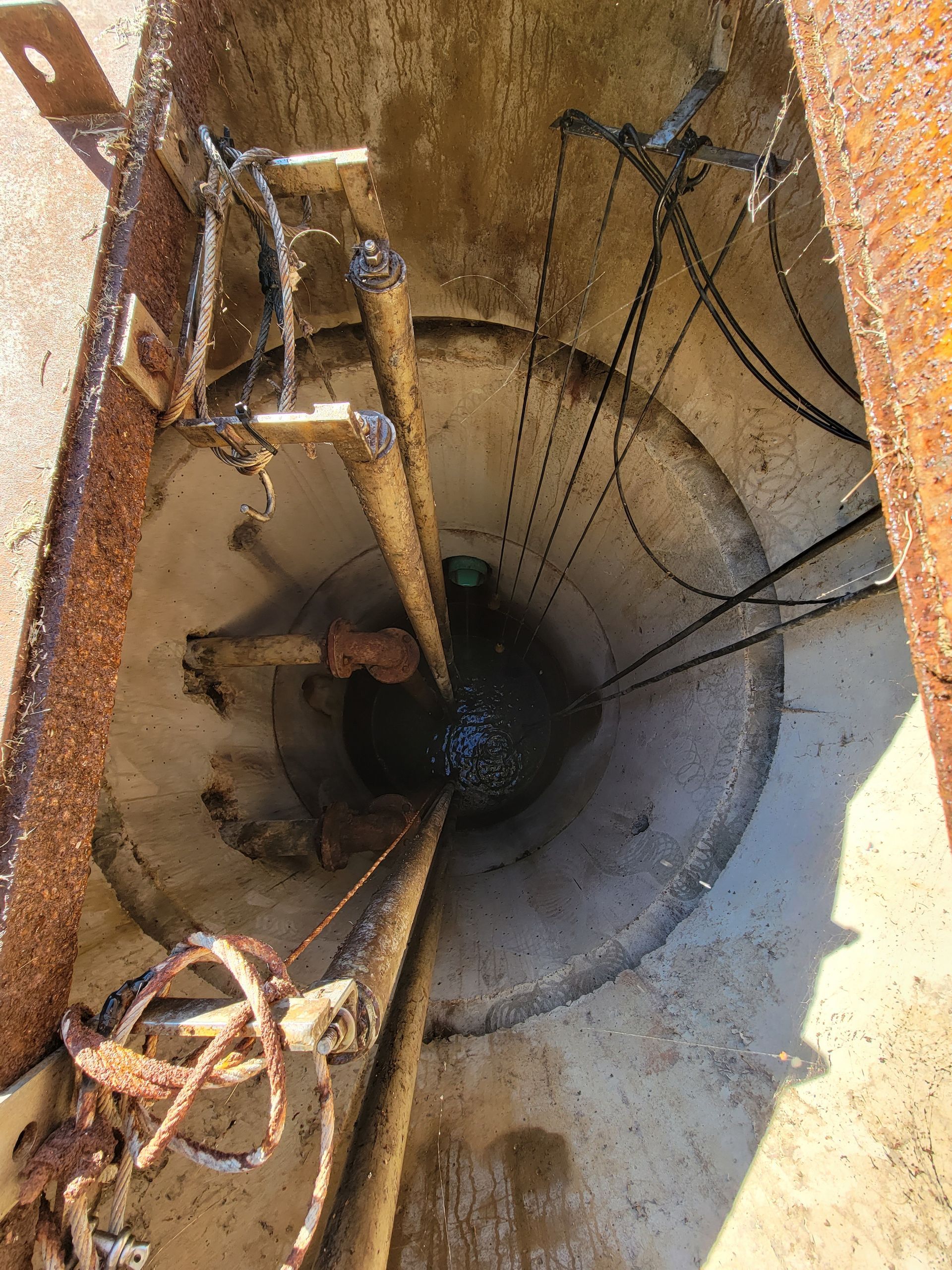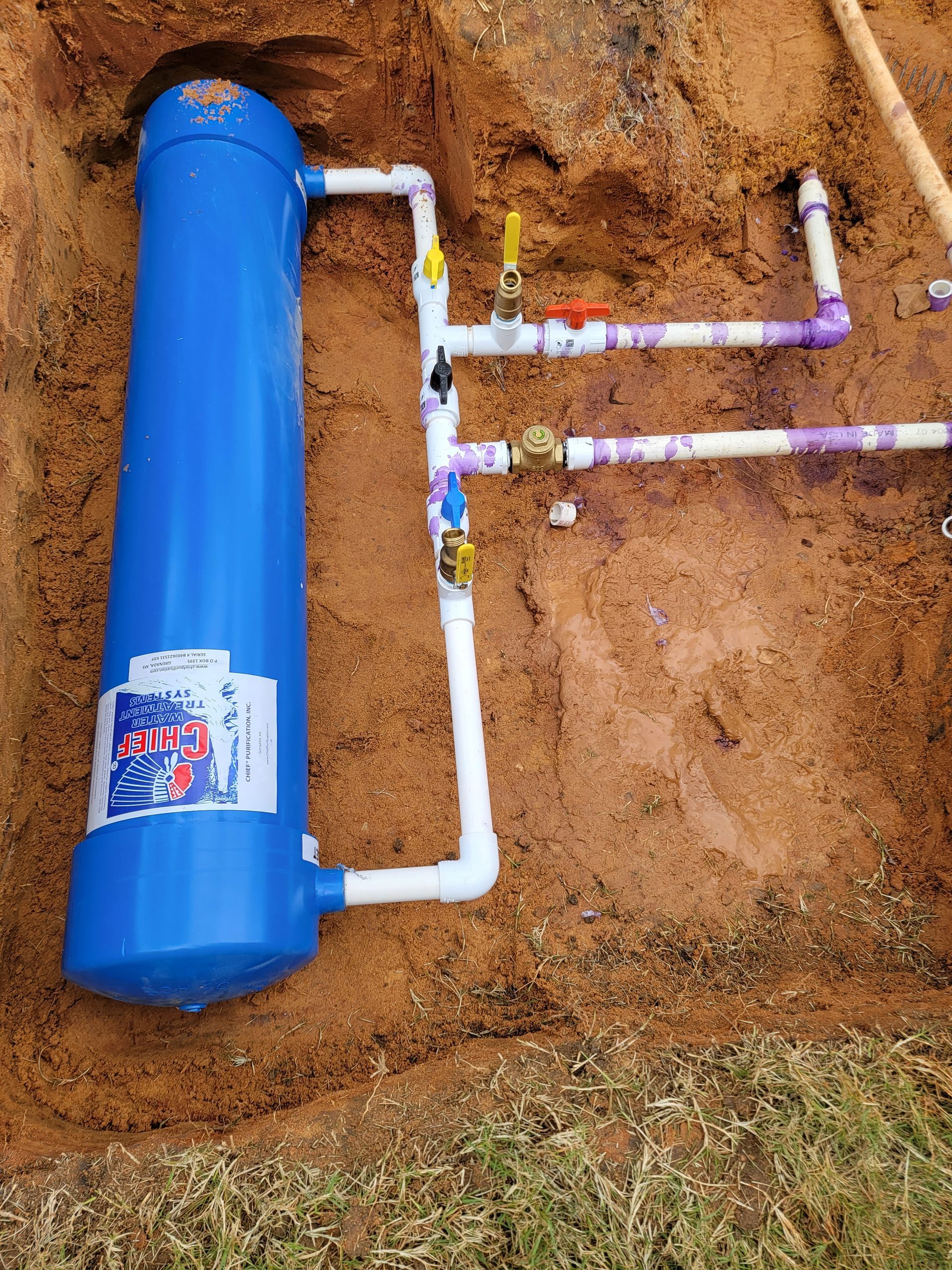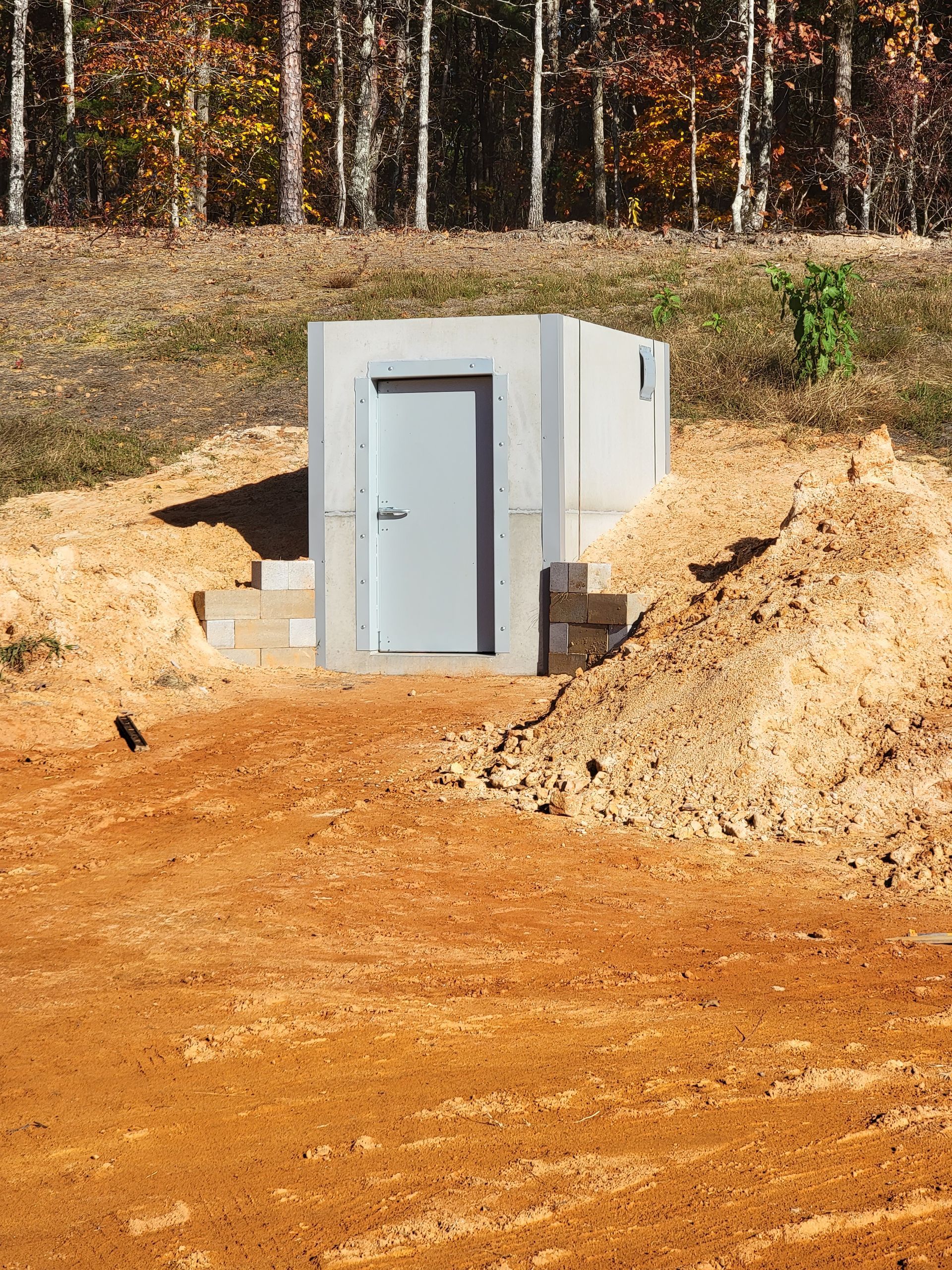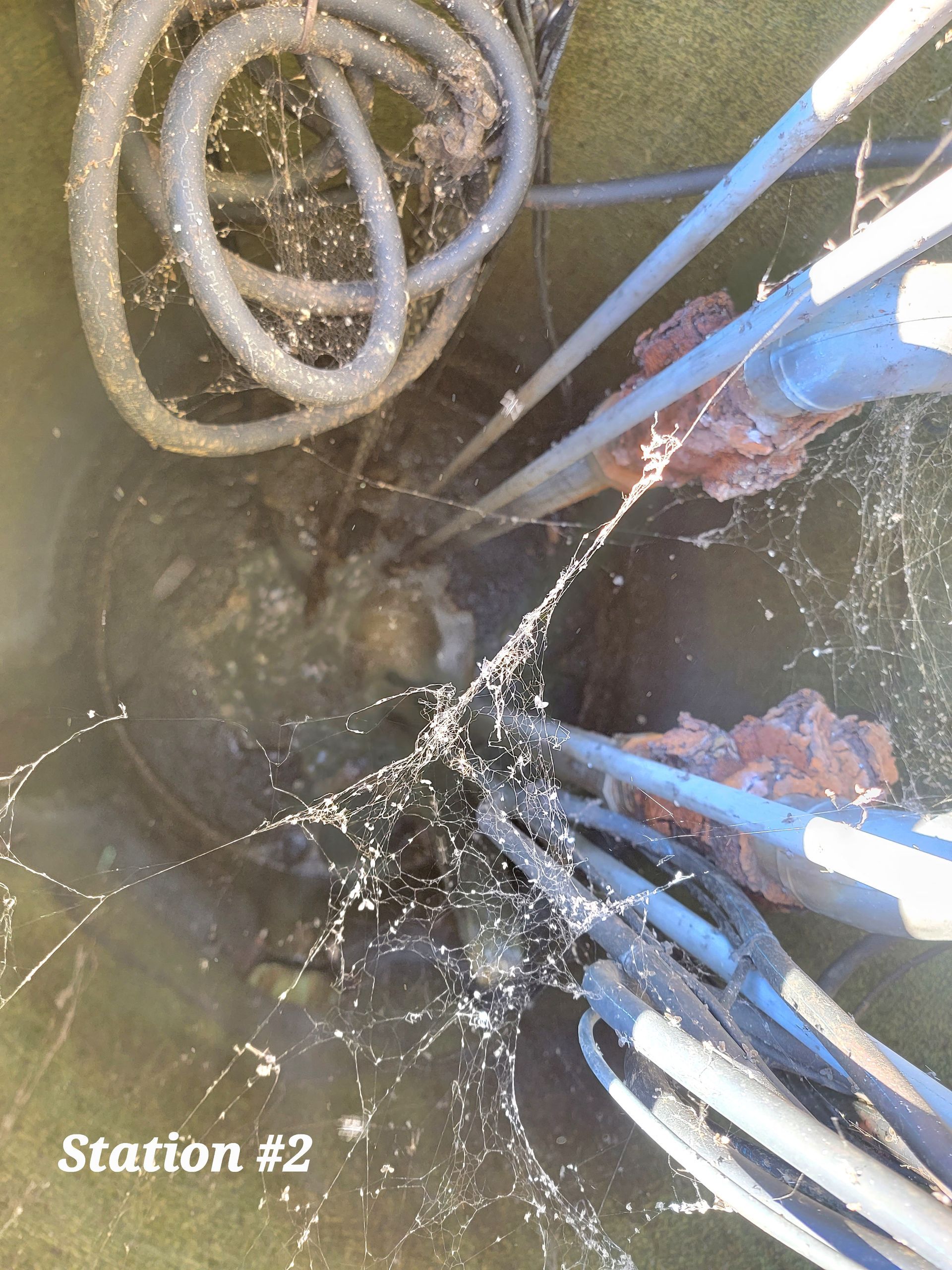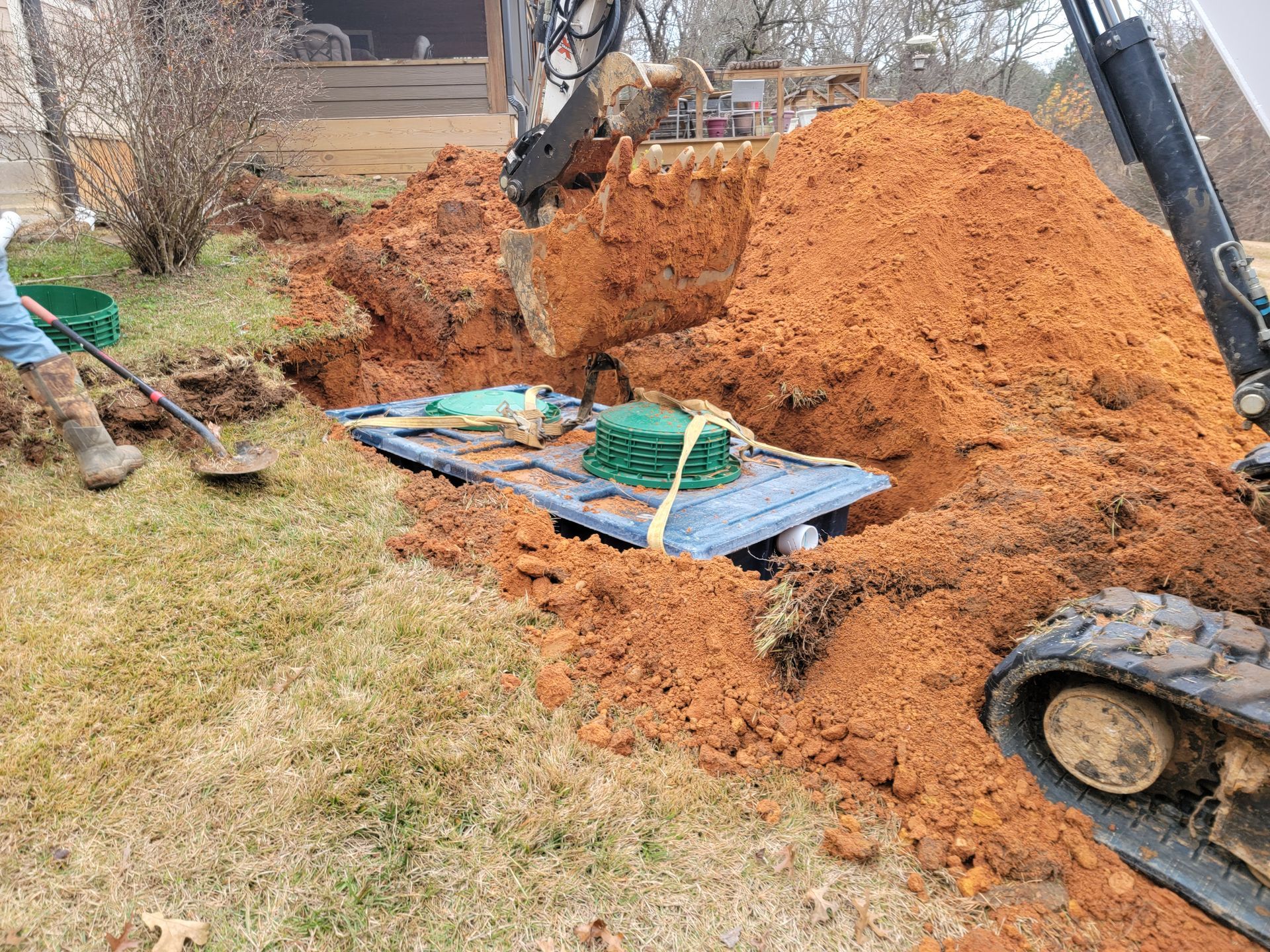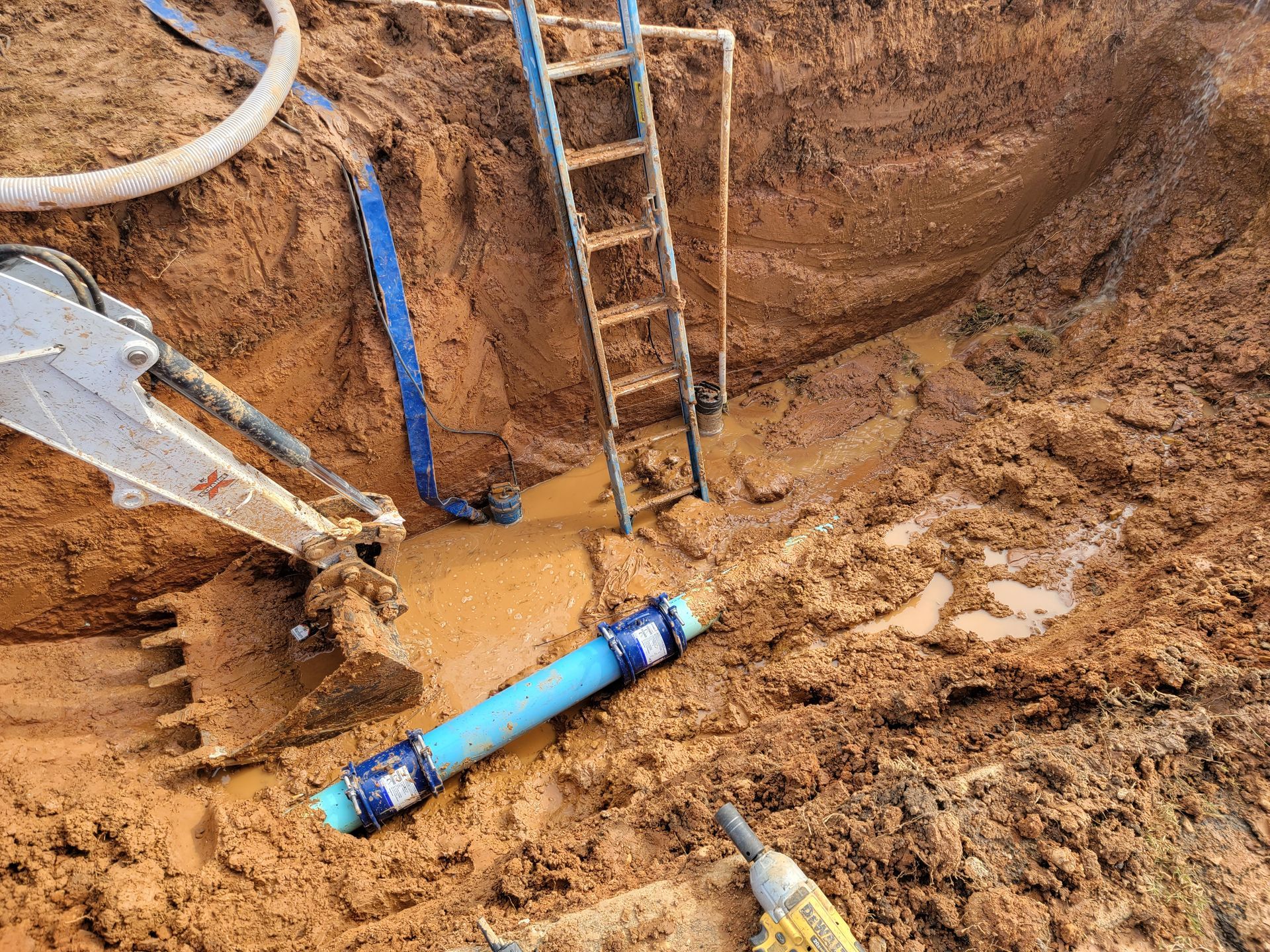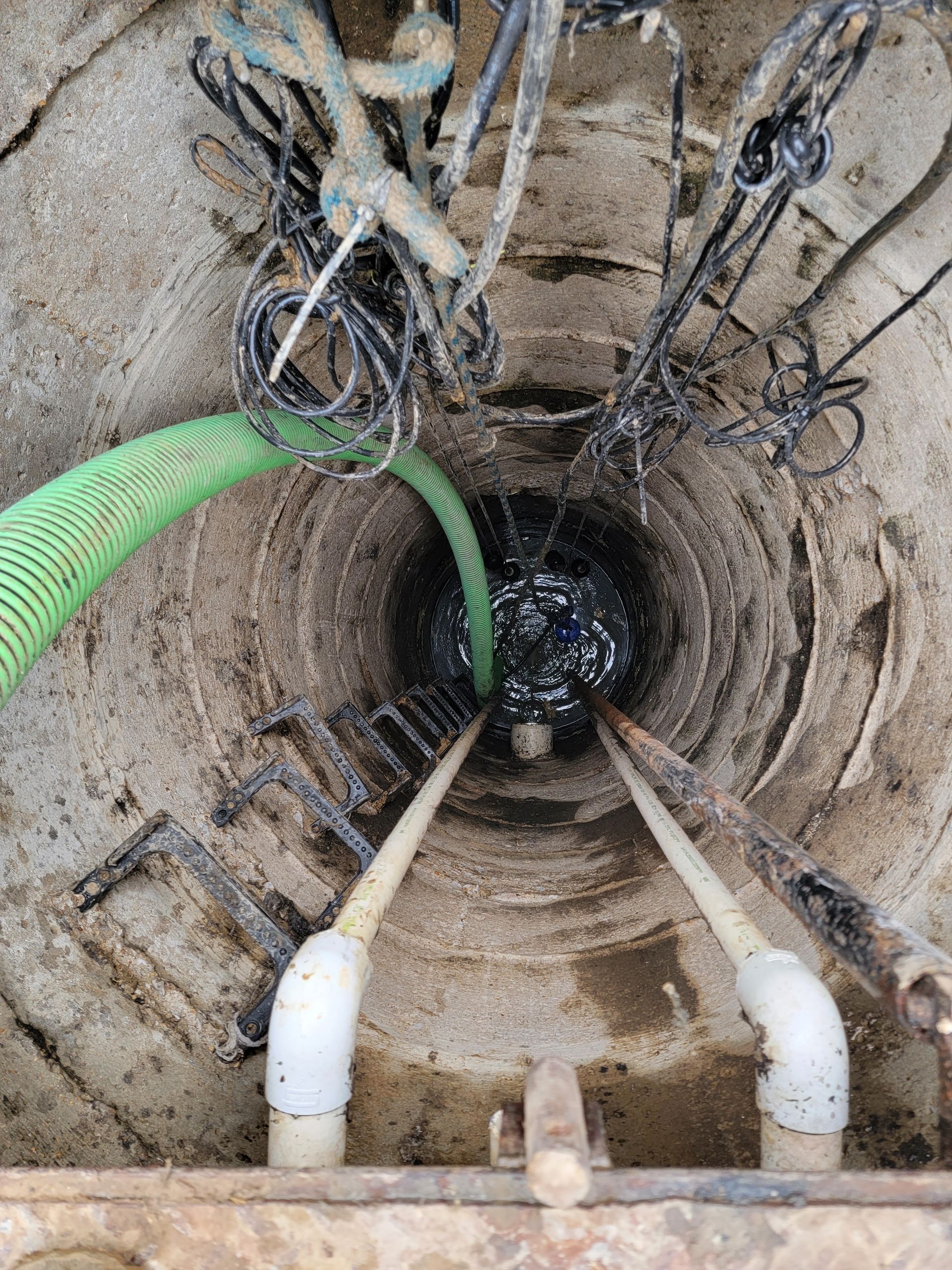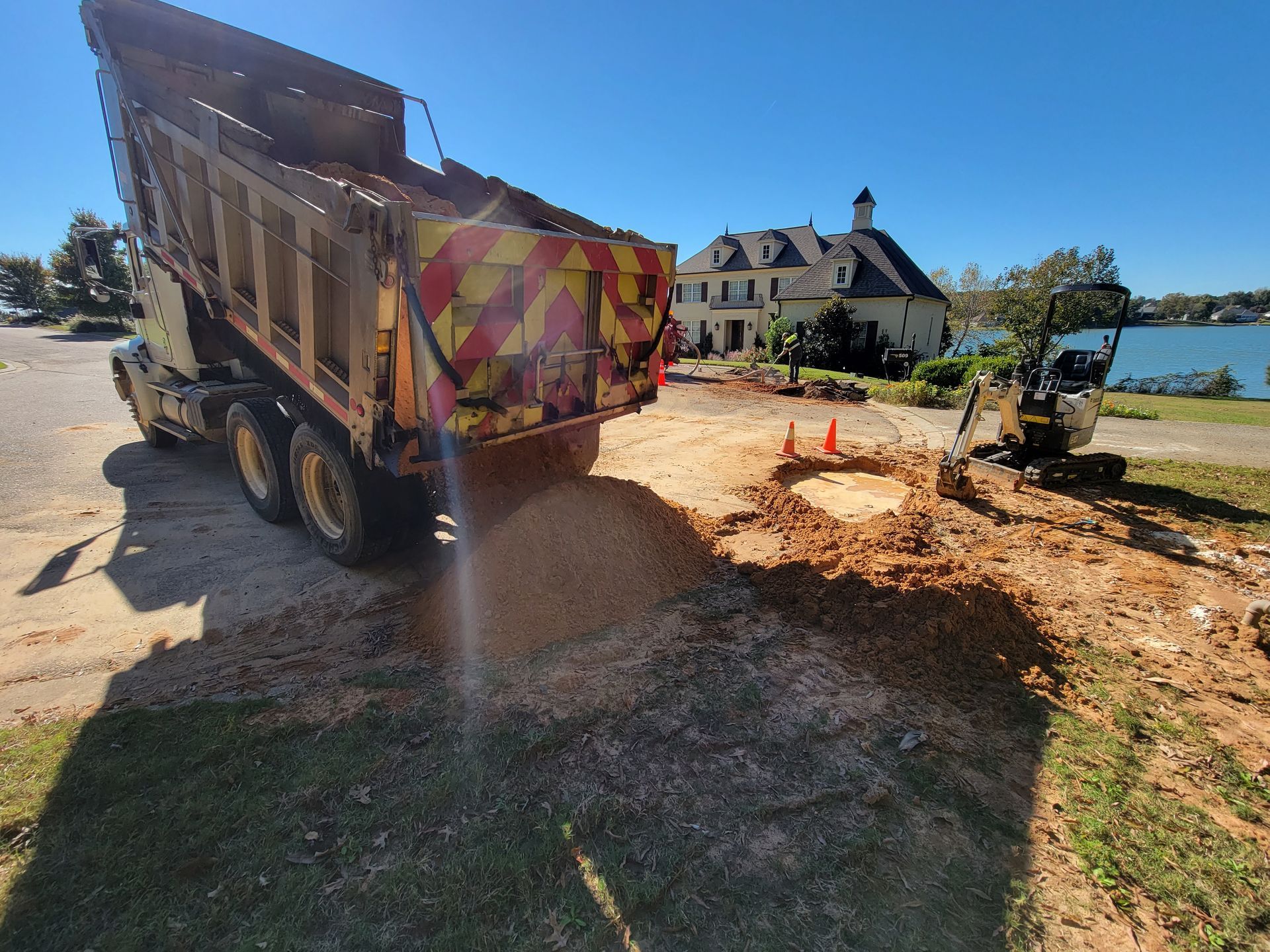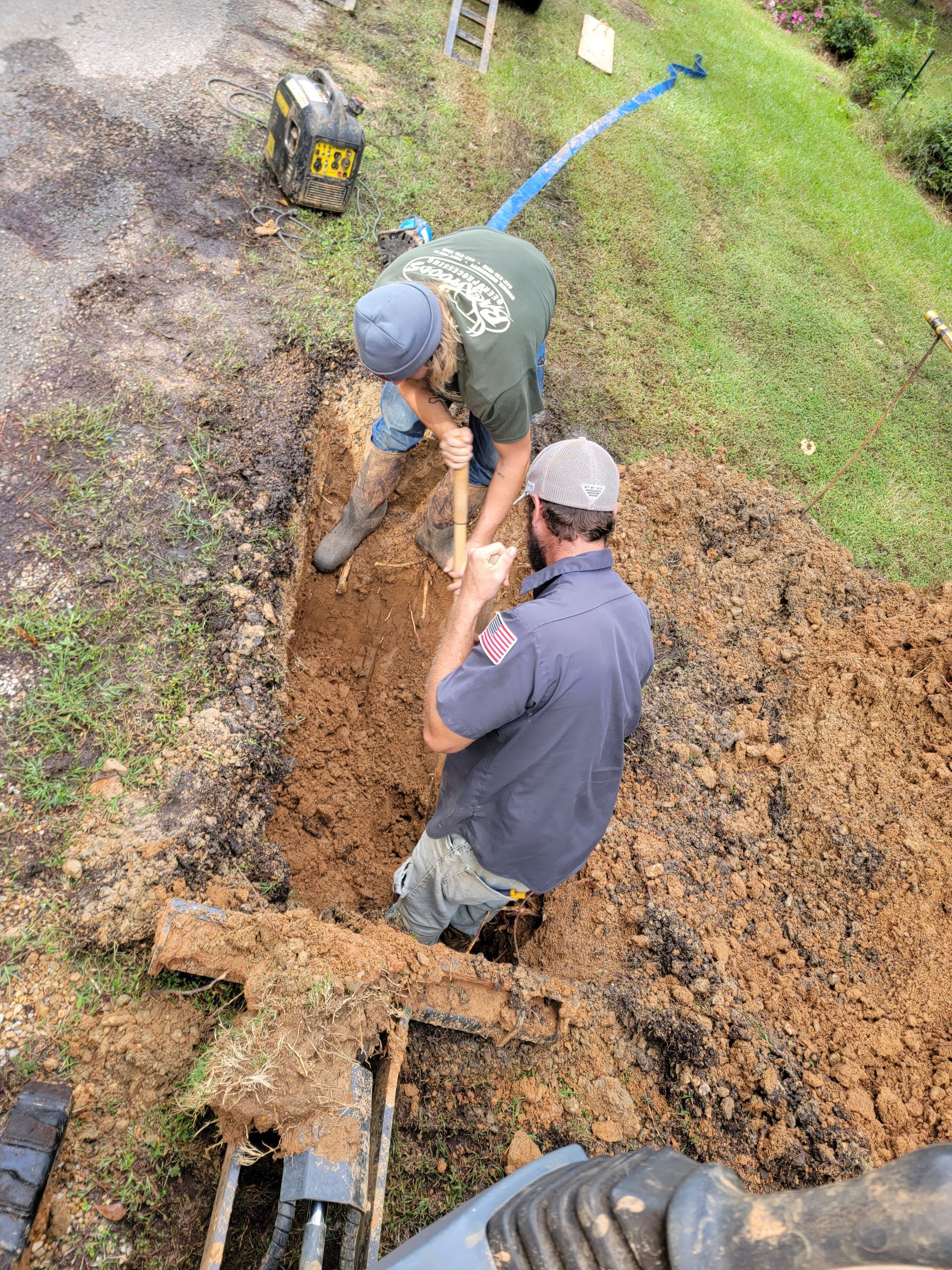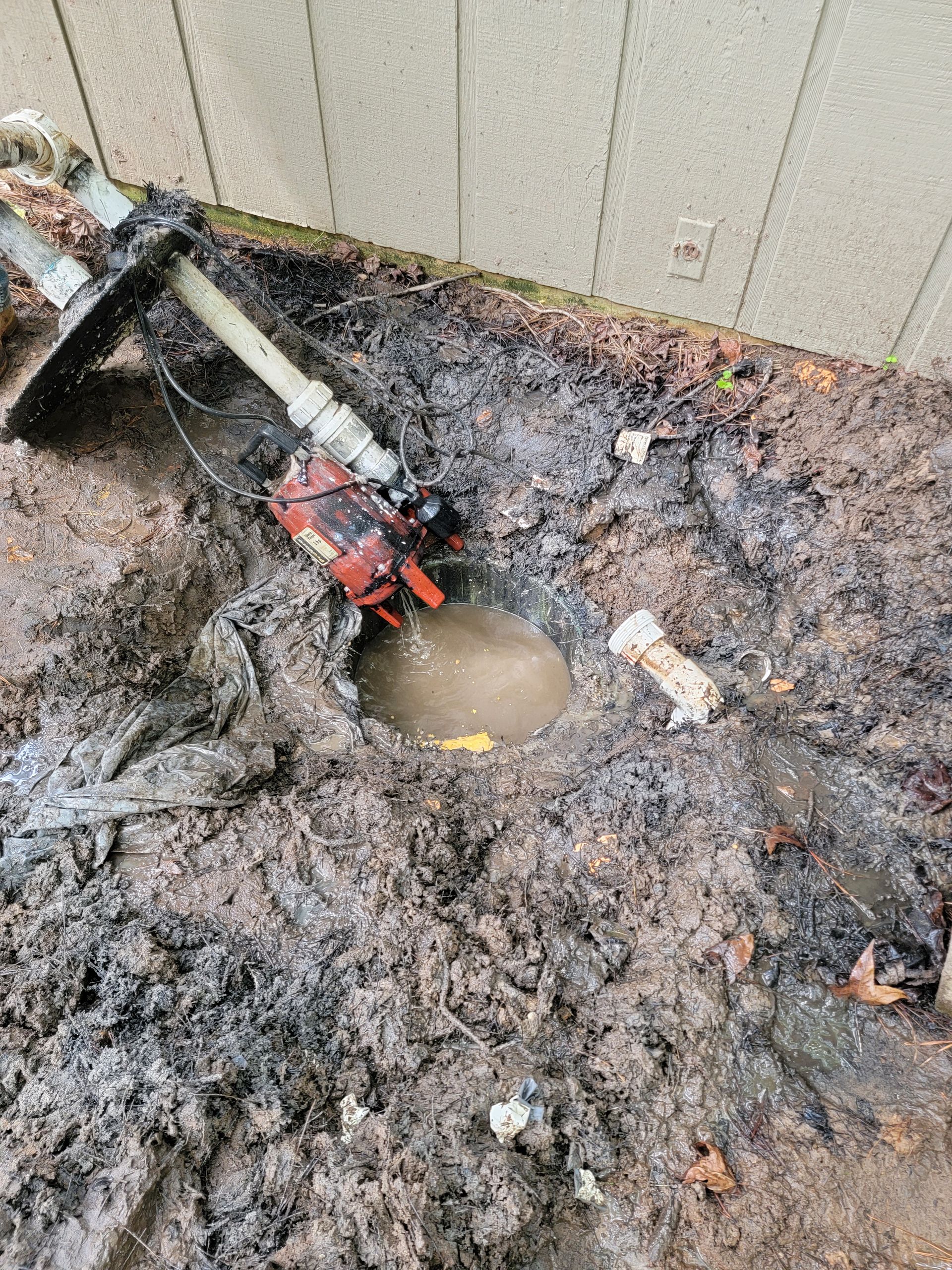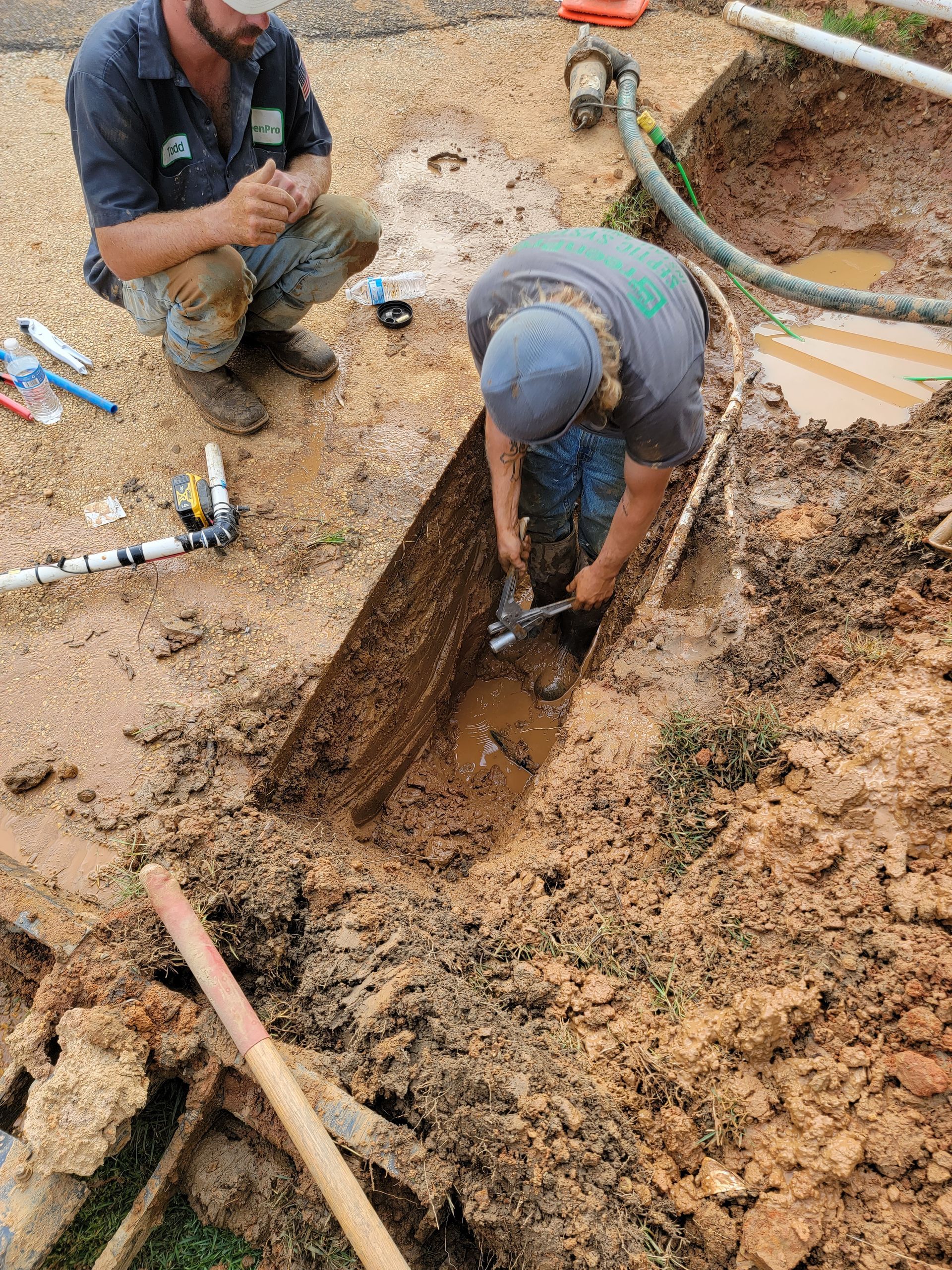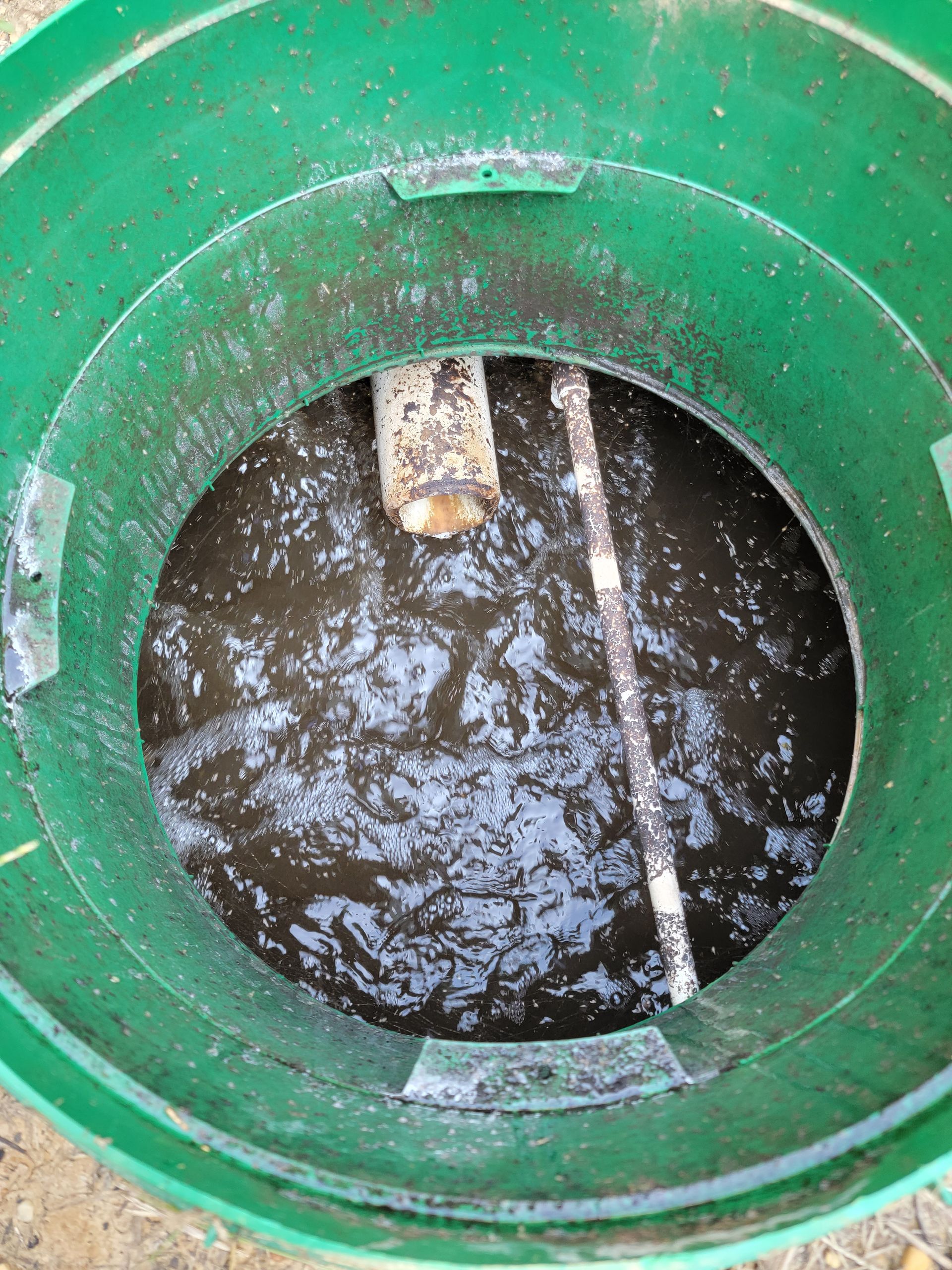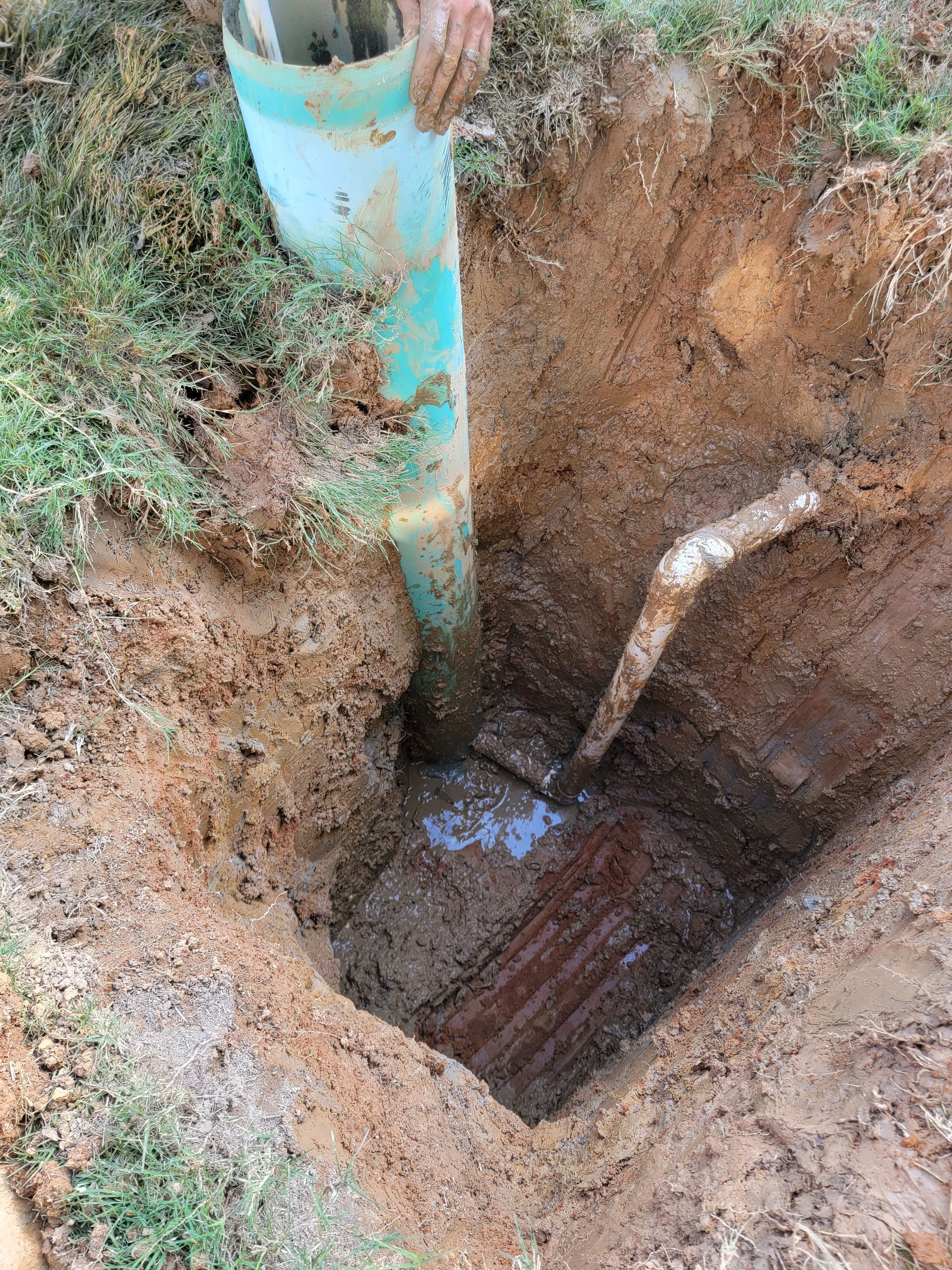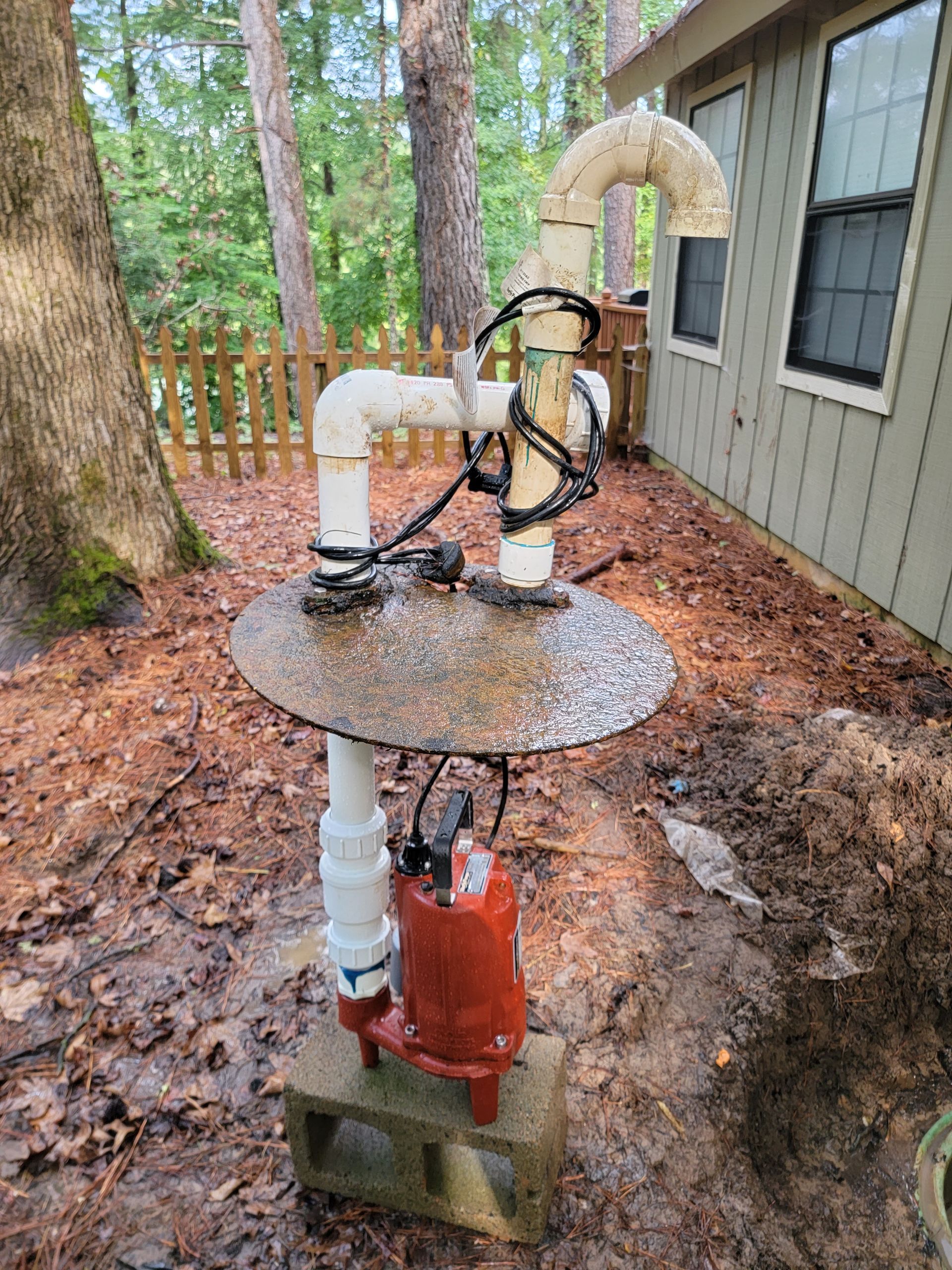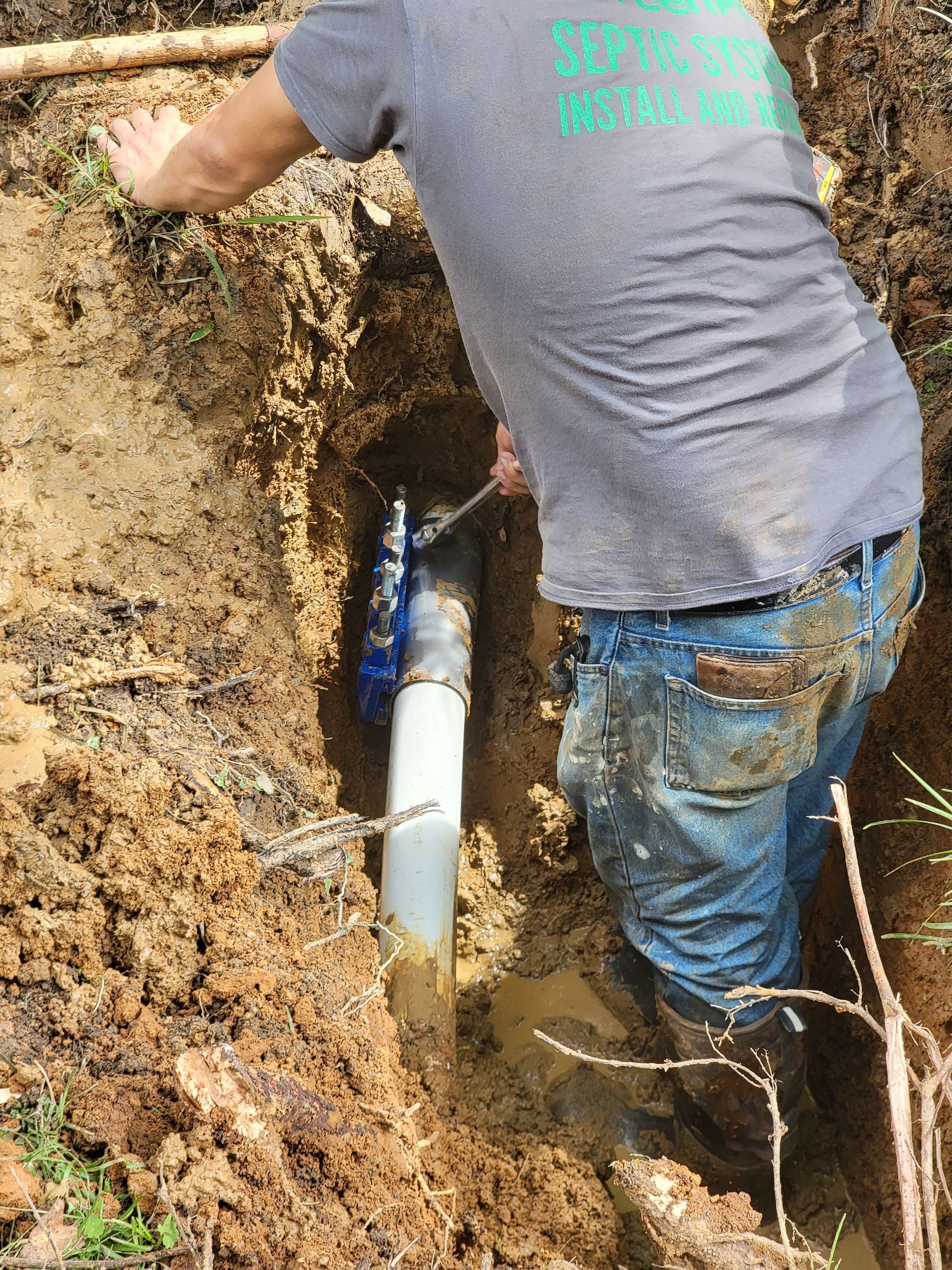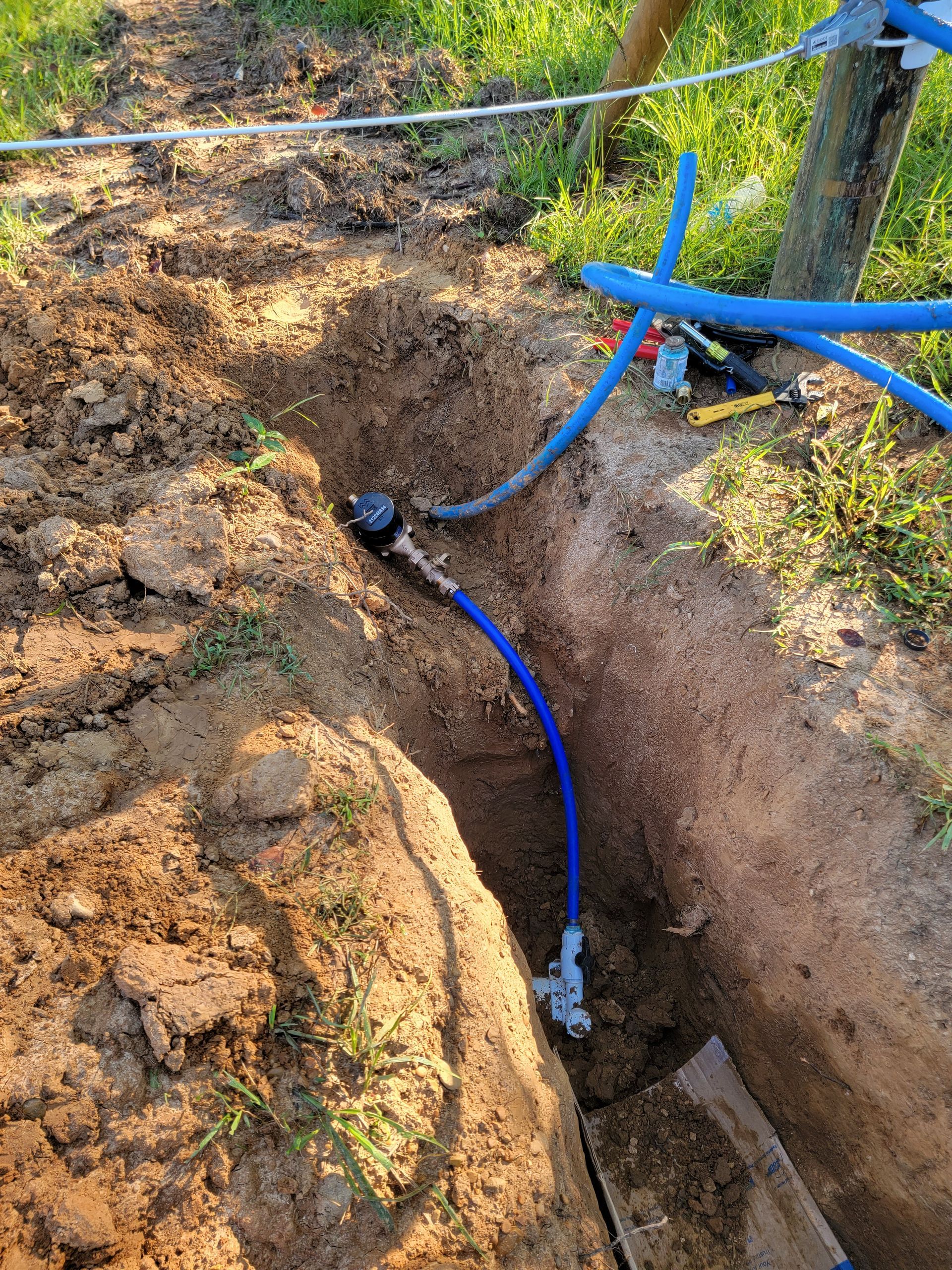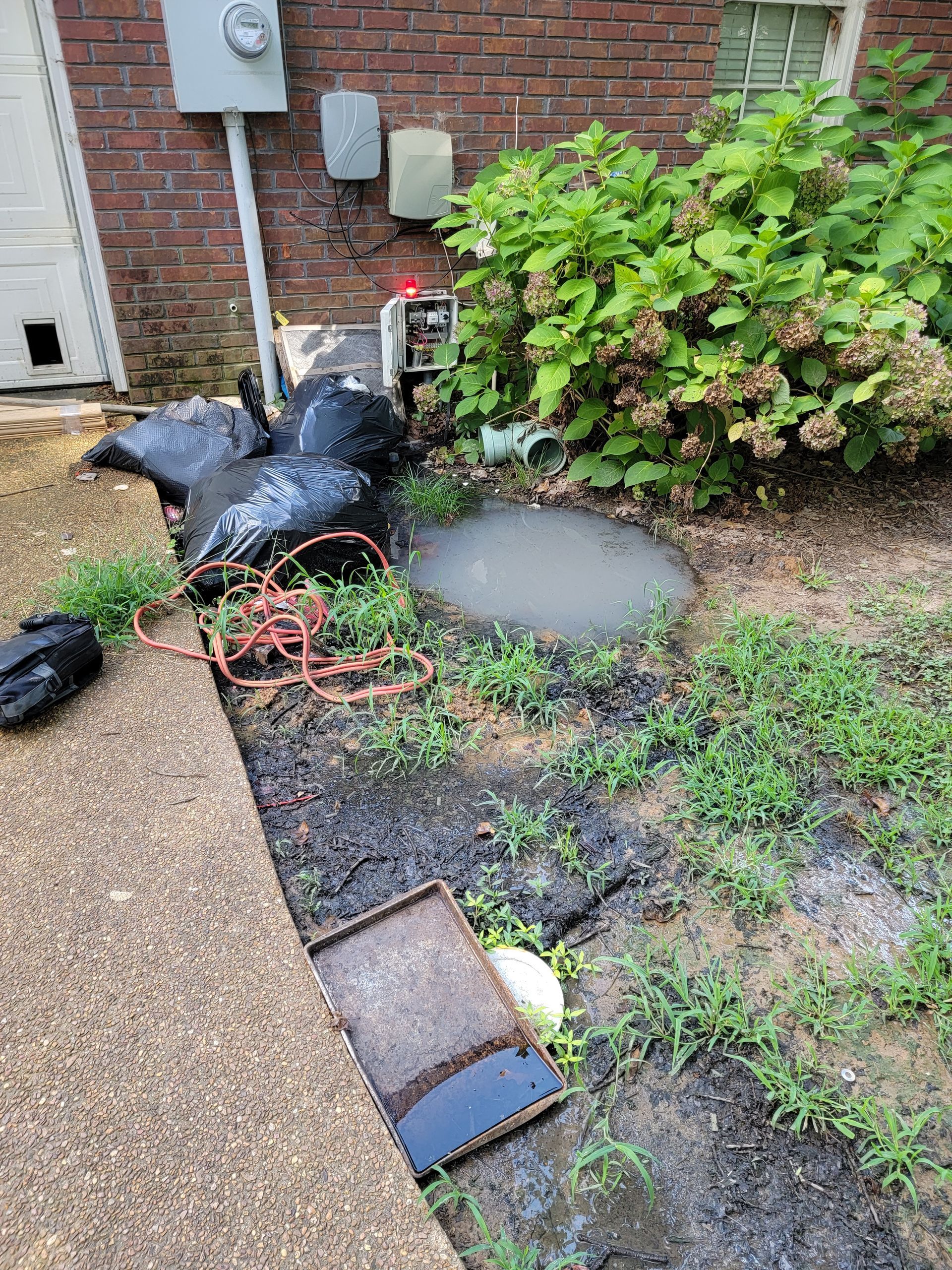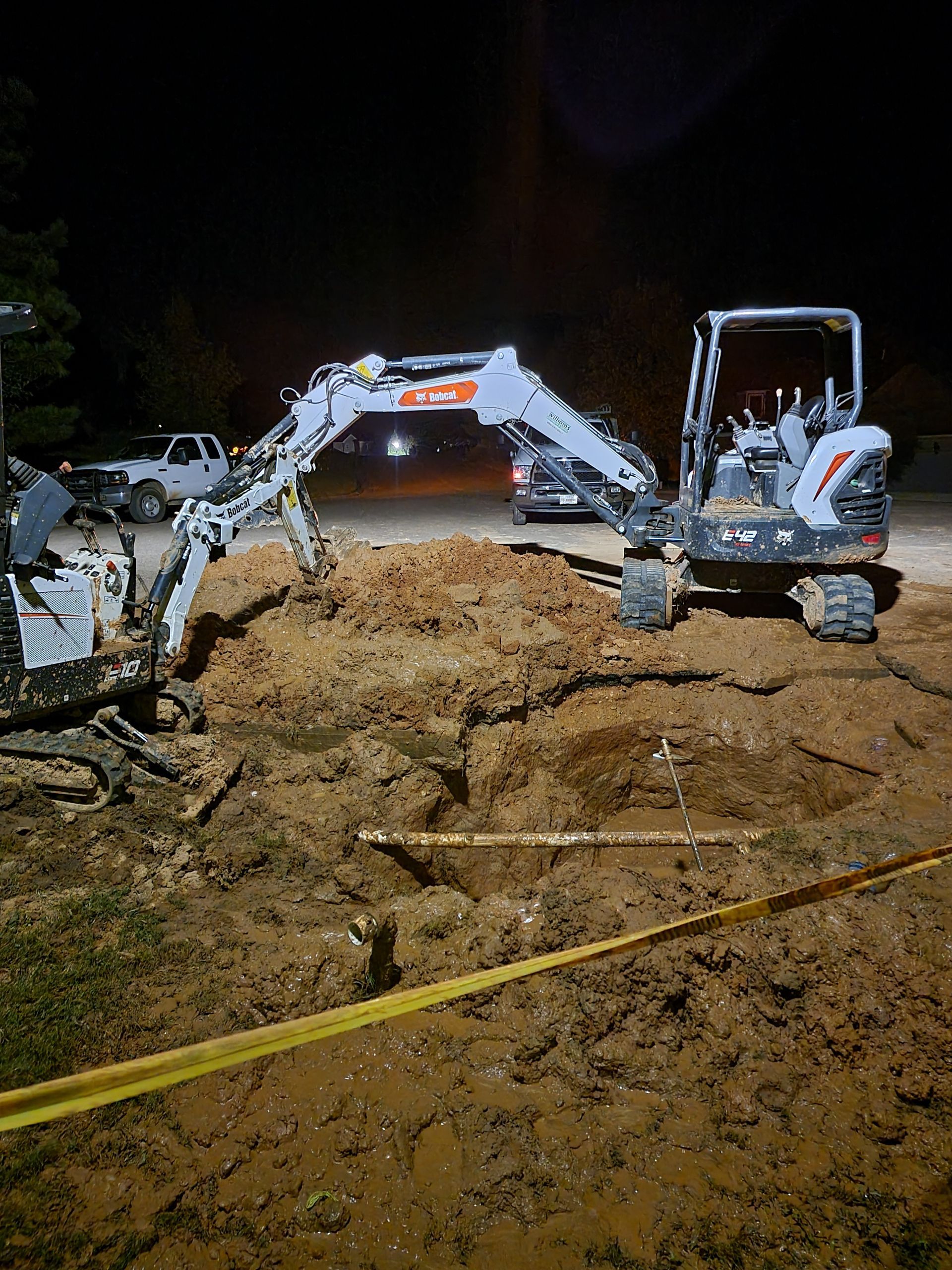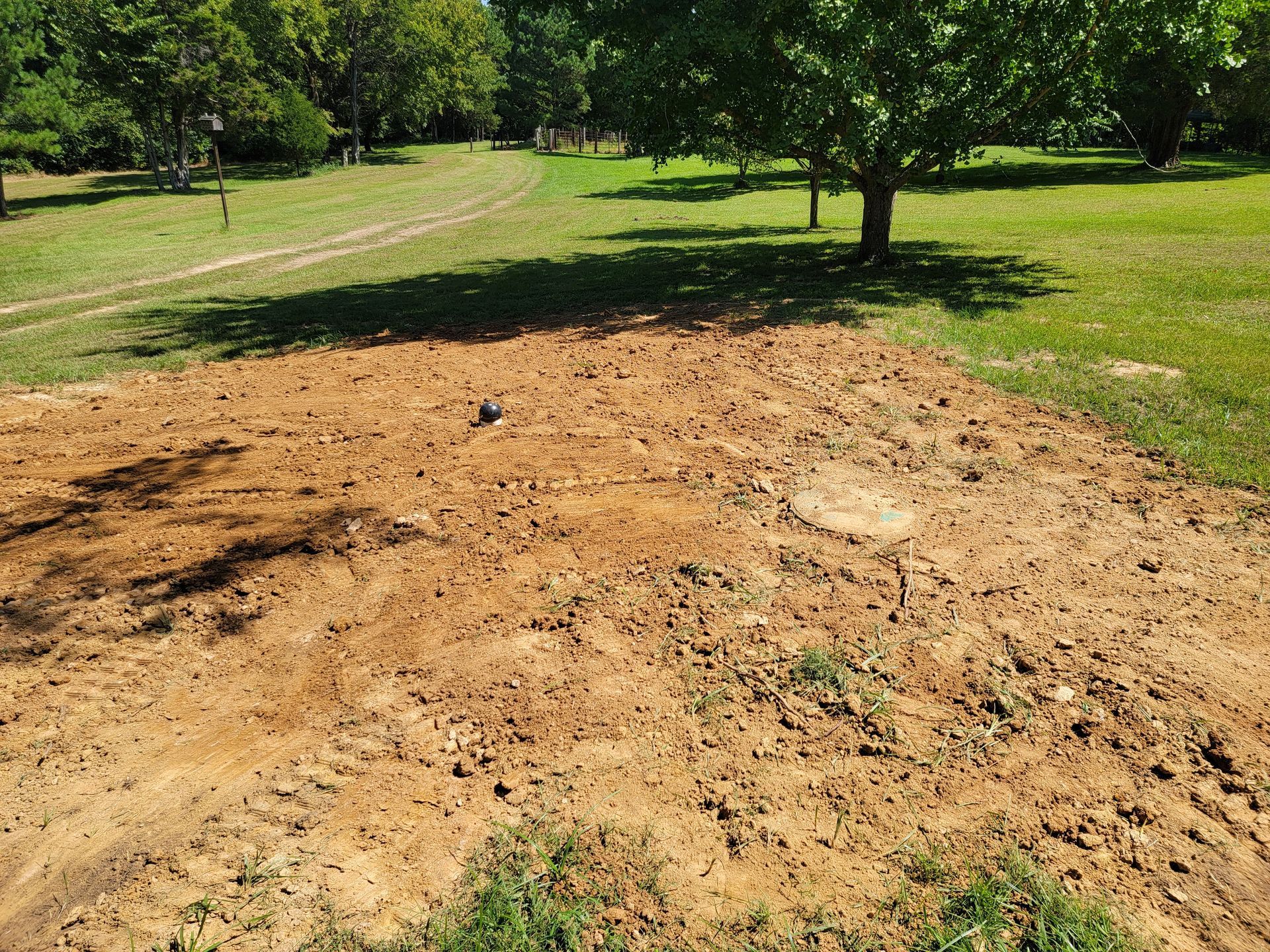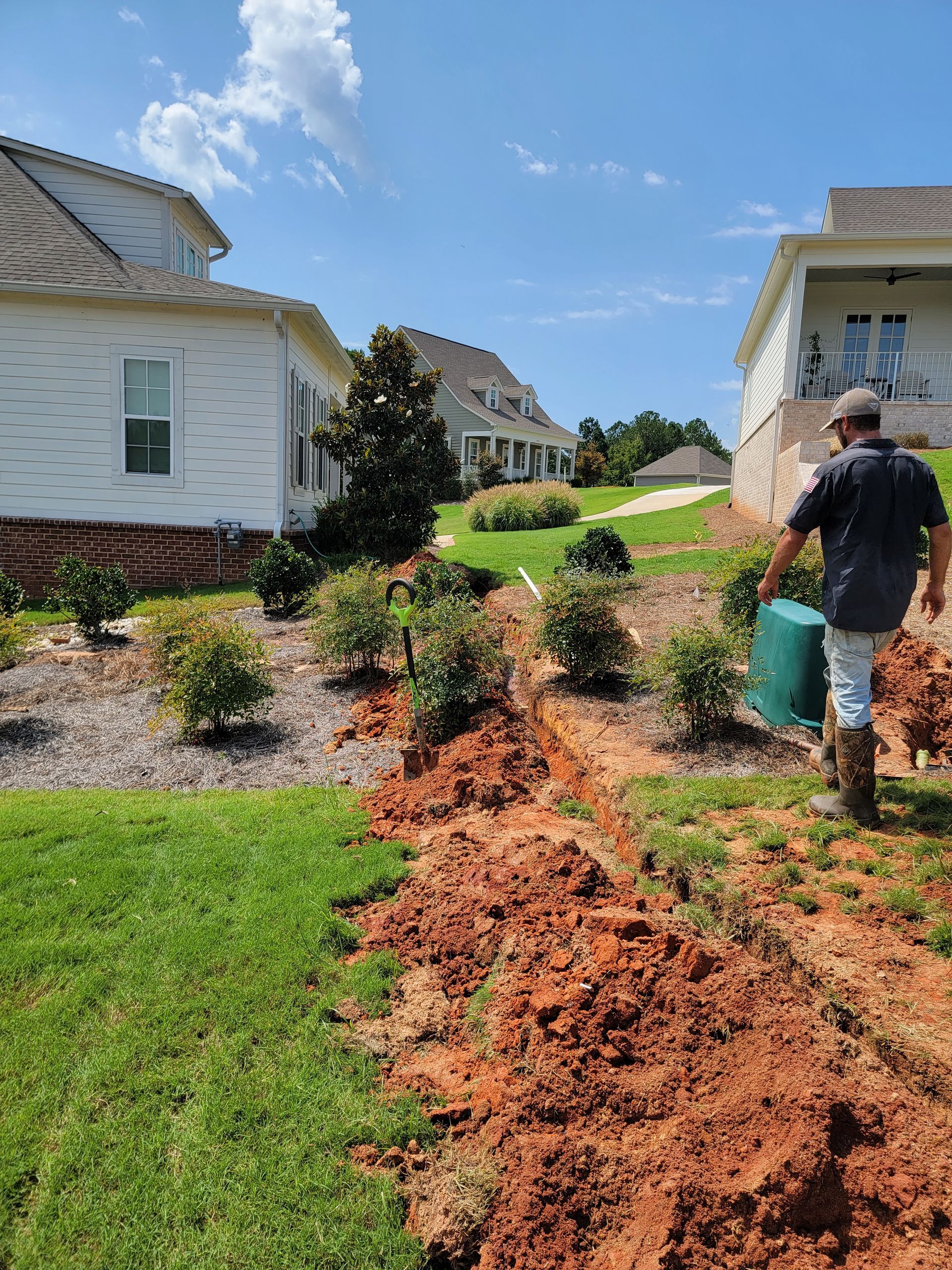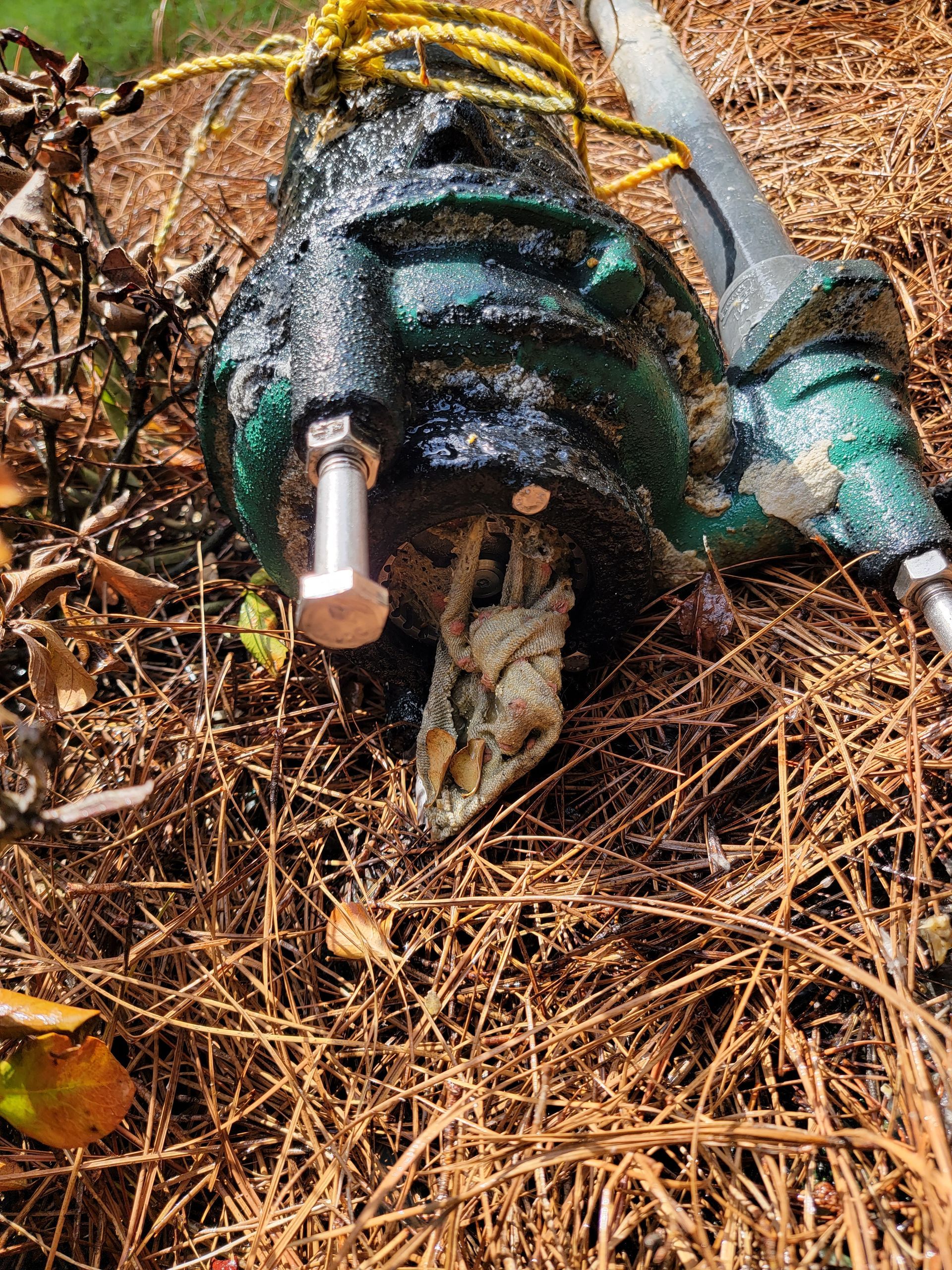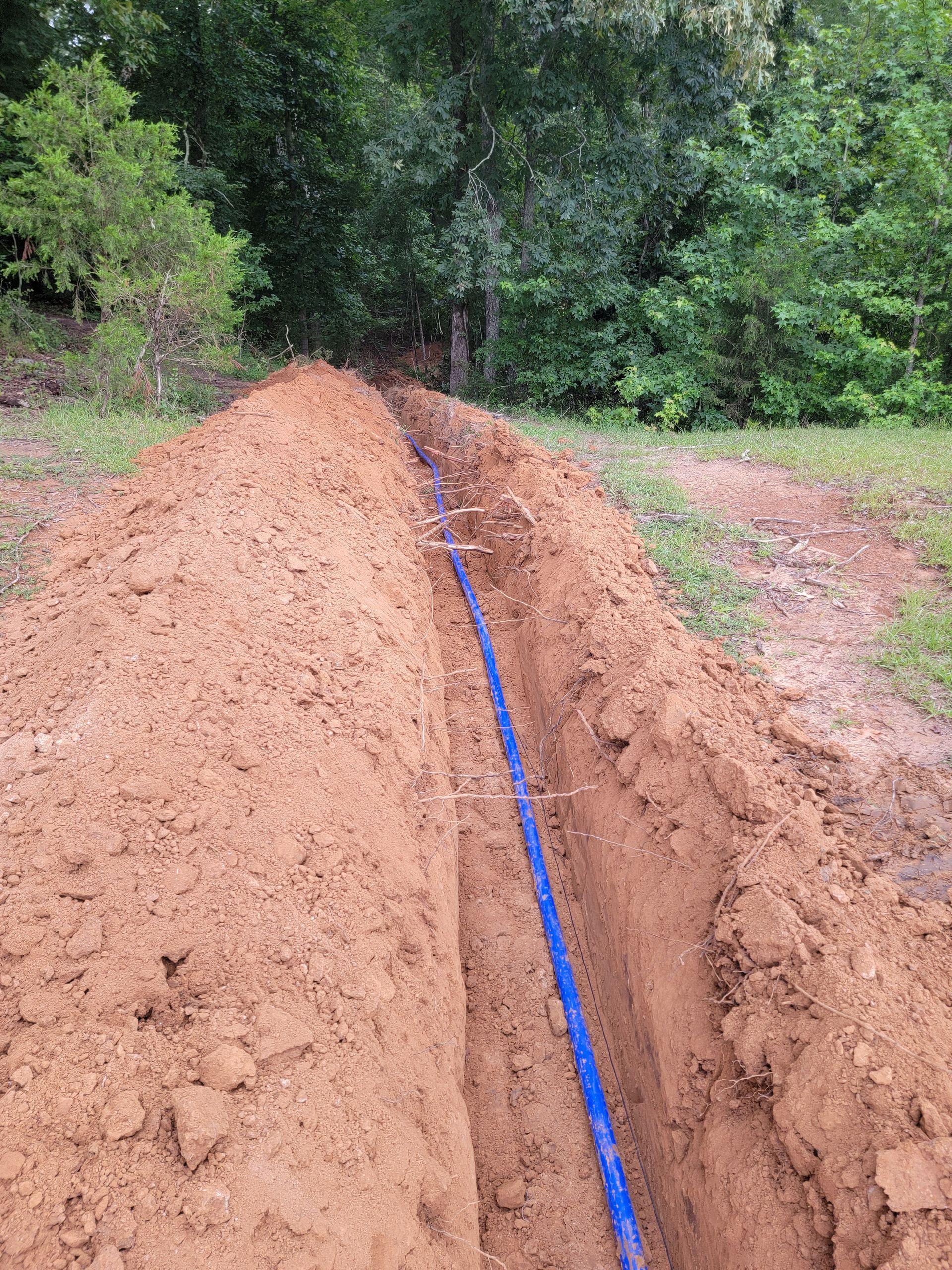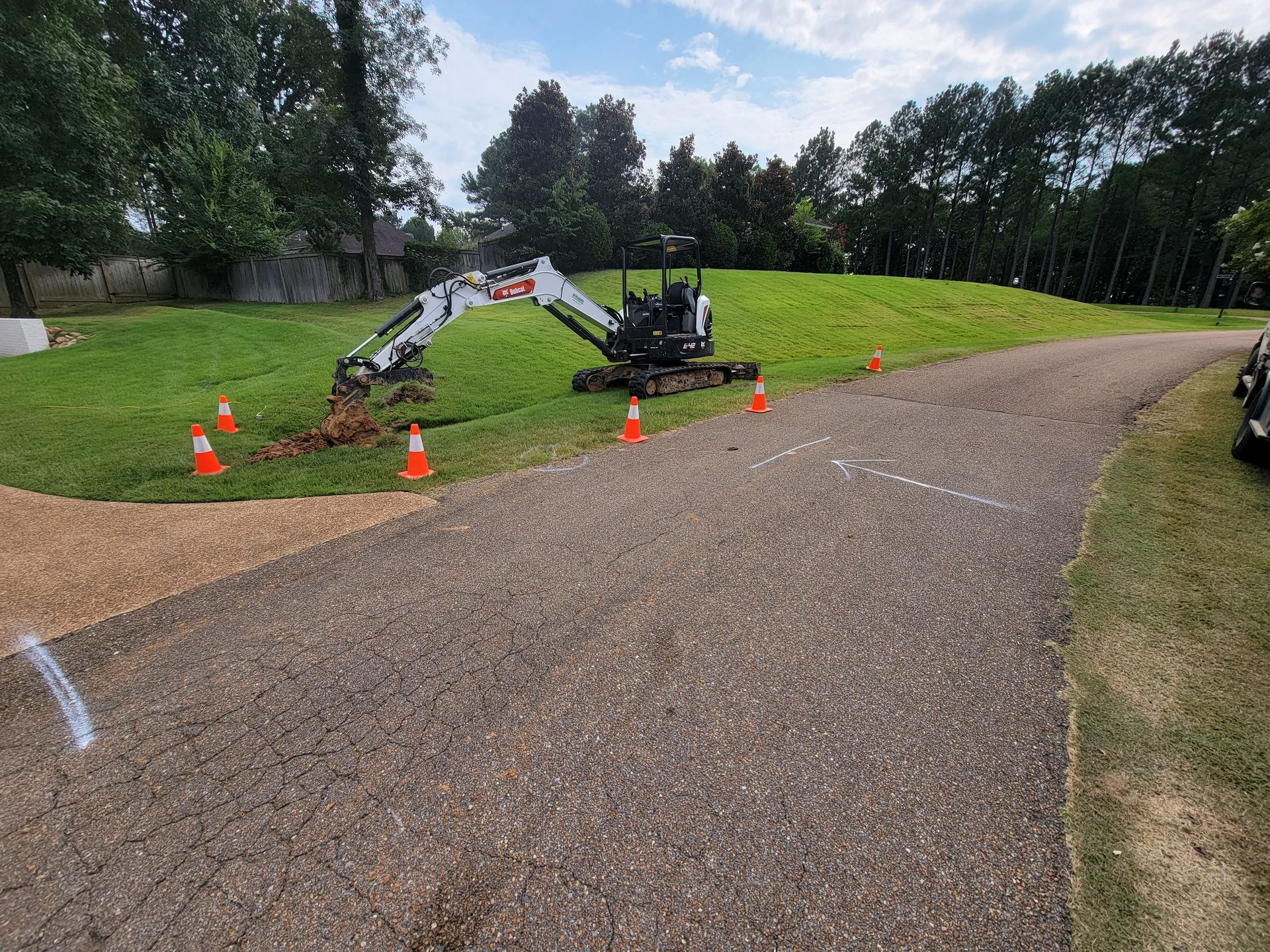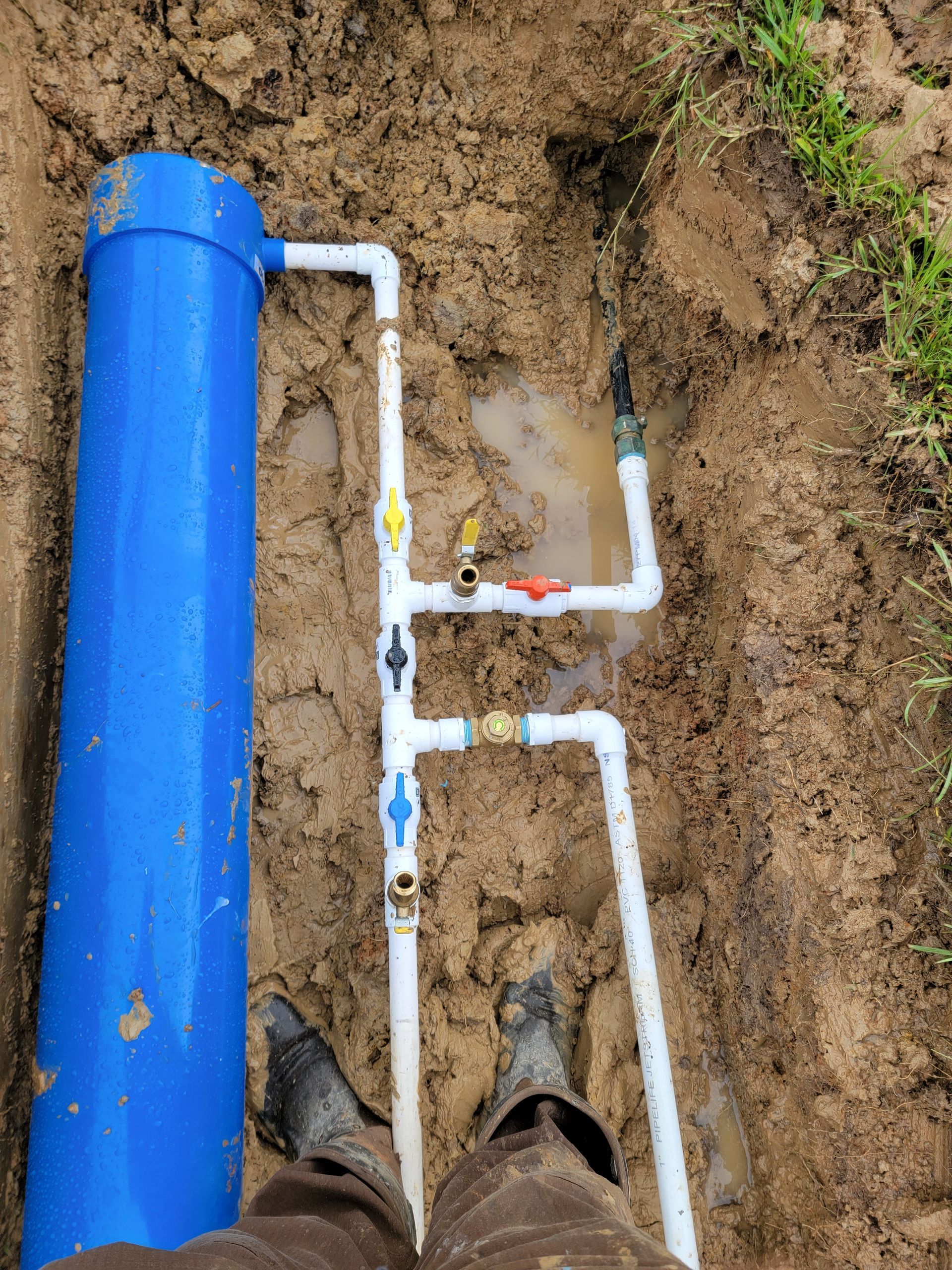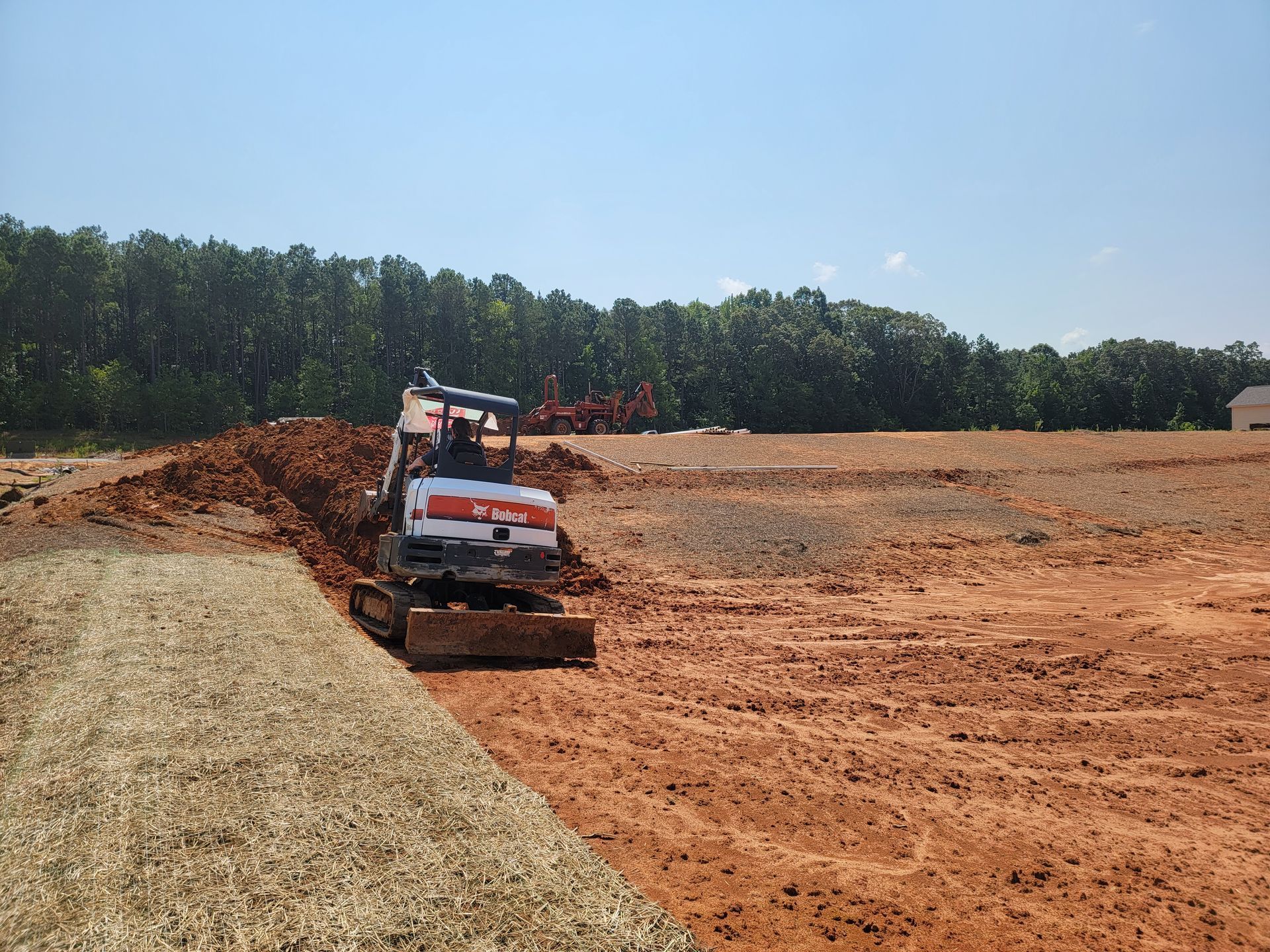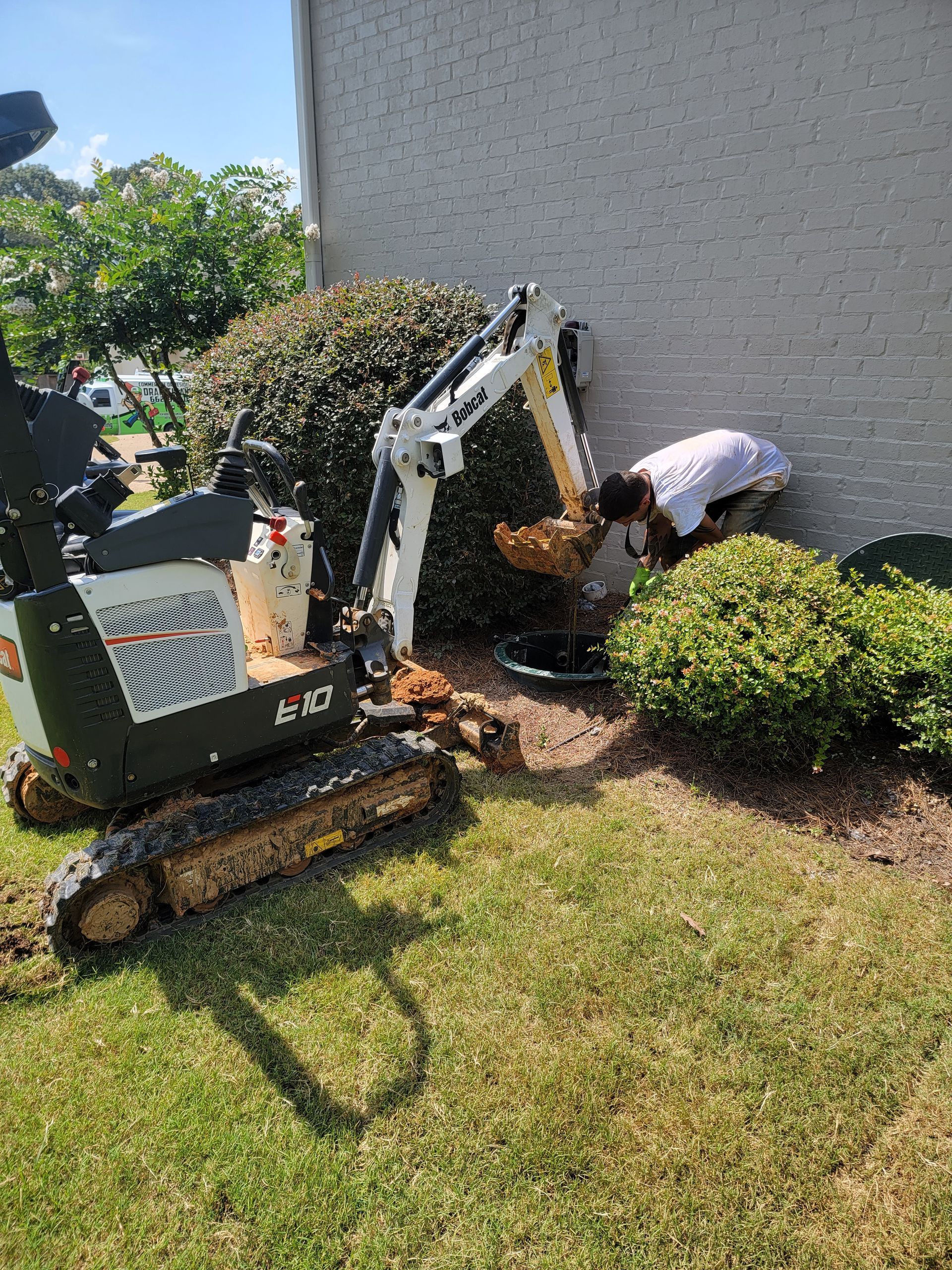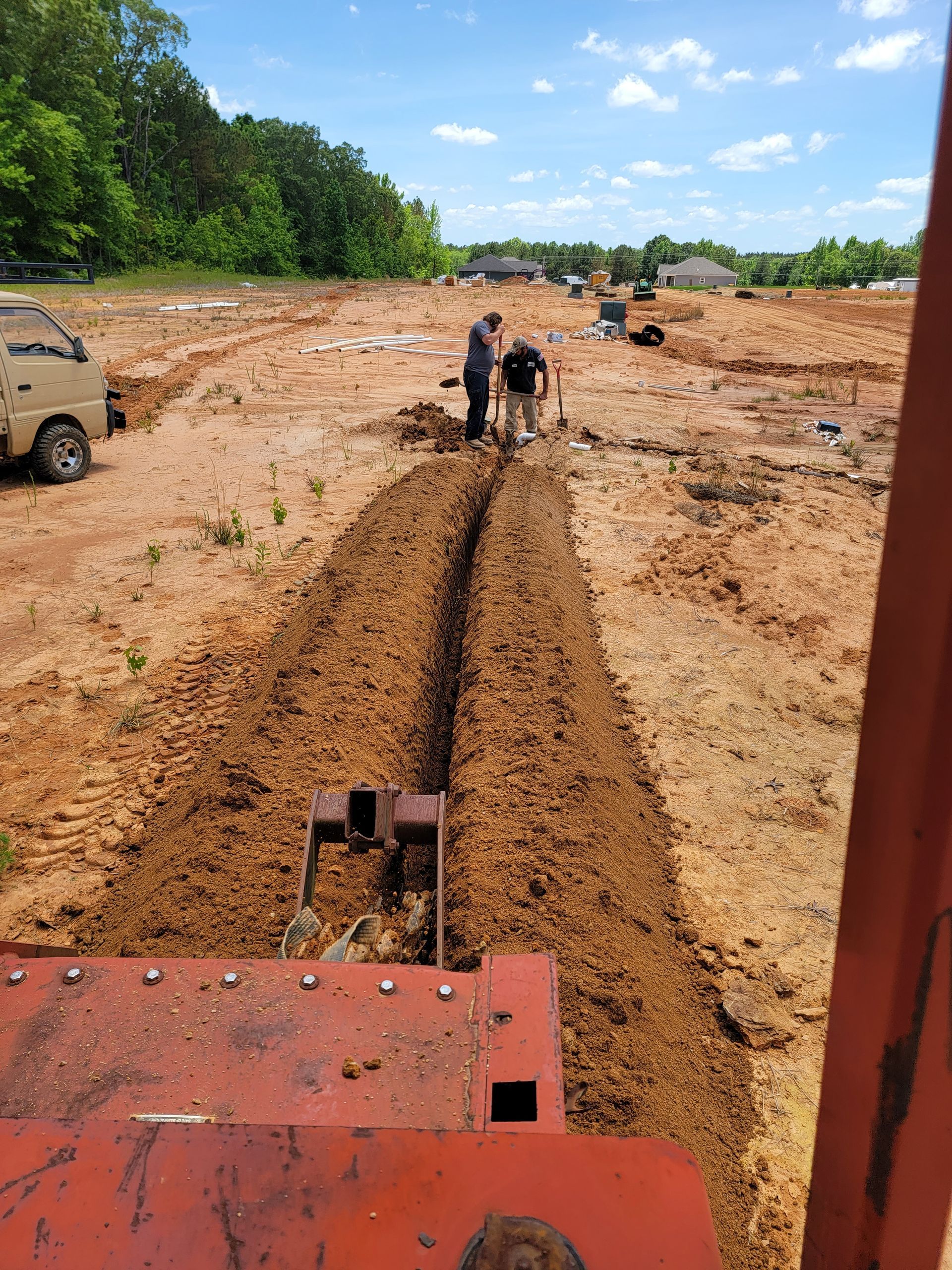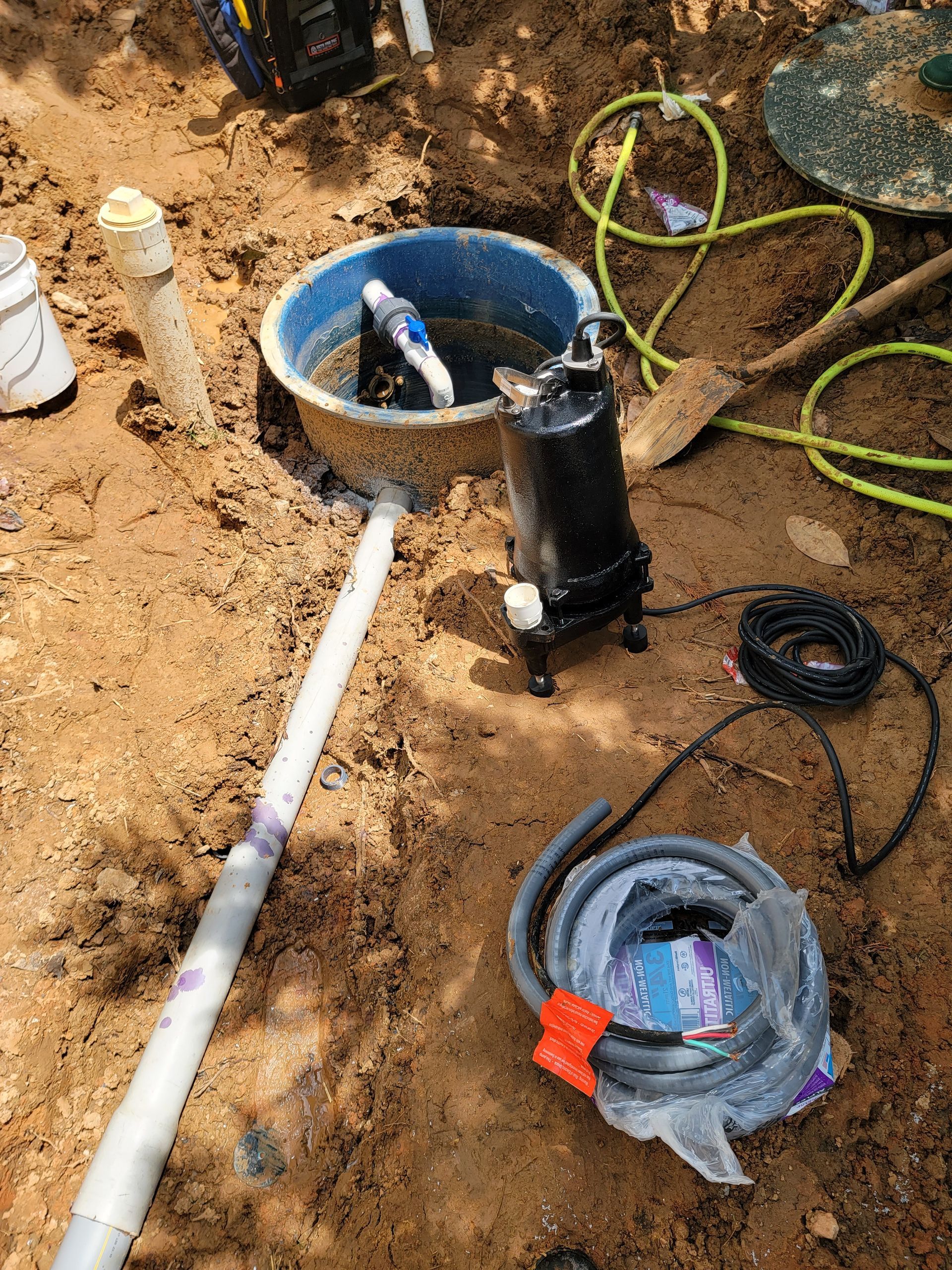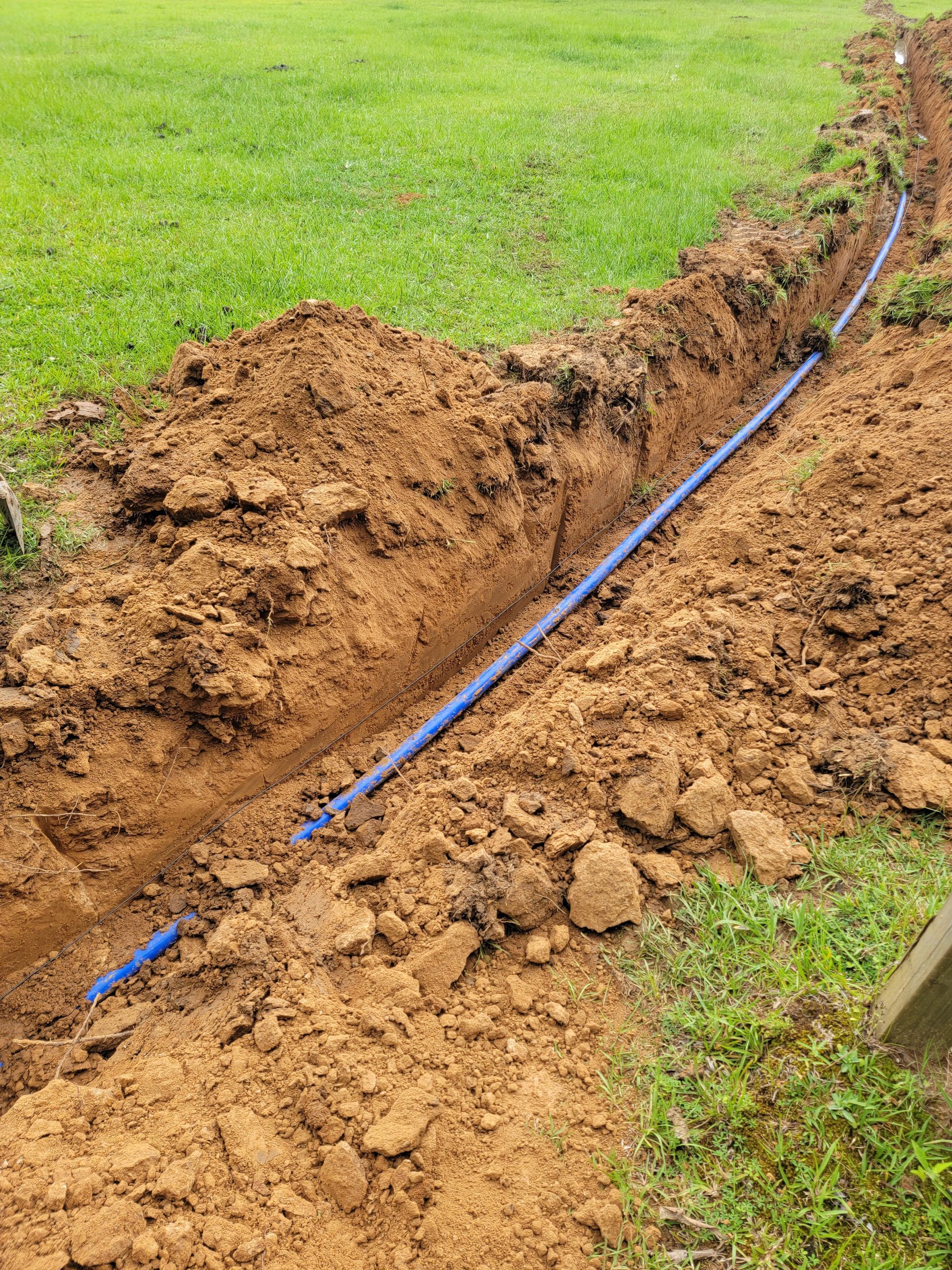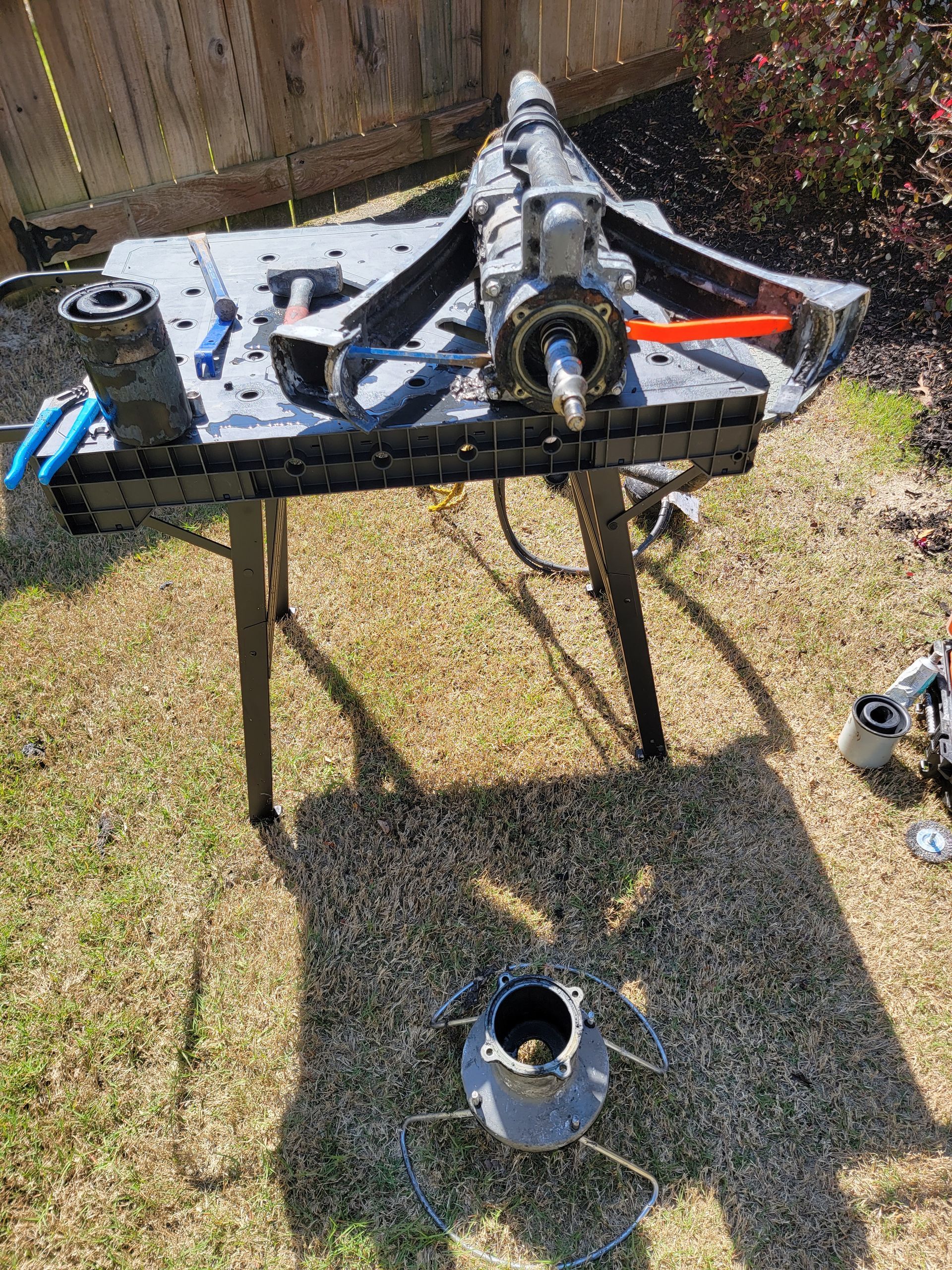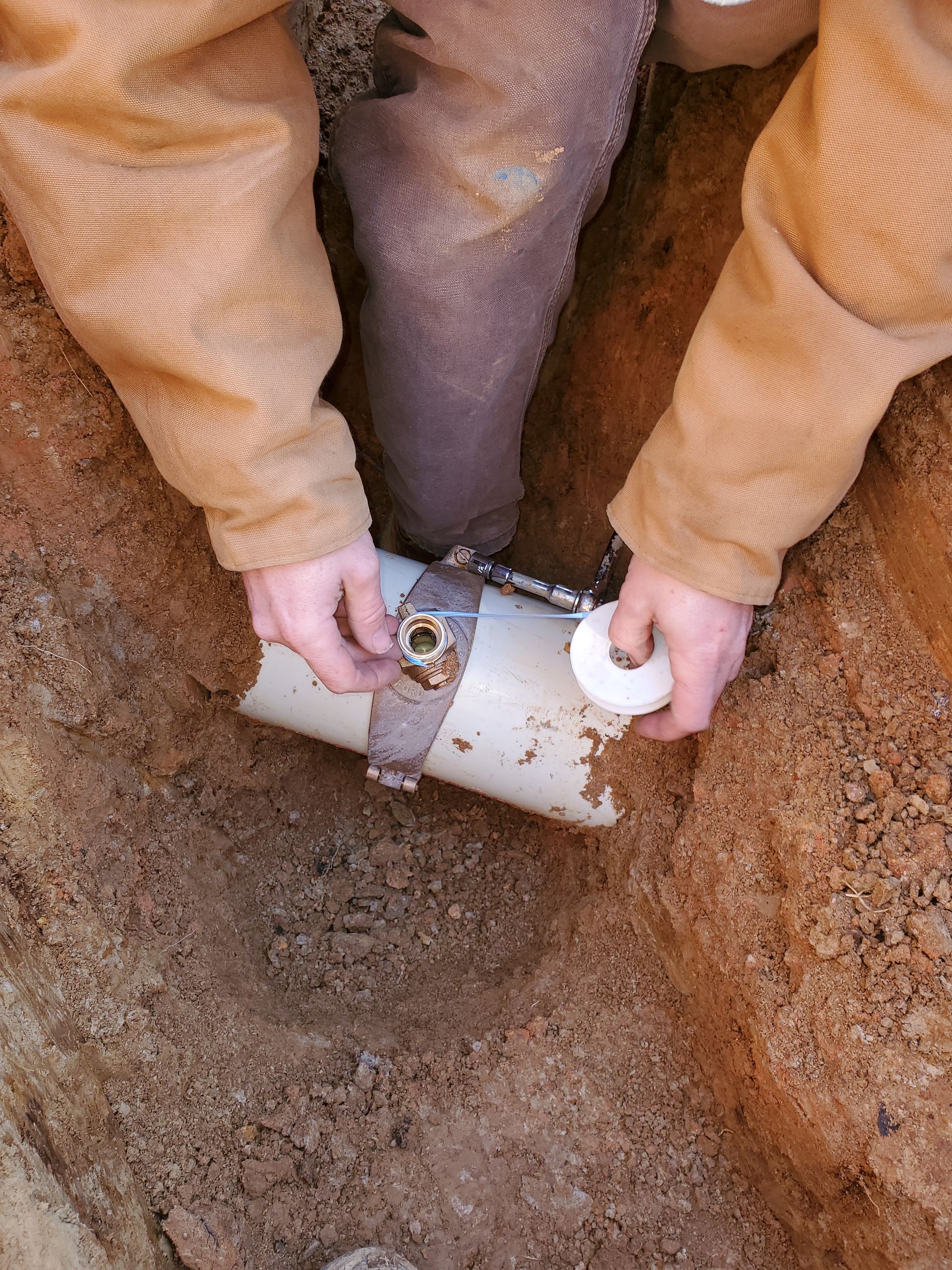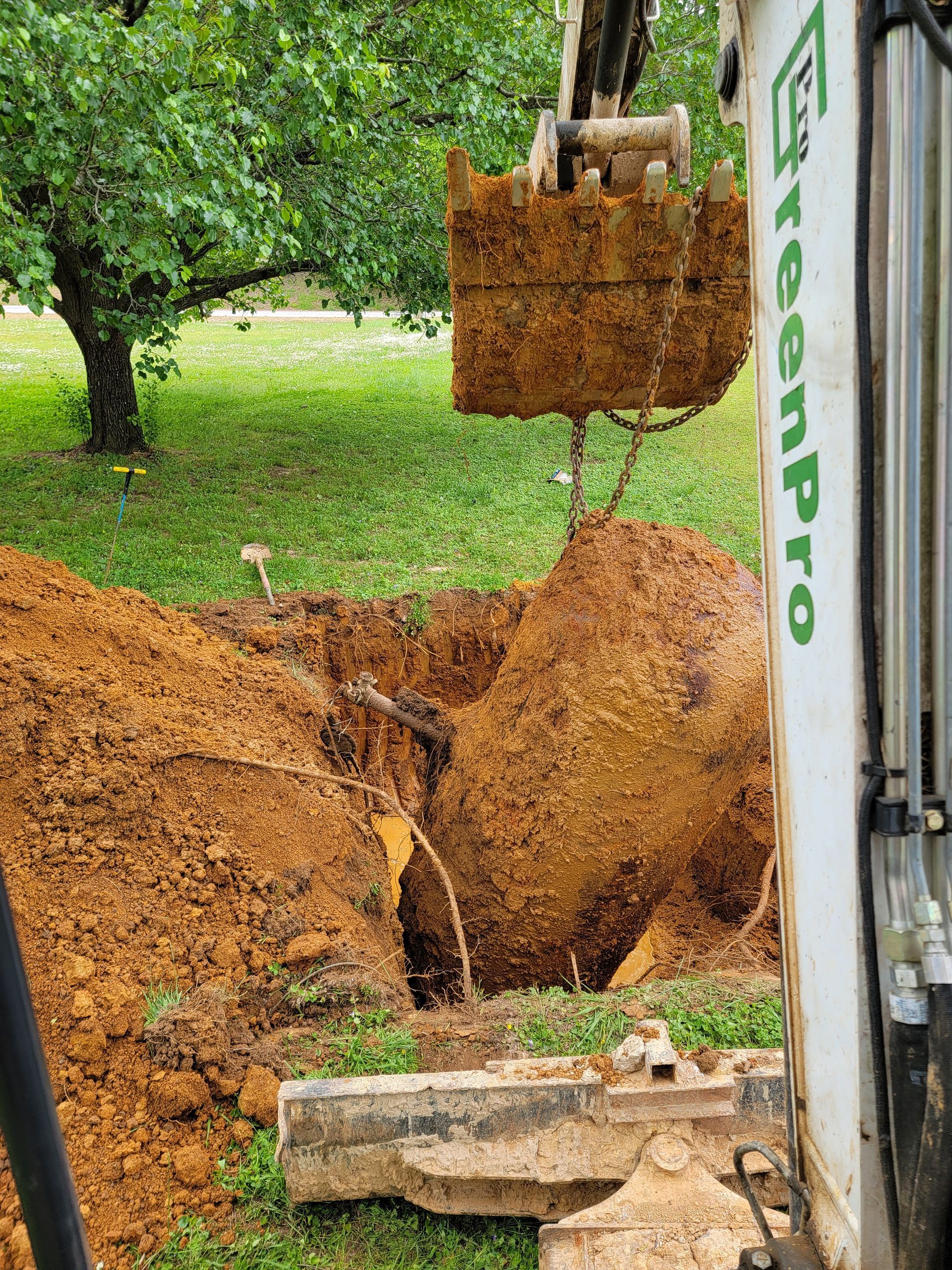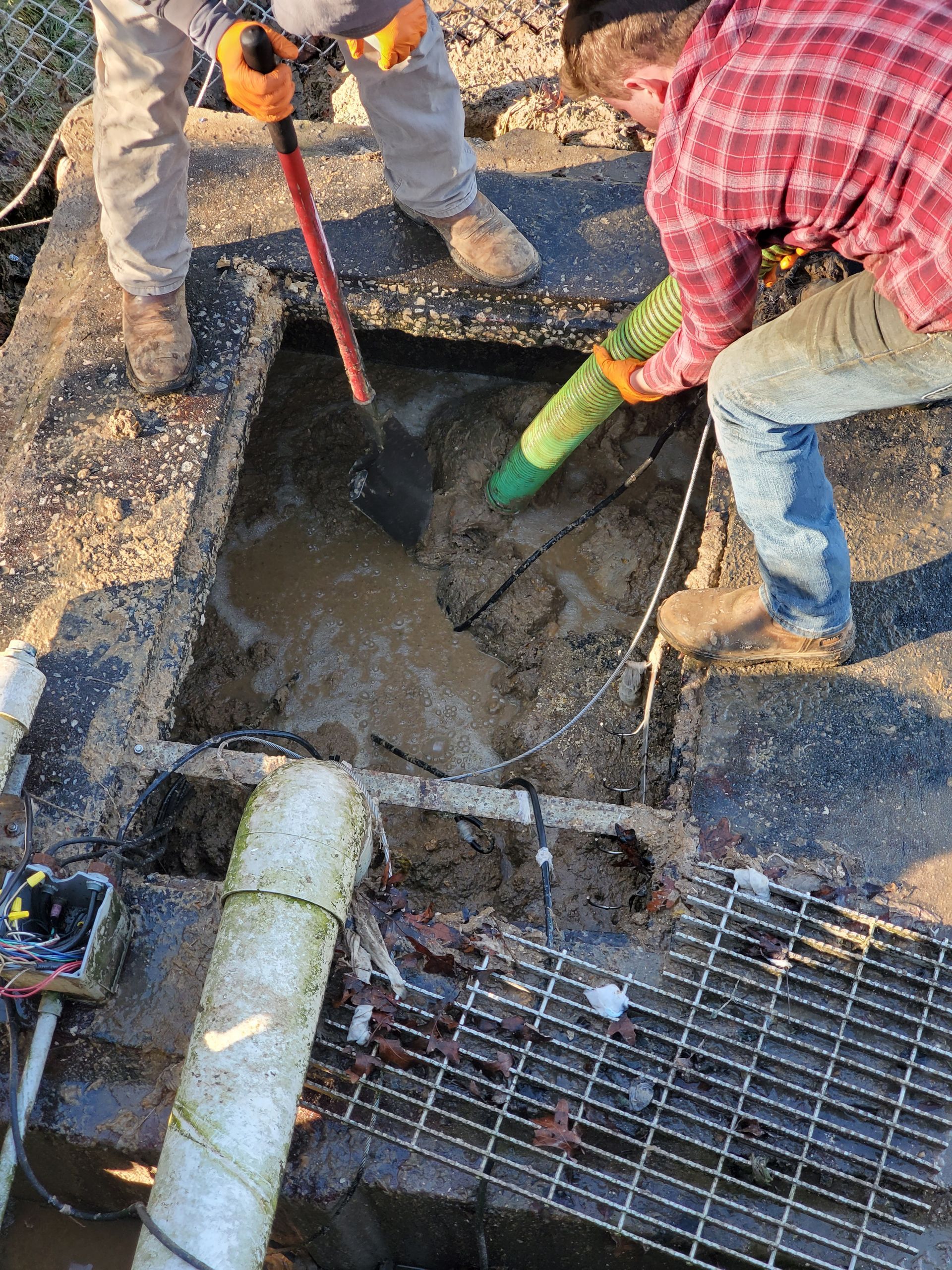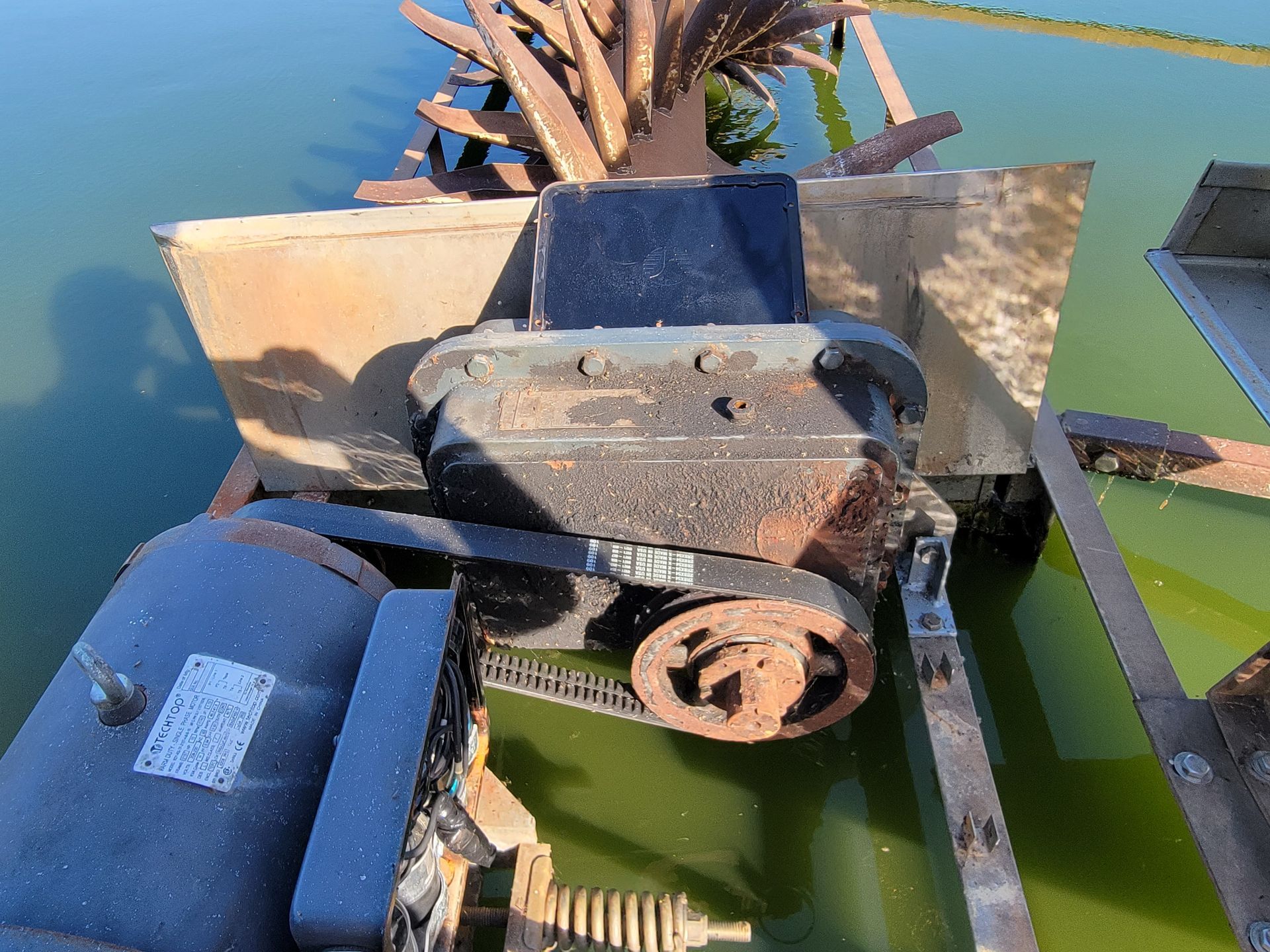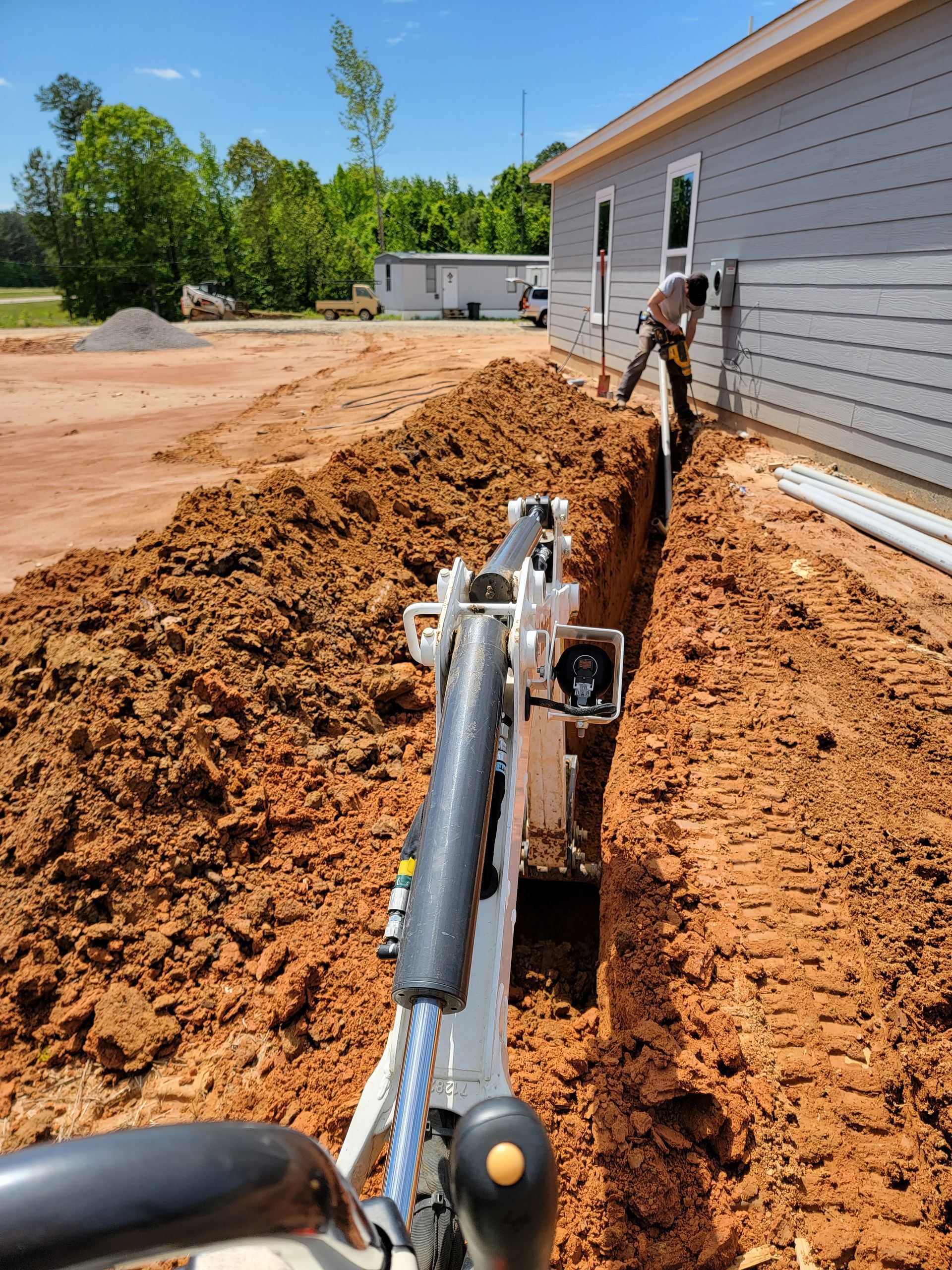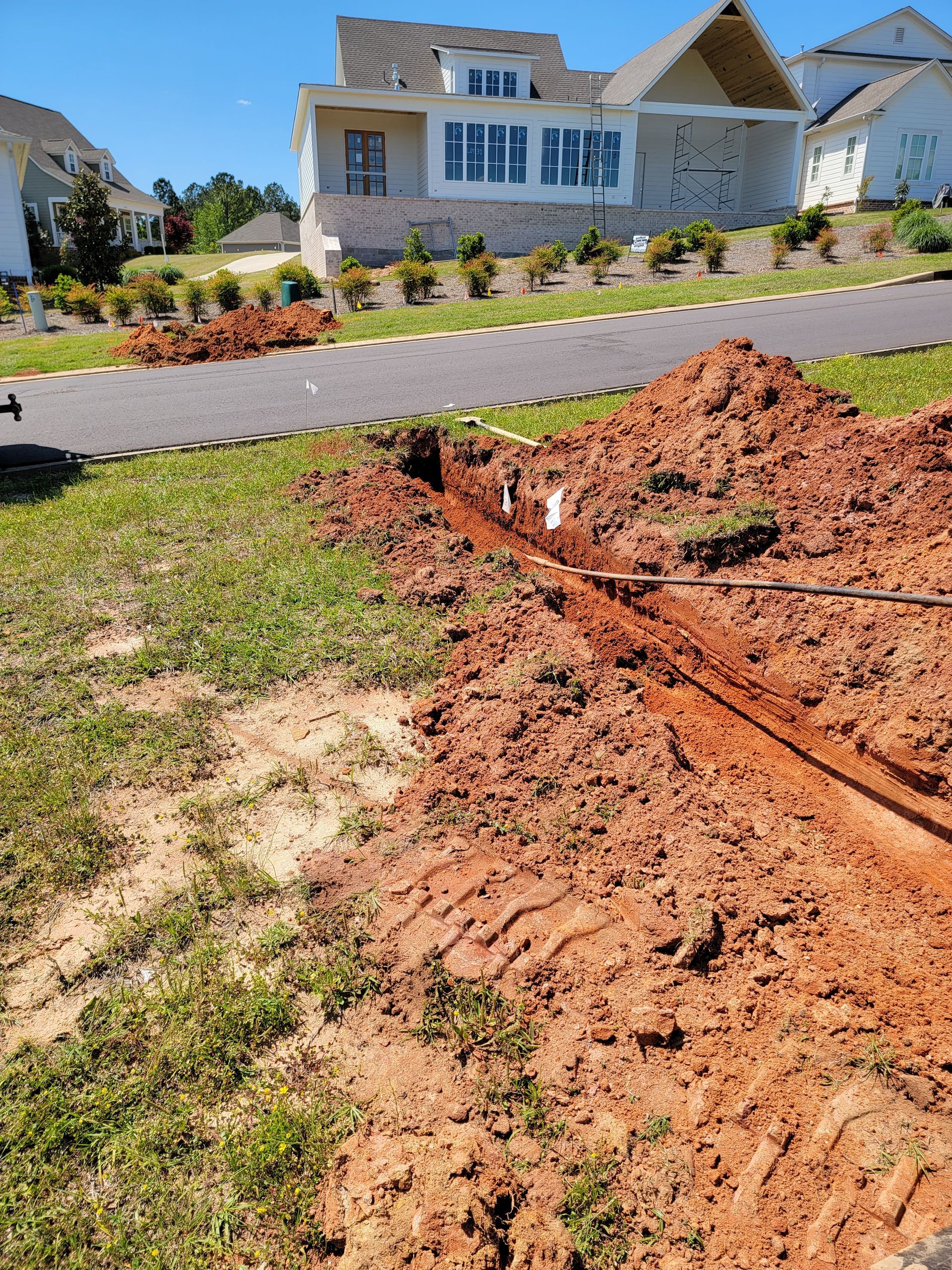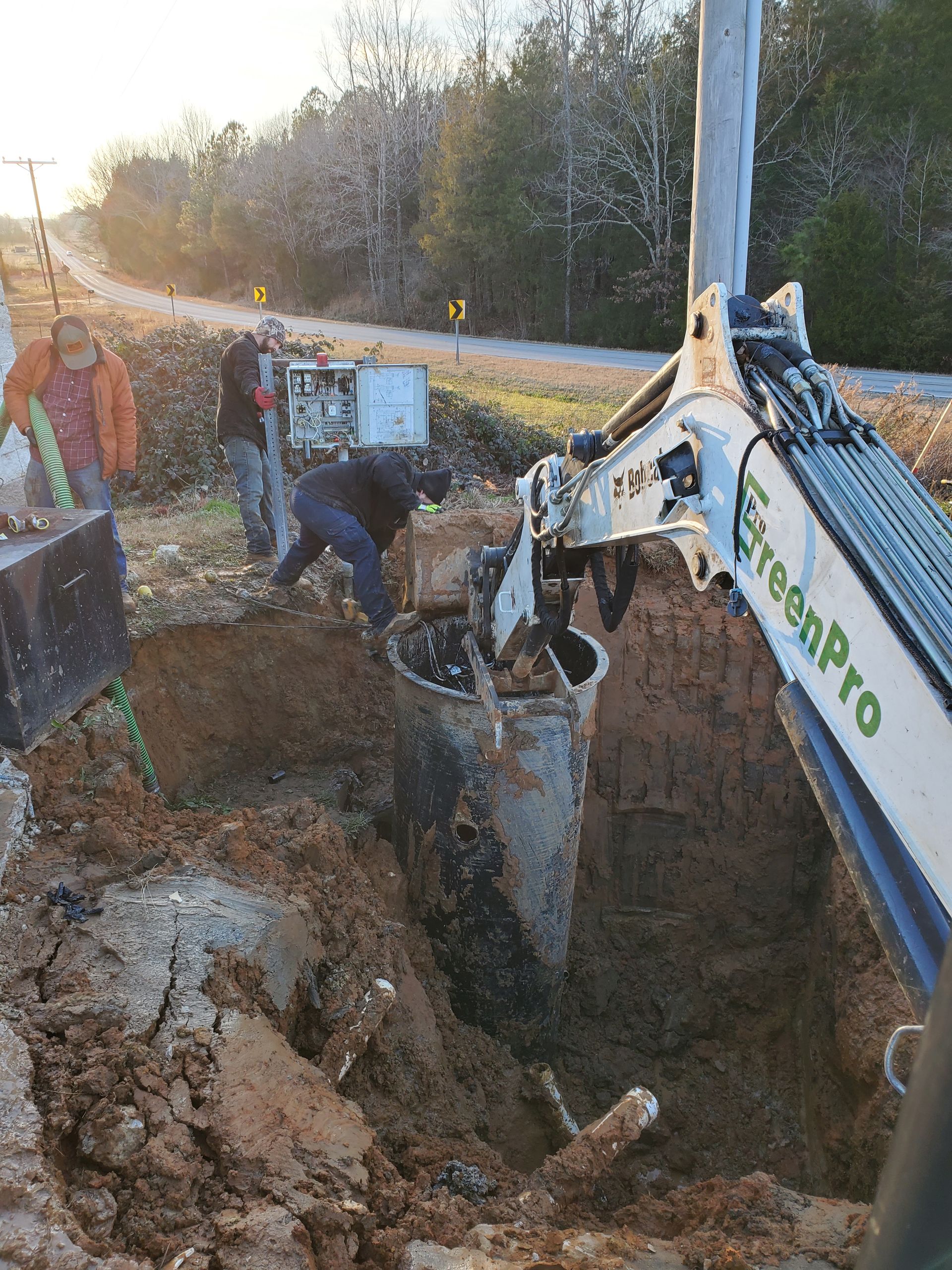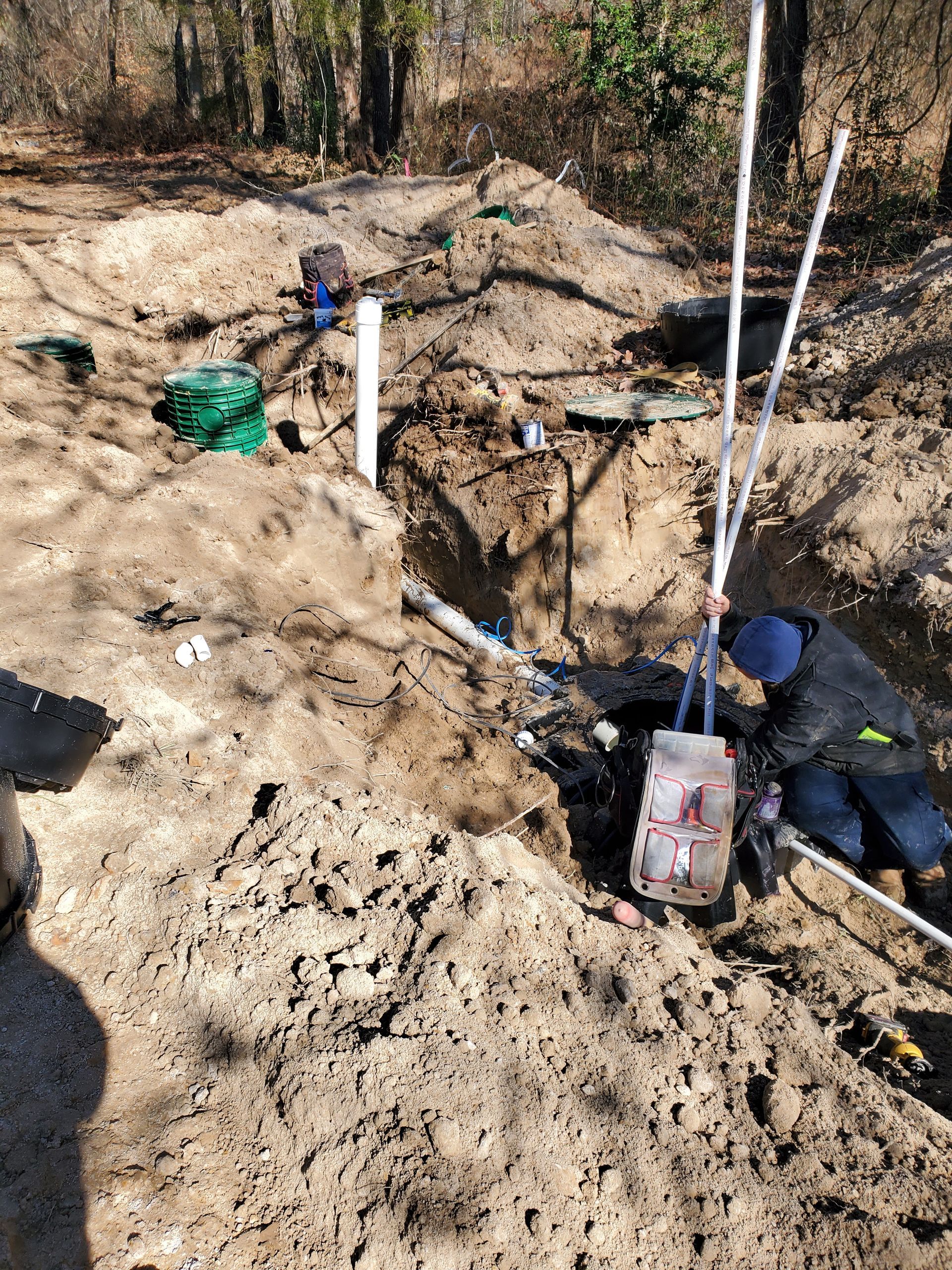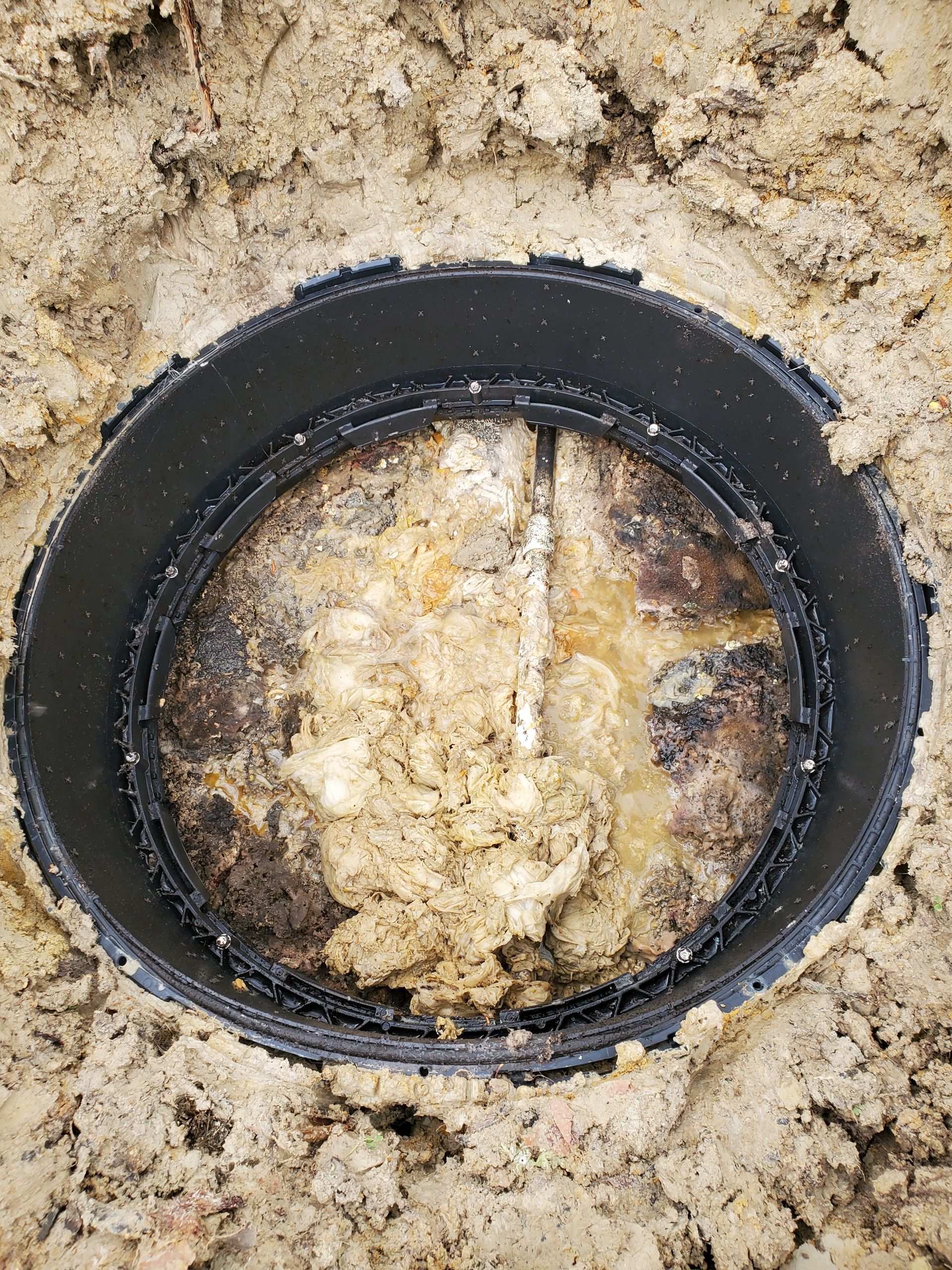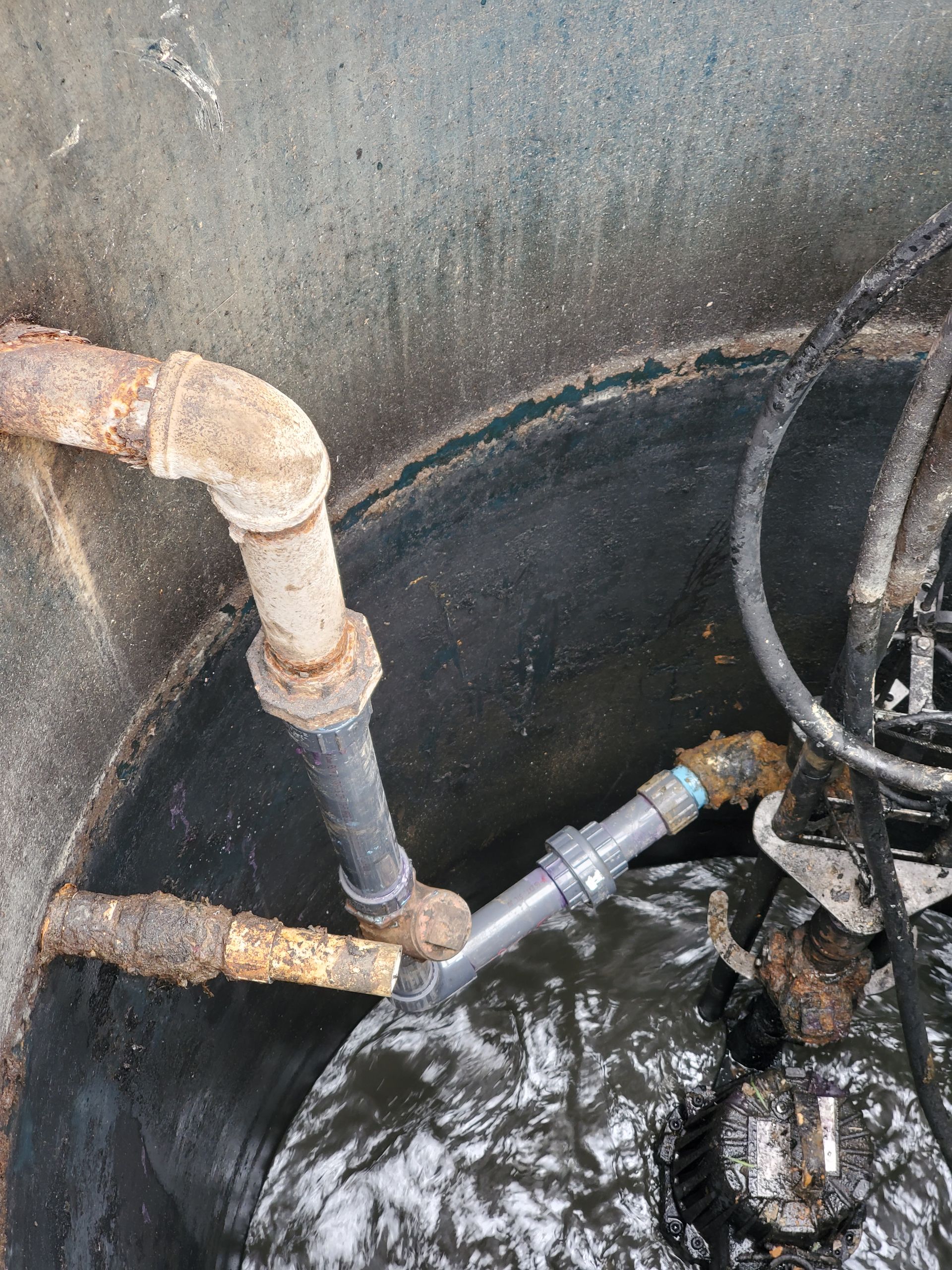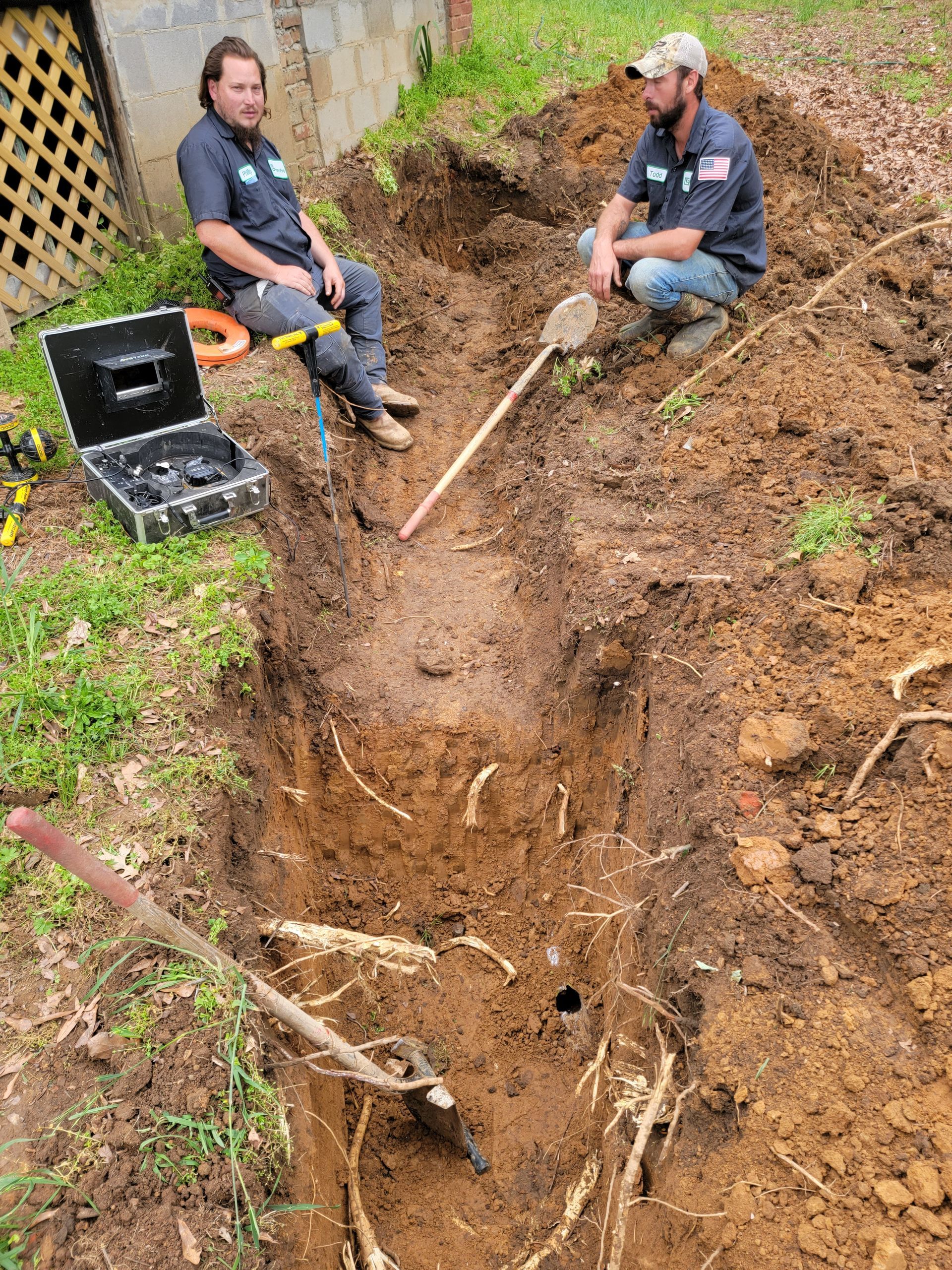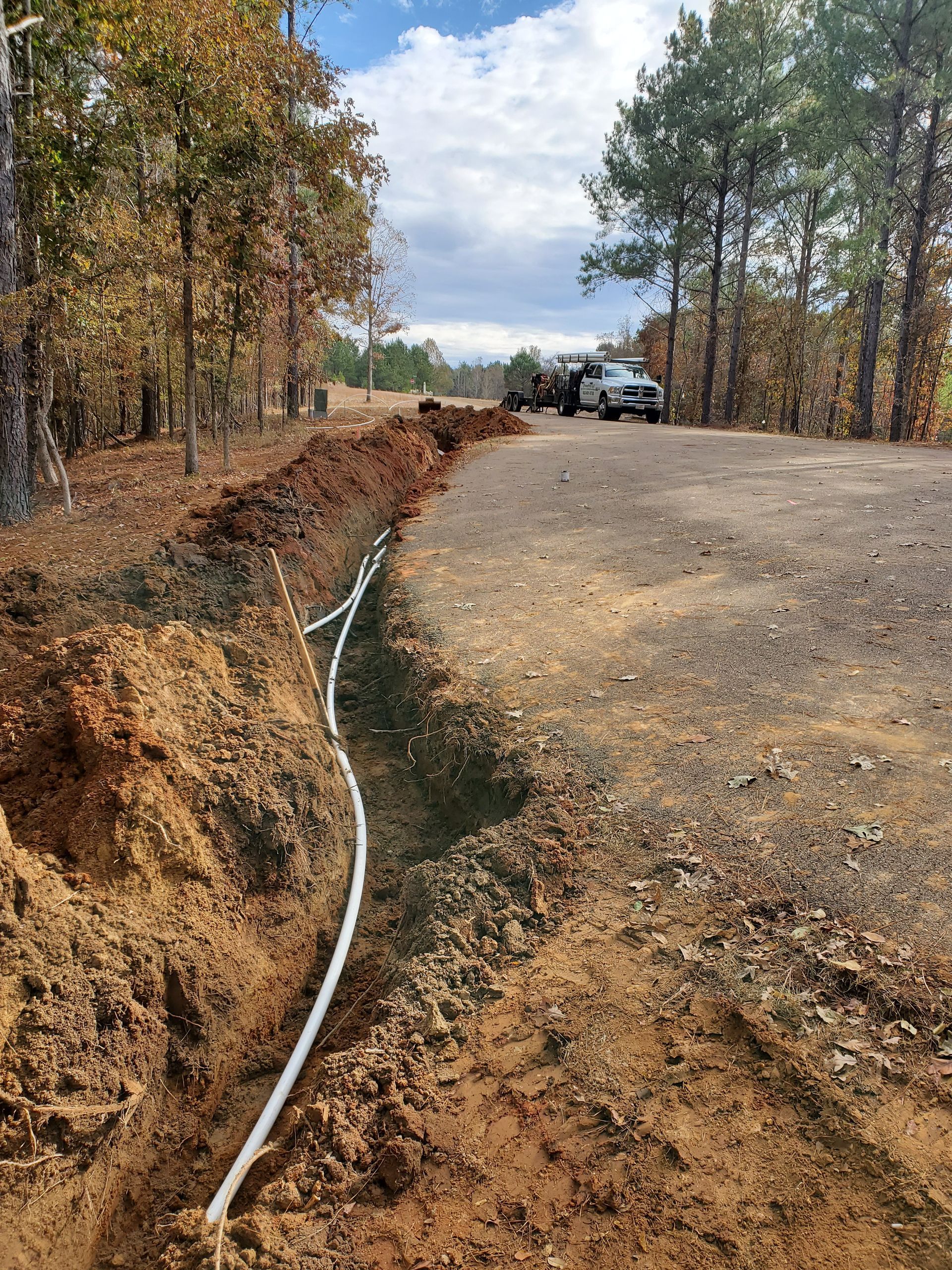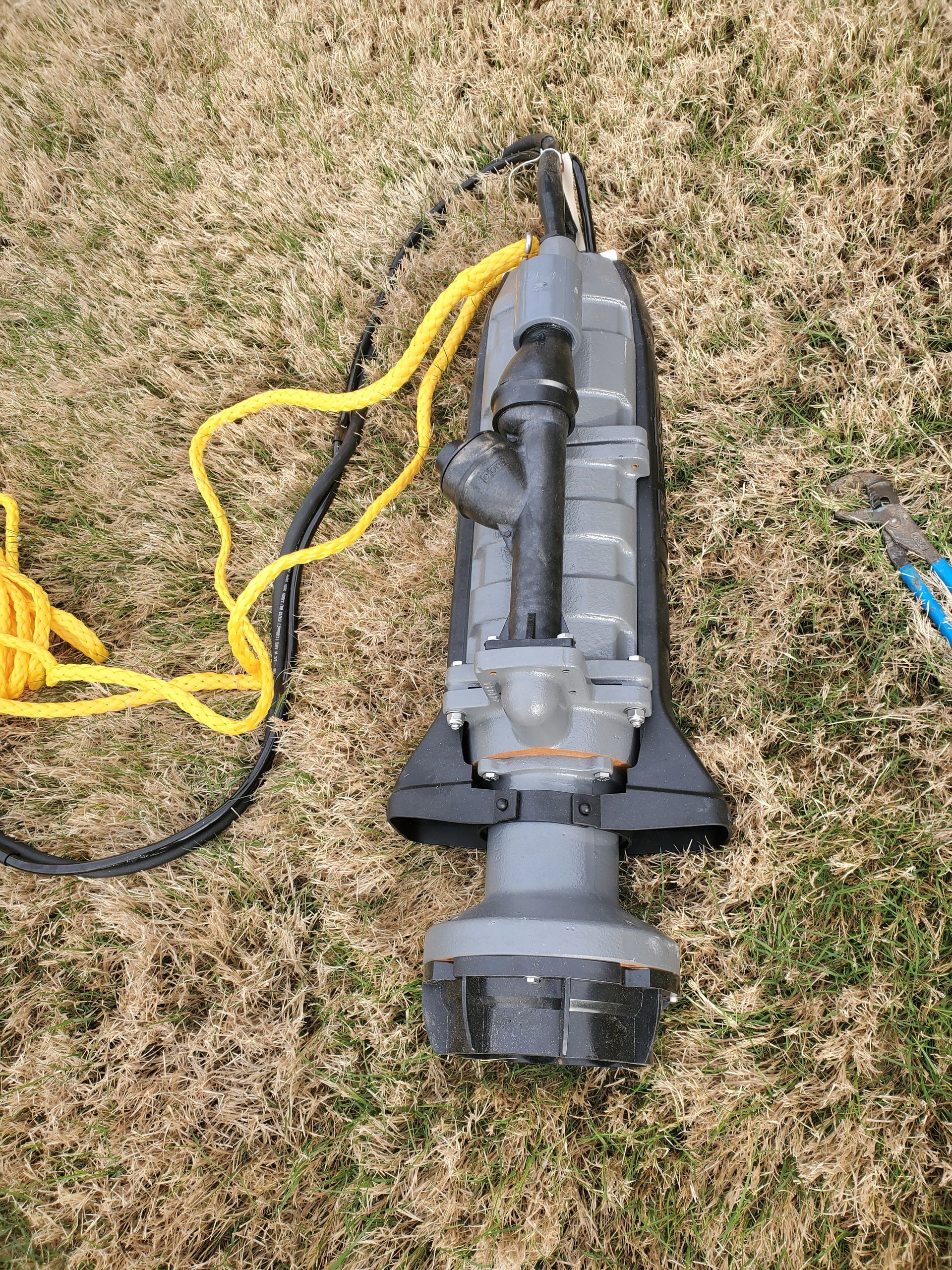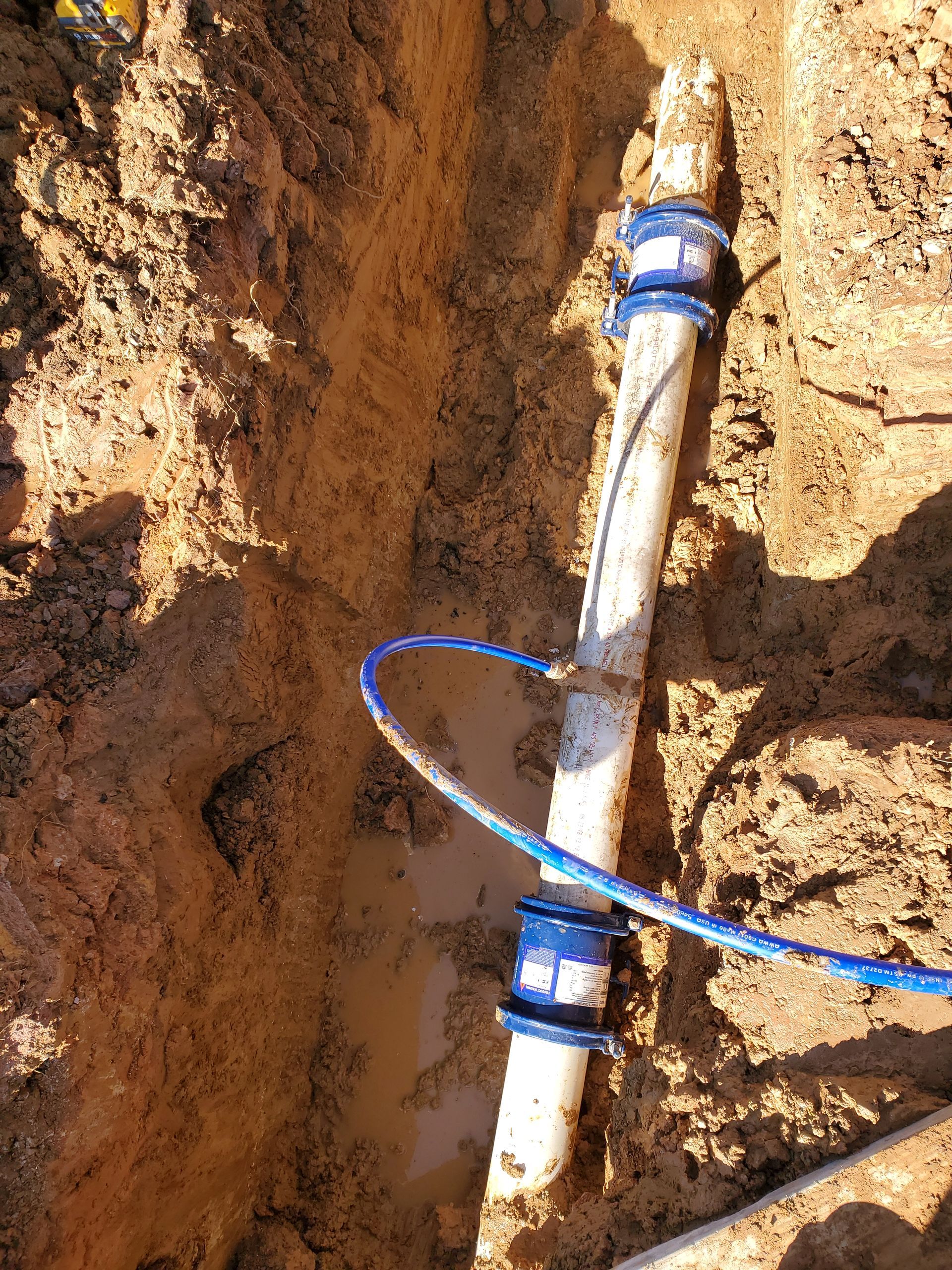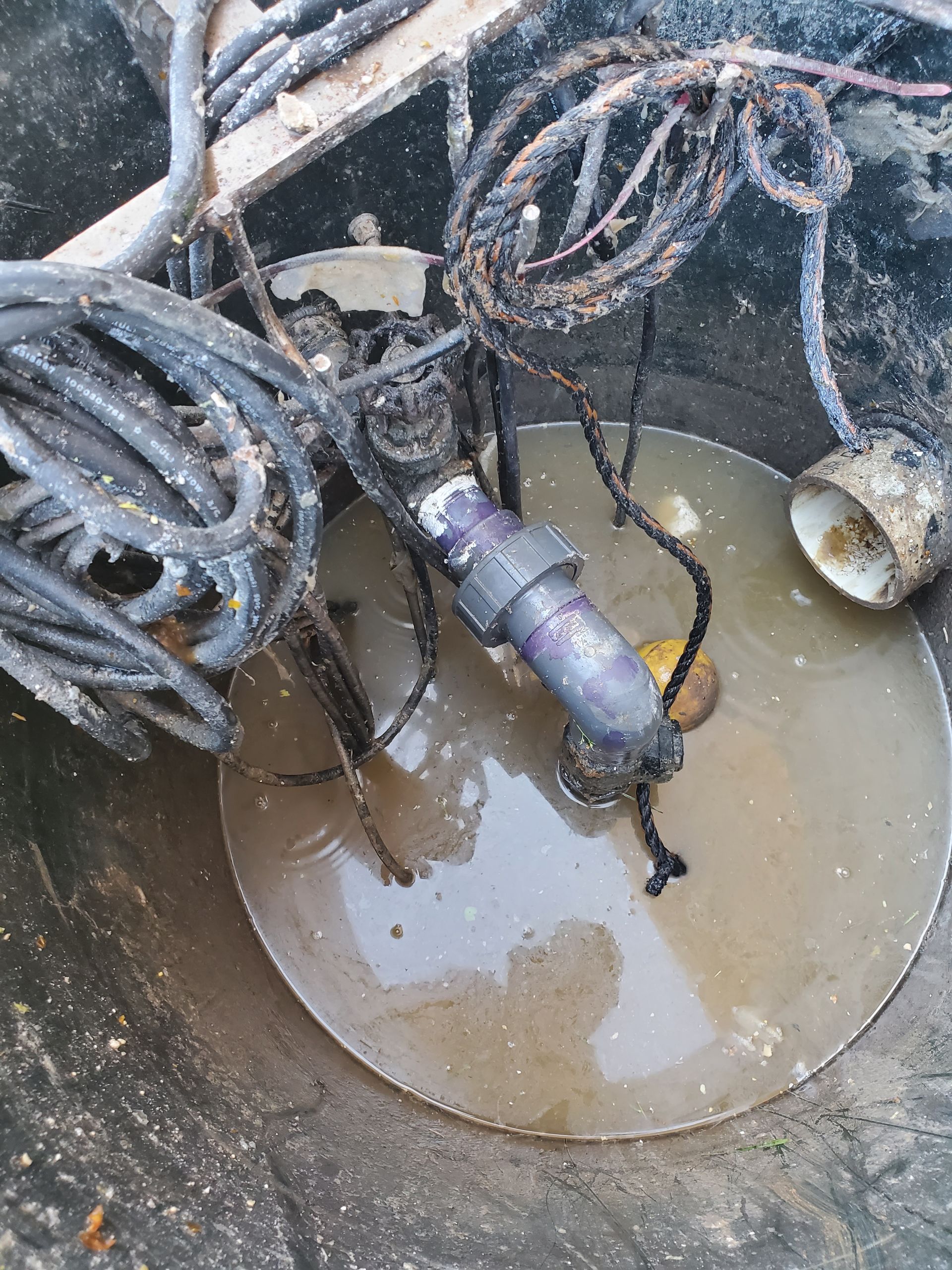How it Works and Why it’s Important
A conventional septic system is a type of on-site wastewater treatment system that is commonly used in areas where municipal sewer systems are not available. It is a simple and effective way of treating and disposing of household wastewater in a safe and environmentally friendly manner.
Components of a Conventional Septic System
A conventional septic system consists of three primary components: the septic tank, the drain field, and the soil. Each component plays a crucial role in the treatment and disposal of household wastewater.
The septic tank is the first component in the system. It is an underground, watertight container made of concrete, fiberglass, or plastic. The septic tank receives all of the household wastewater from toilets, sinks, and other plumbing fixtures. Once inside the tank, the wastewater separates into three distinct layers: scum, effluent, and sludge. The scum layer consists of oils, grease, and fats that float to the top of the tank. The sludge layer is made up of heavy solids that sink to the bottom of the tank. The effluent layer is the clear liquid that sits in the middle.
After the wastewater has been separated in the septic tank, the effluent is discharged into the drain field. The drain field is a series of perforated pipes that are buried in trenches in the soil. The effluent is evenly distributed through the pipes and into the soil, where it is further treated by natural bacteria and microorganisms. The soil acts as a filter, removing harmful bacteria and other contaminants from the effluent as it passes through.
How a Conventional Septic System Works
A conventional septic system works by breaking down and treating household wastewater in a series of natural processes. When wastewater enters the septic tank, it is separated into three layers. The solids and scum are trapped in the tank while the effluent is released into the drain field. Once in the drain field, the effluent is treated by natural bacteria and microorganisms in the soil. The soil acts as a filter, removing harmful bacteria and other contaminants from the effluent as it passes through.
The Importance of a Conventional Septic System
A conventional septic system is an essential component of any property that is not connected to a municipal sewer system. It provides a safe and effective way of treating and disposing of household wastewater in a way that protects the environment and public health.
A properly functioning septic system helps to prevent the contamination of groundwater, which is a critical source of drinking water for many people. It also helps to prevent the spread of diseases and other harmful contaminants that can be present in untreated wastewater.
Conclusion
A conventional septic system is a simple and effective way of treating and disposing of household wastewater in a safe and environmentally friendly manner. Understanding how it works and why it's important is crucial for anyone who owns or operates a property that is not connected to a municipal sewer system. Regular maintenance, including regular pumping and inspections, is necessary to ensure the system continues to function properly and protect the environment and public health.
Fill out our 'soft-pull' finance application (that does not hurt your credit), and we'll be glad to help! After submitting the application, you can expect to hear back from us within 48 hours to discuss your options.

Easy application, get approved in minutes

No-interest, no-payment plans for up to 18 months

Explore financing options without impacting your credit

Easily manage your account and make payments online
